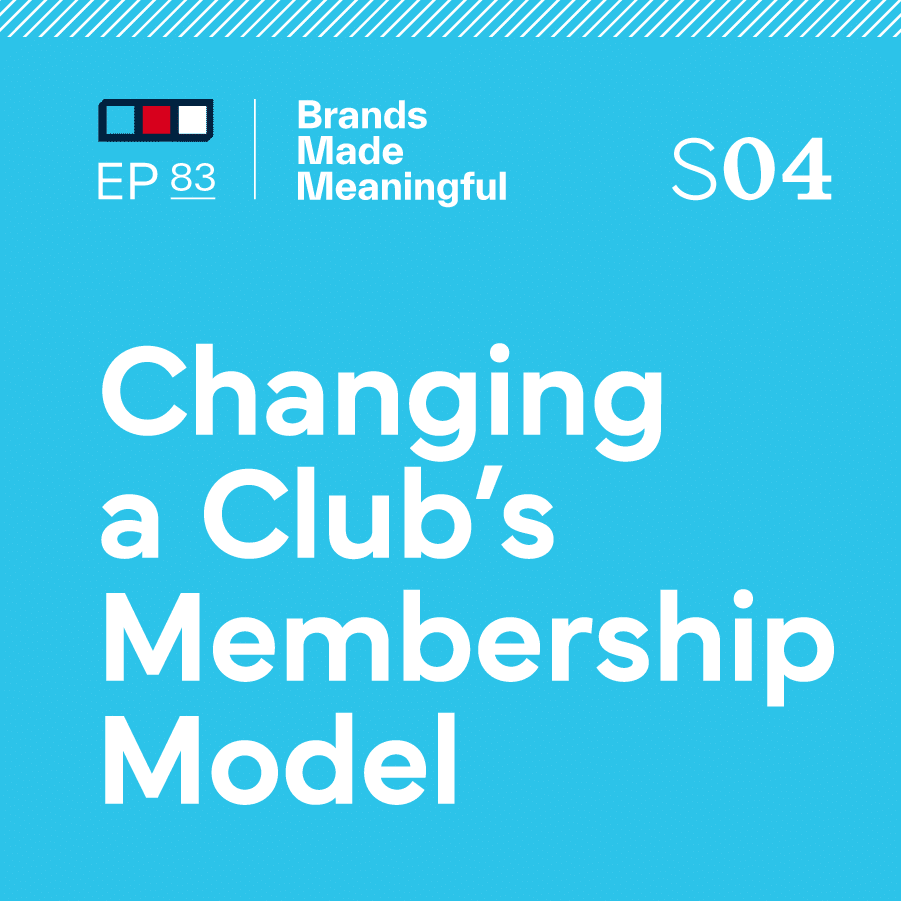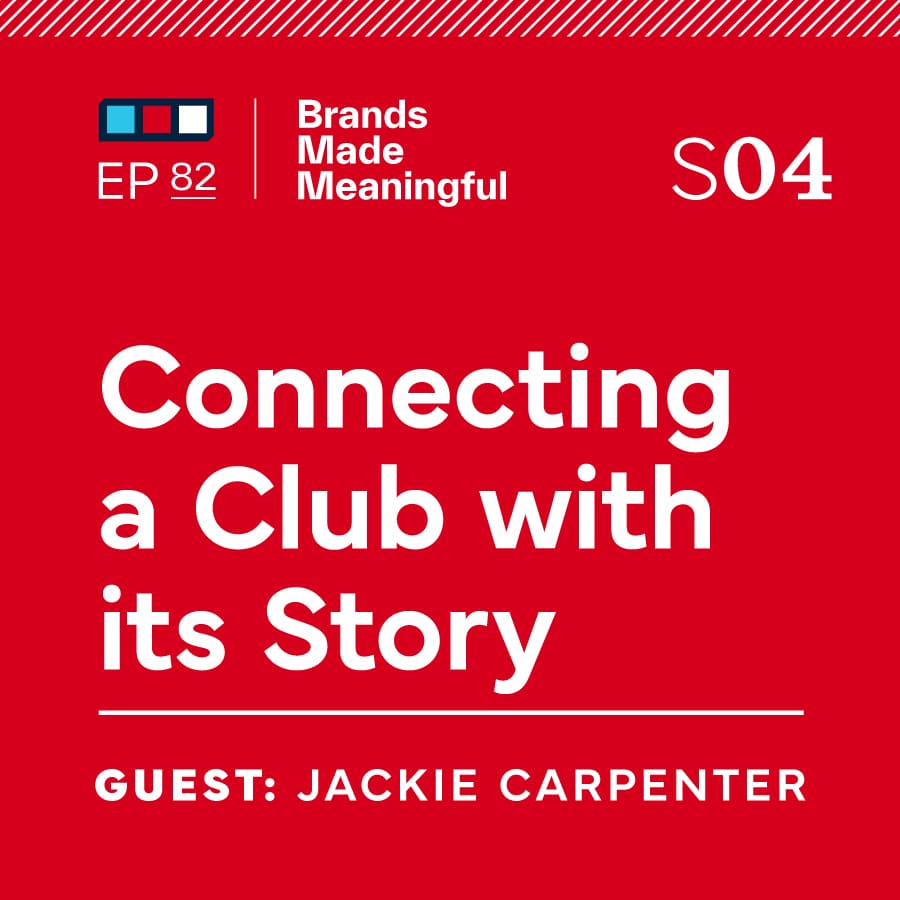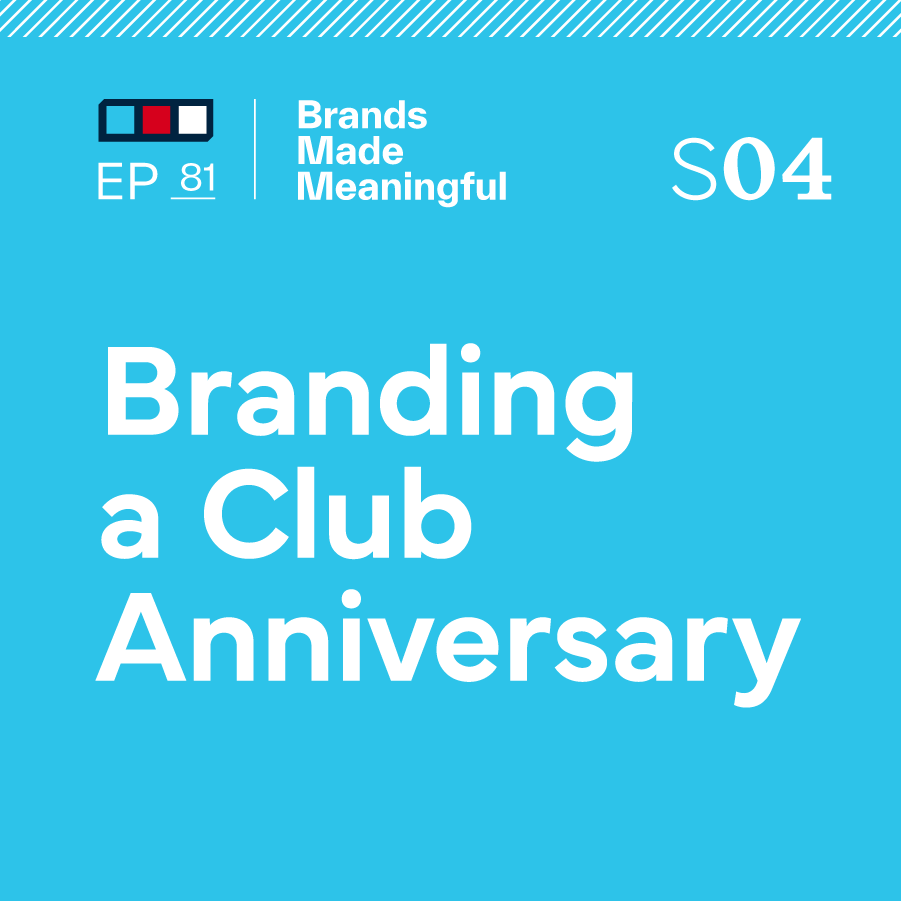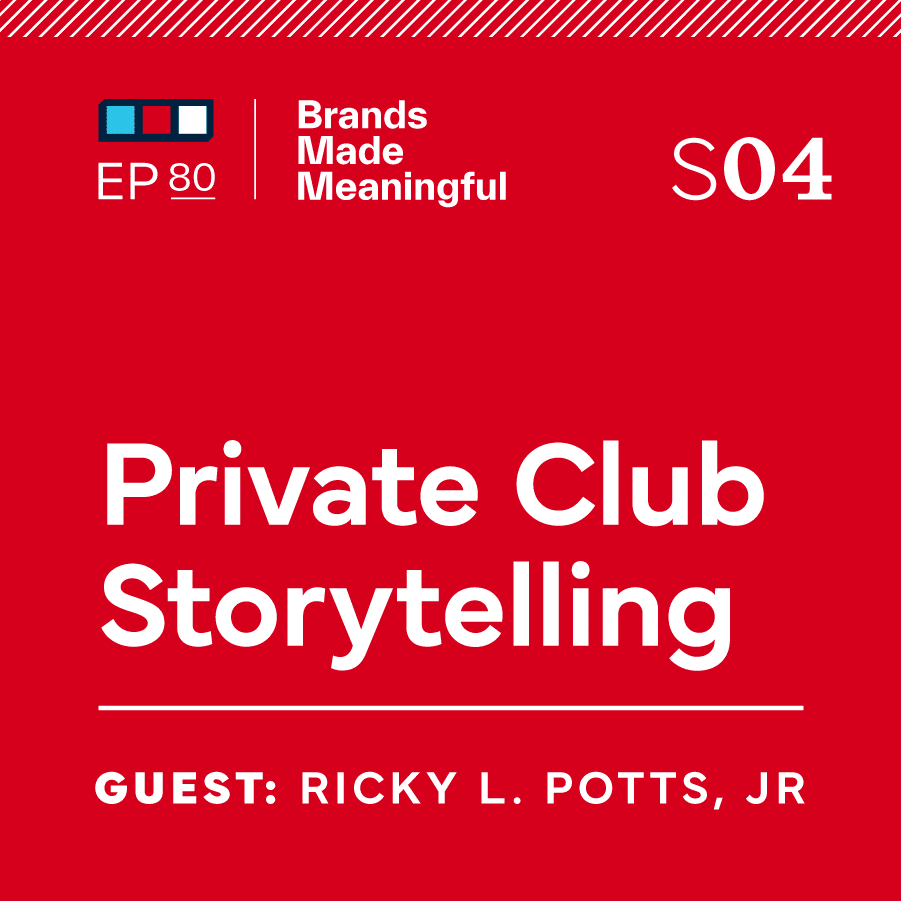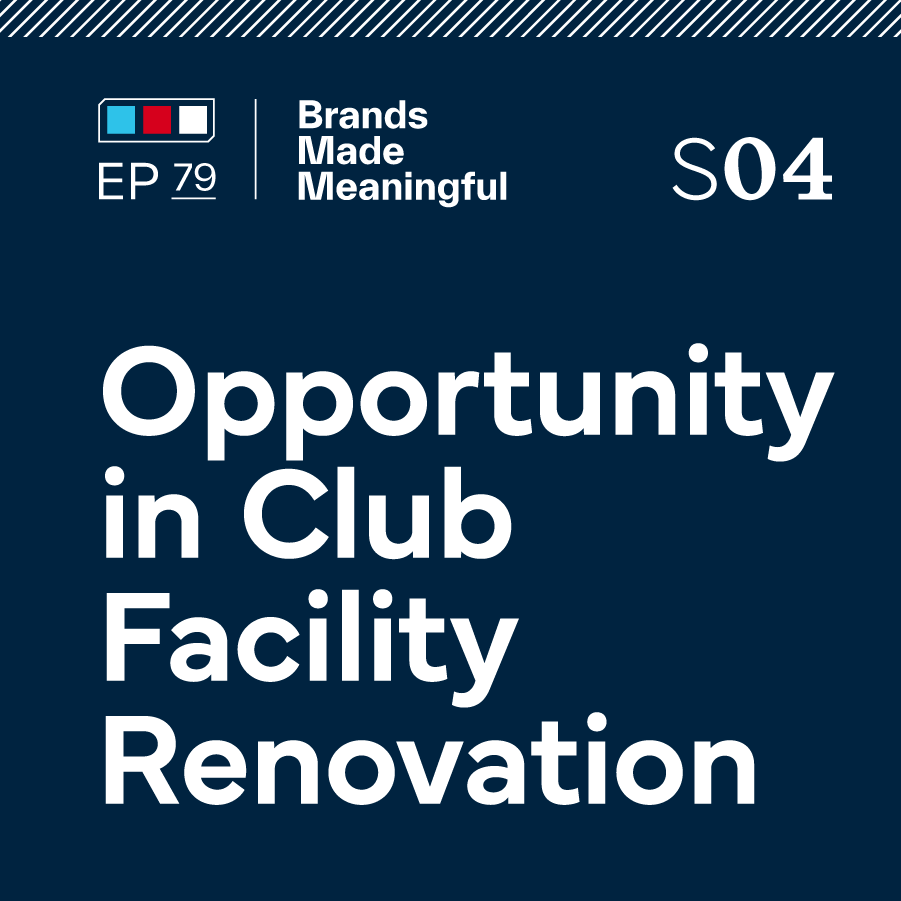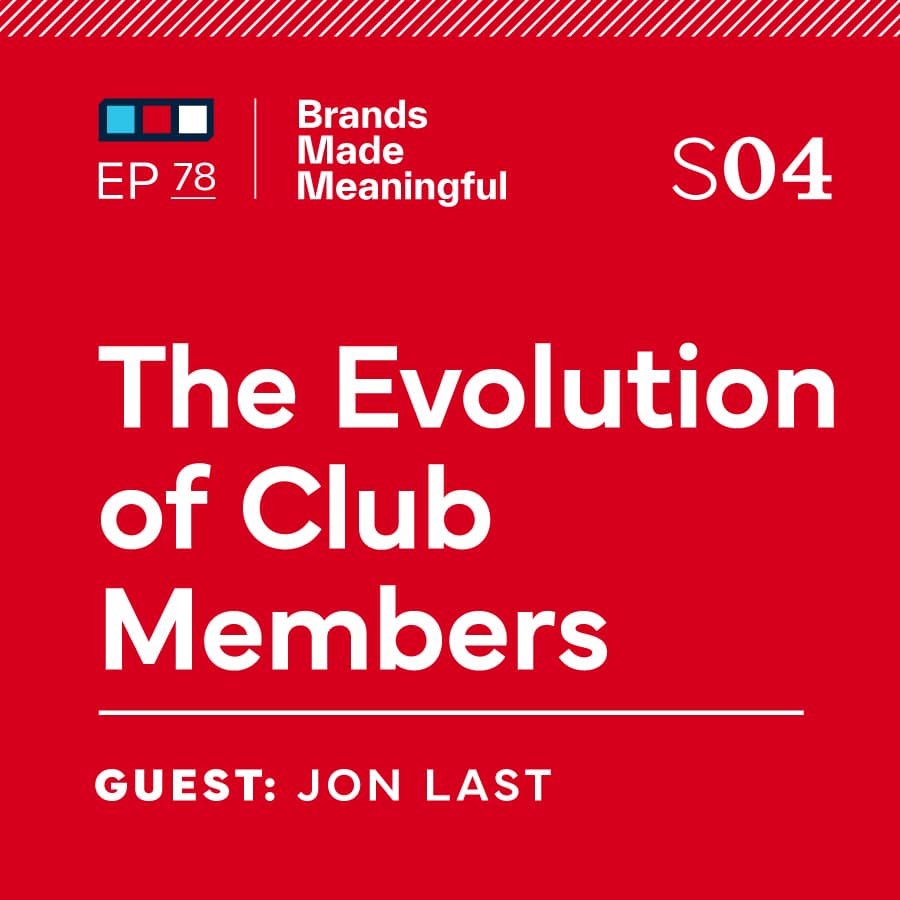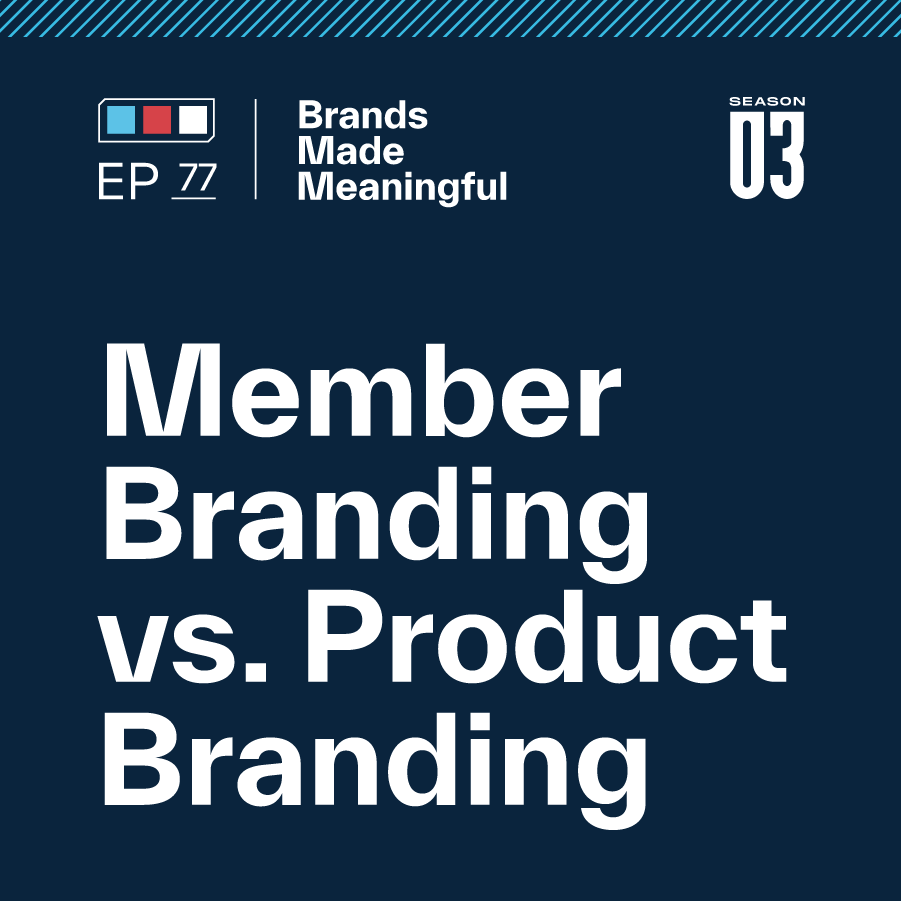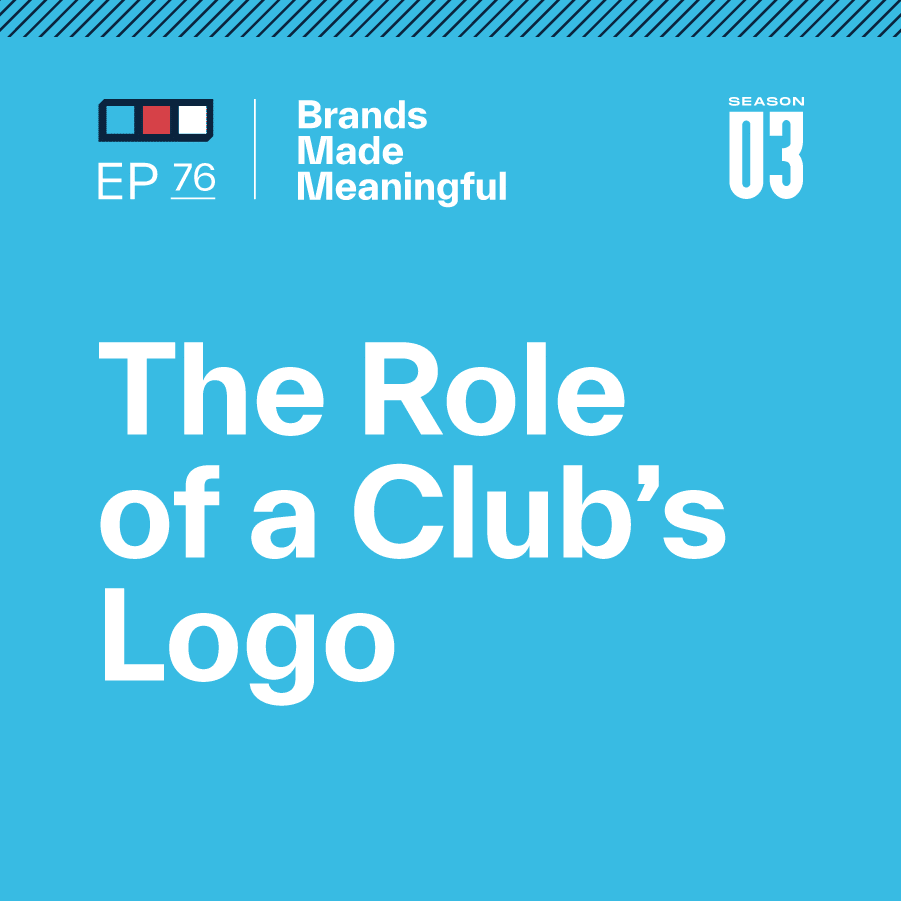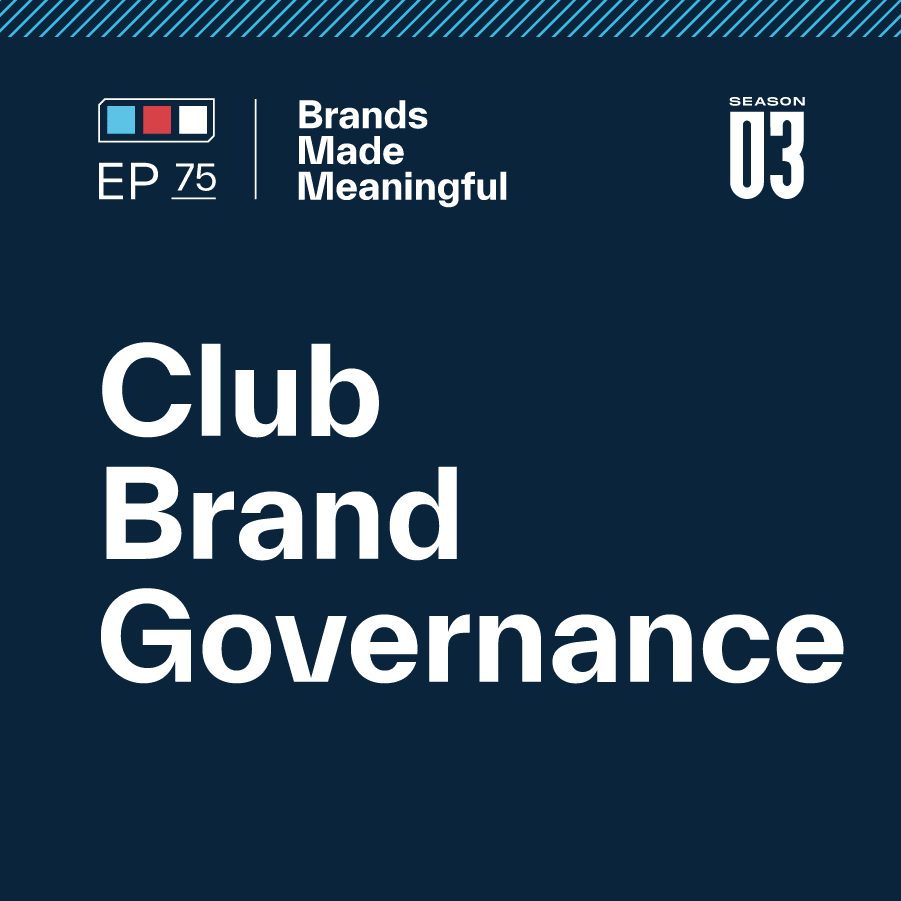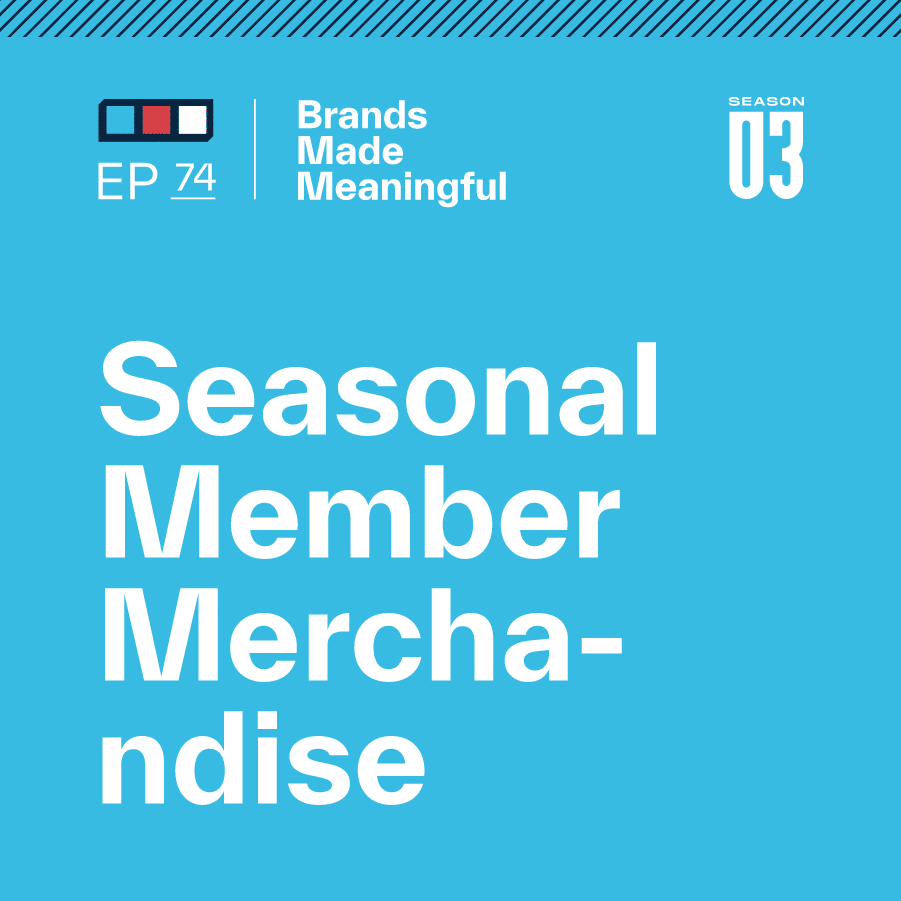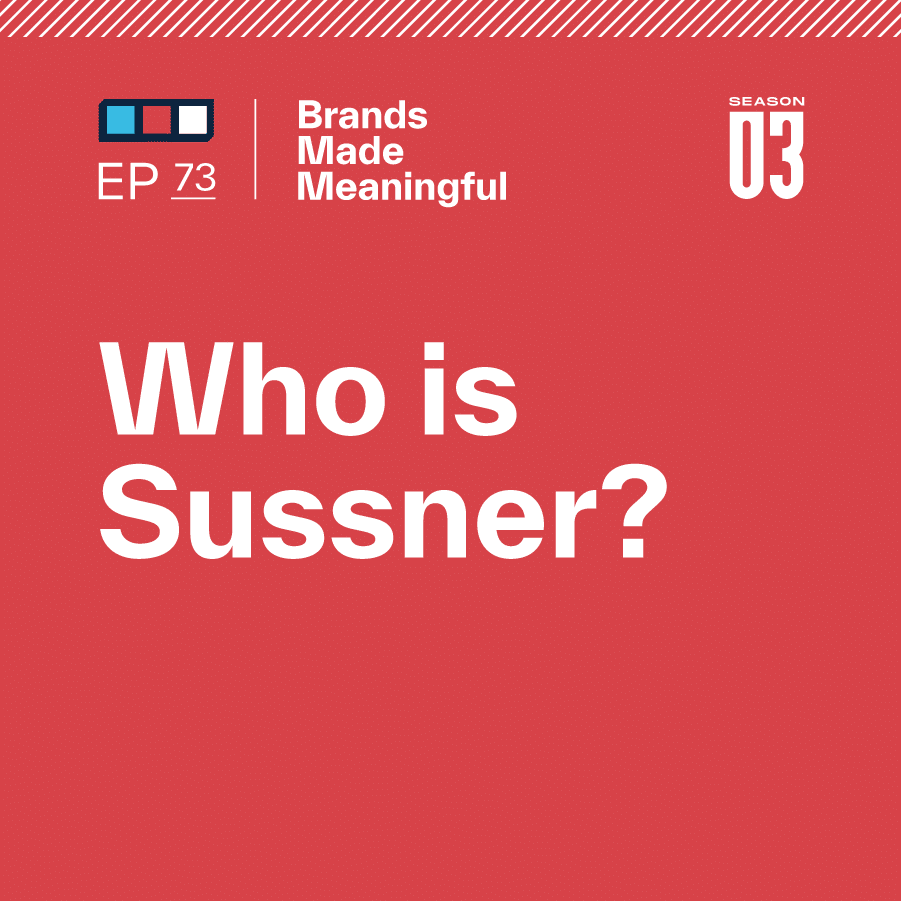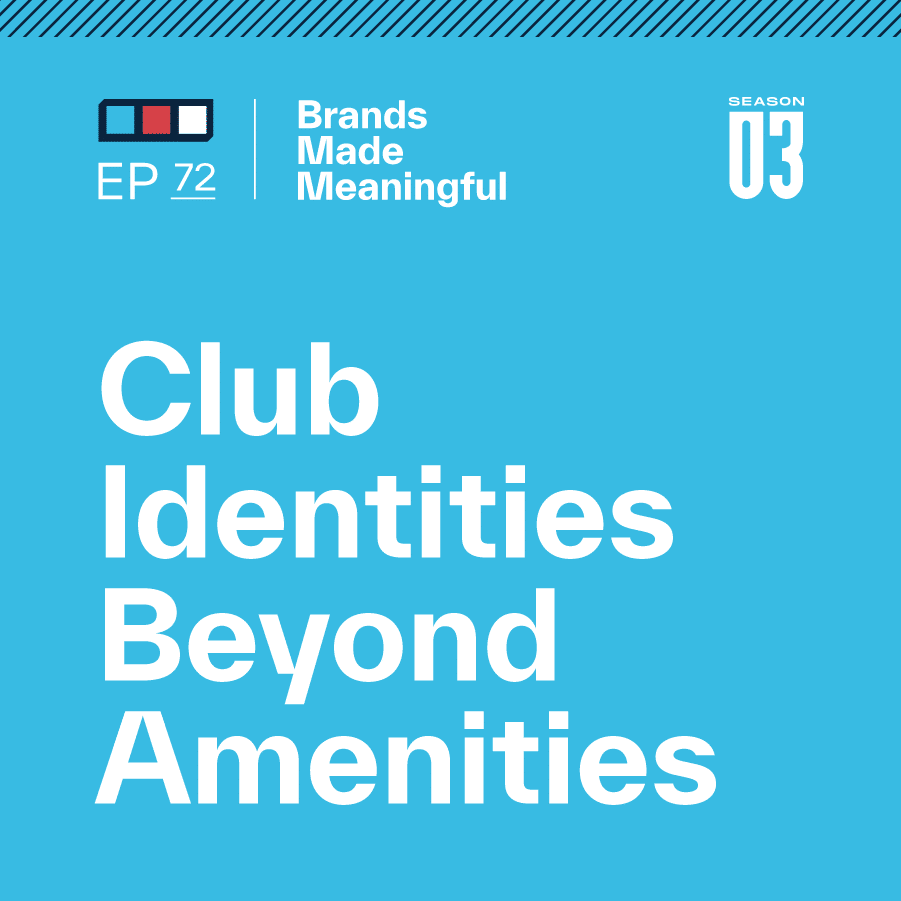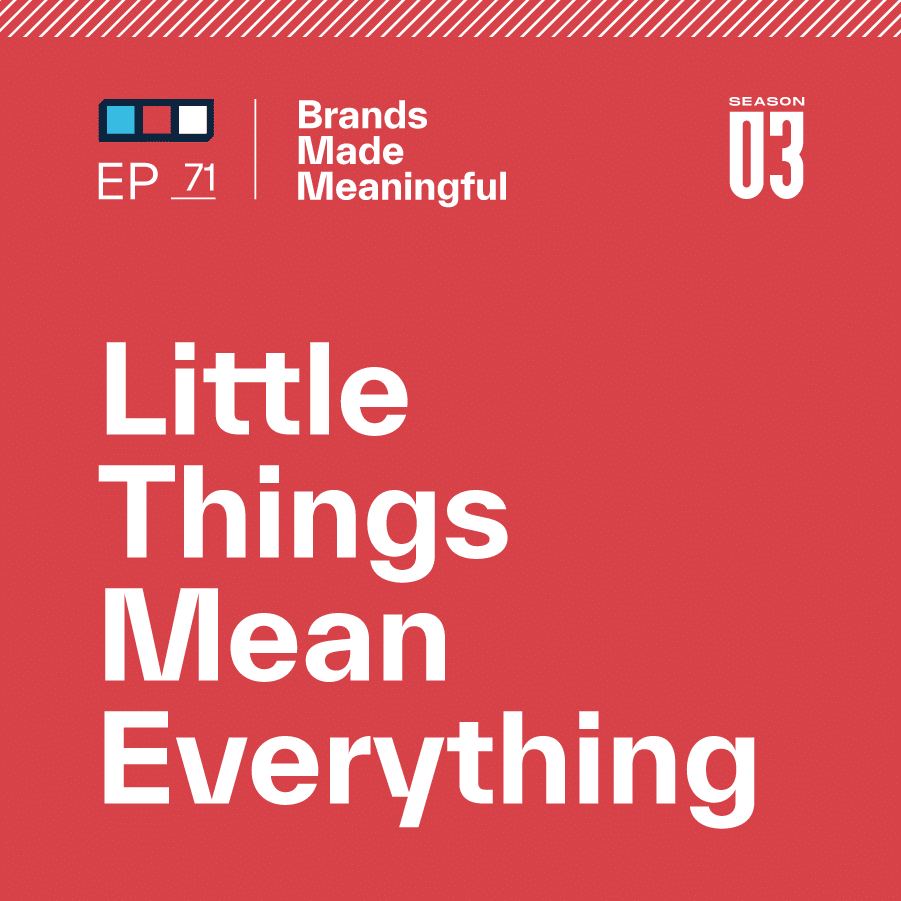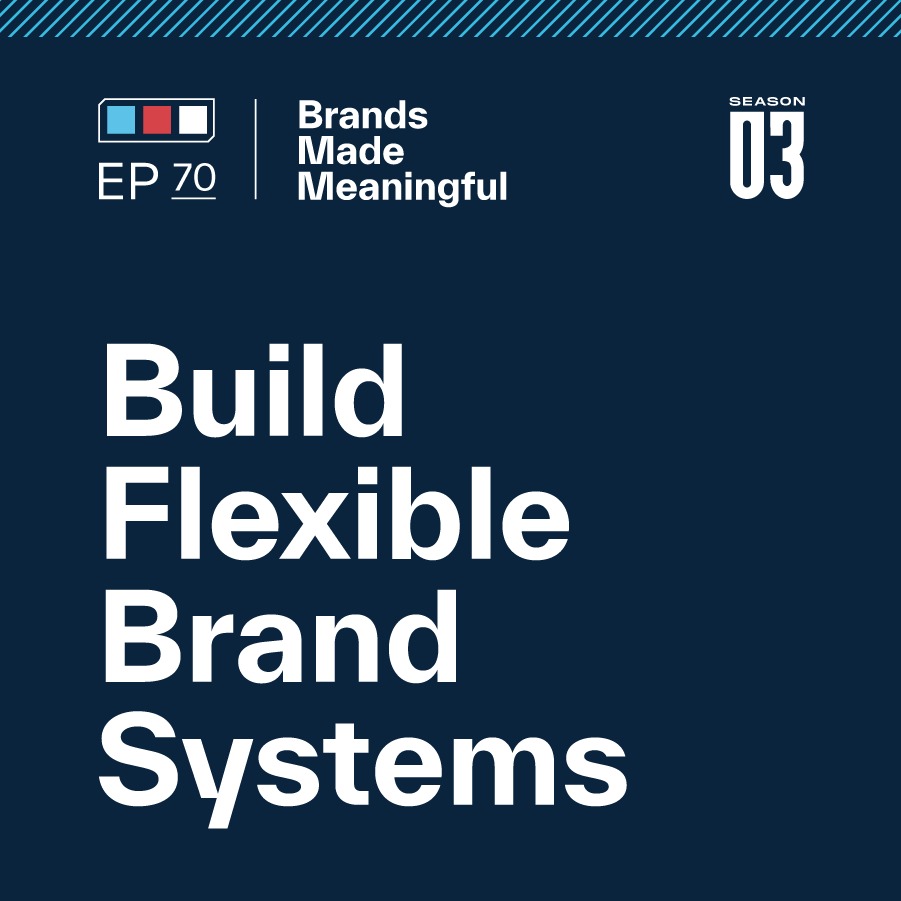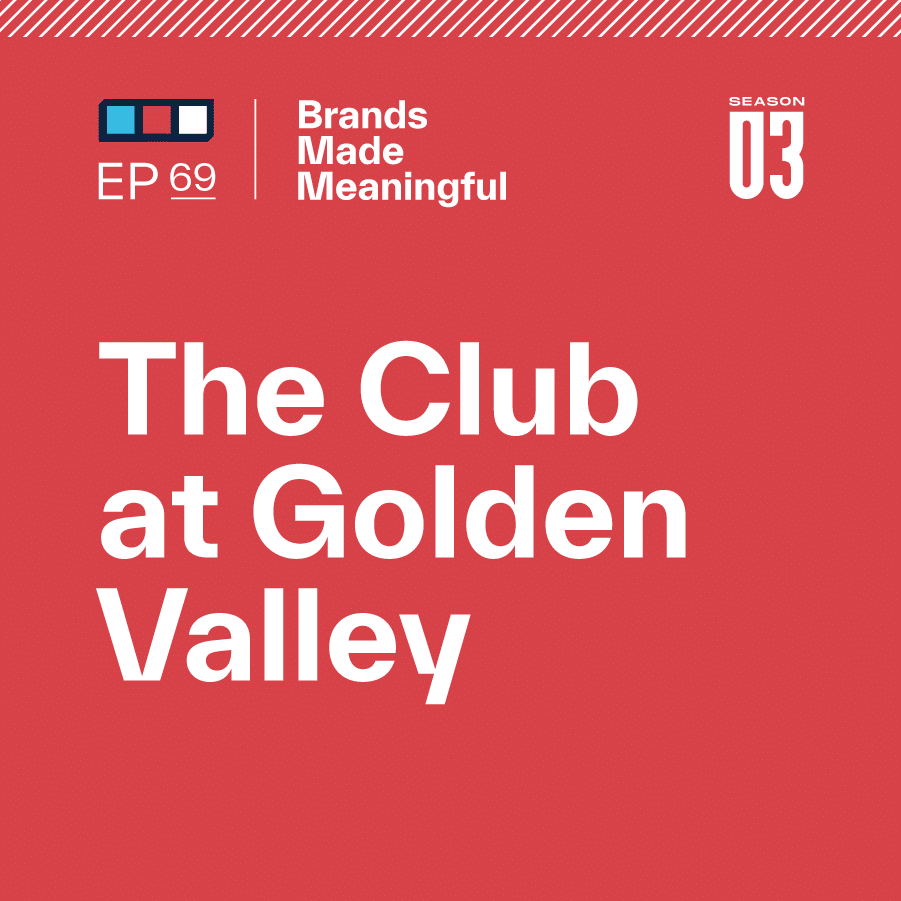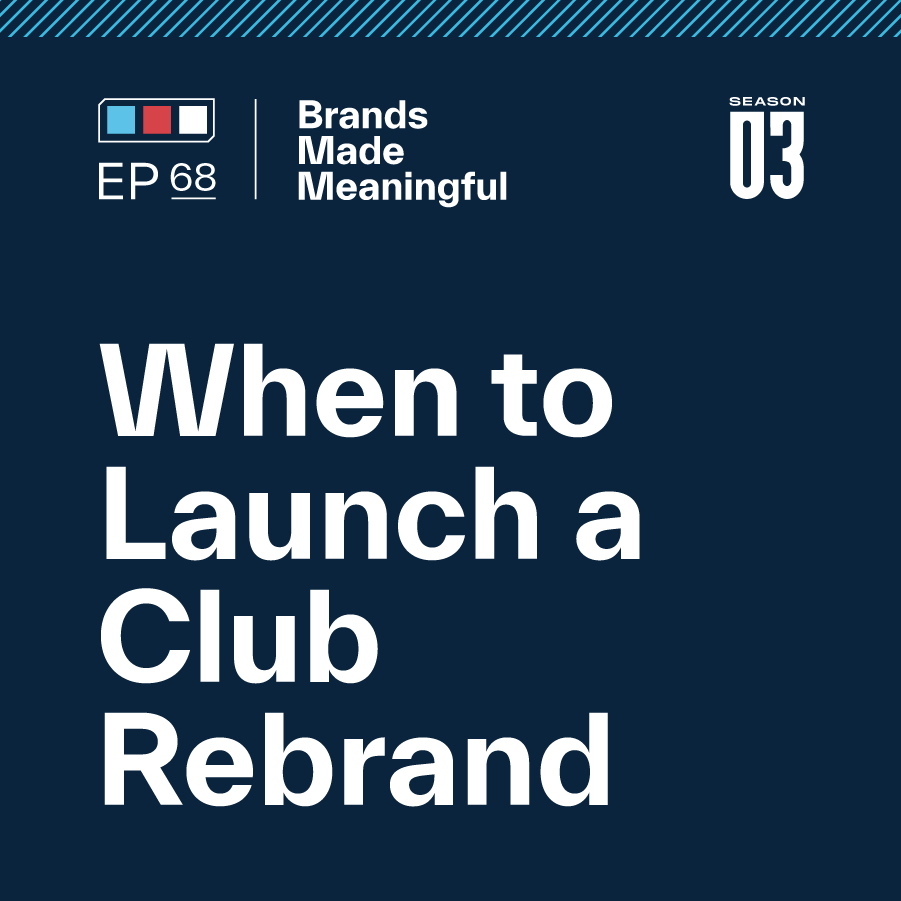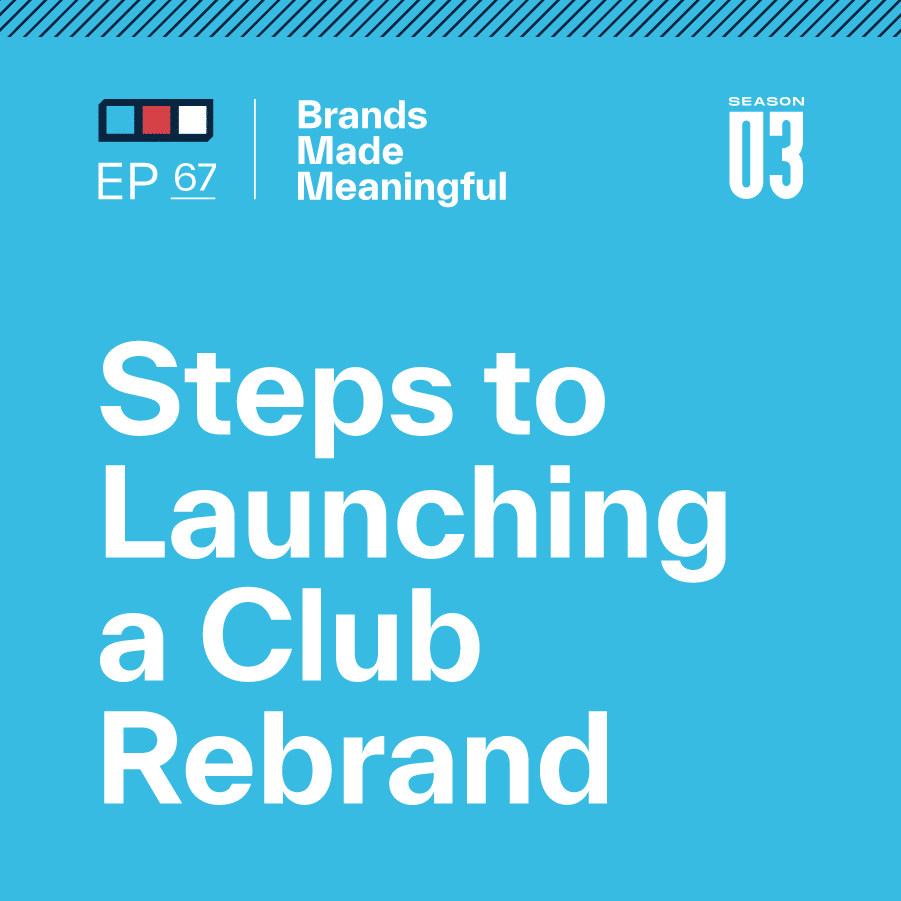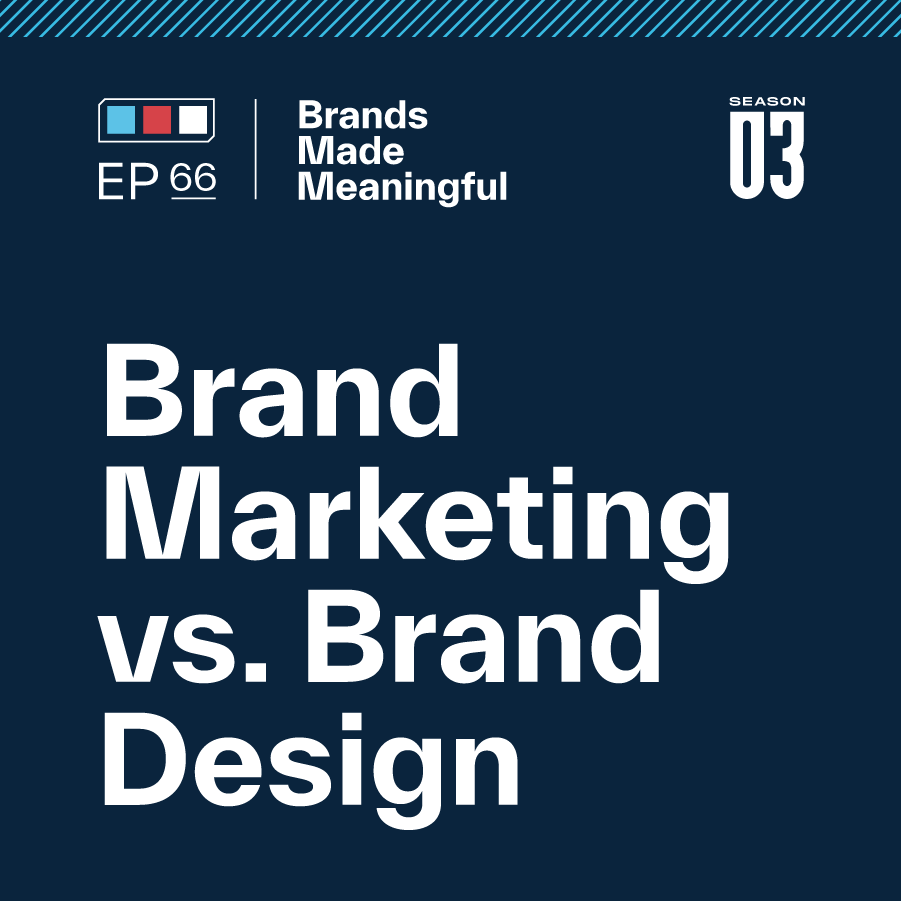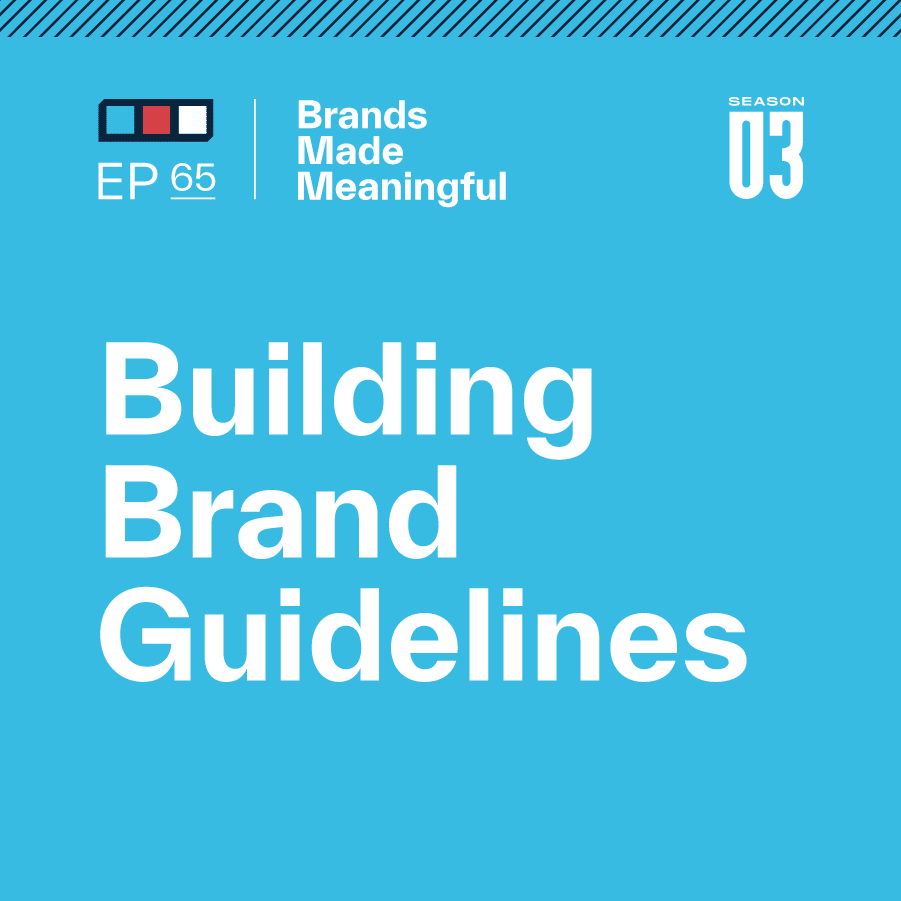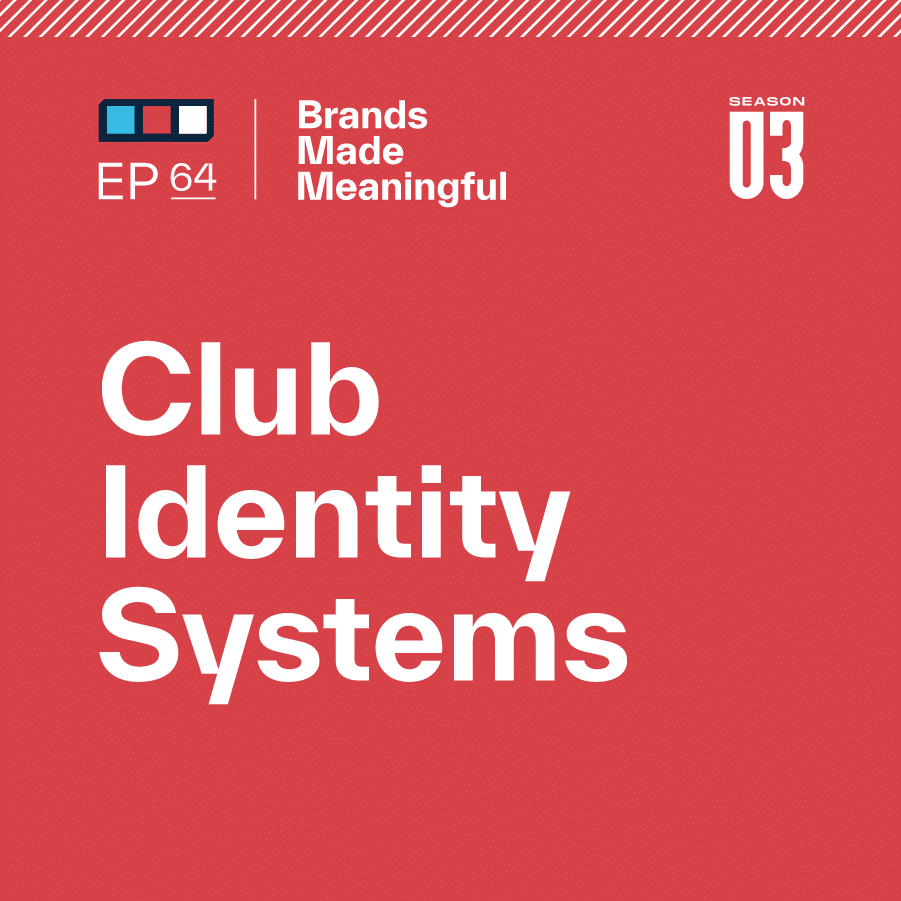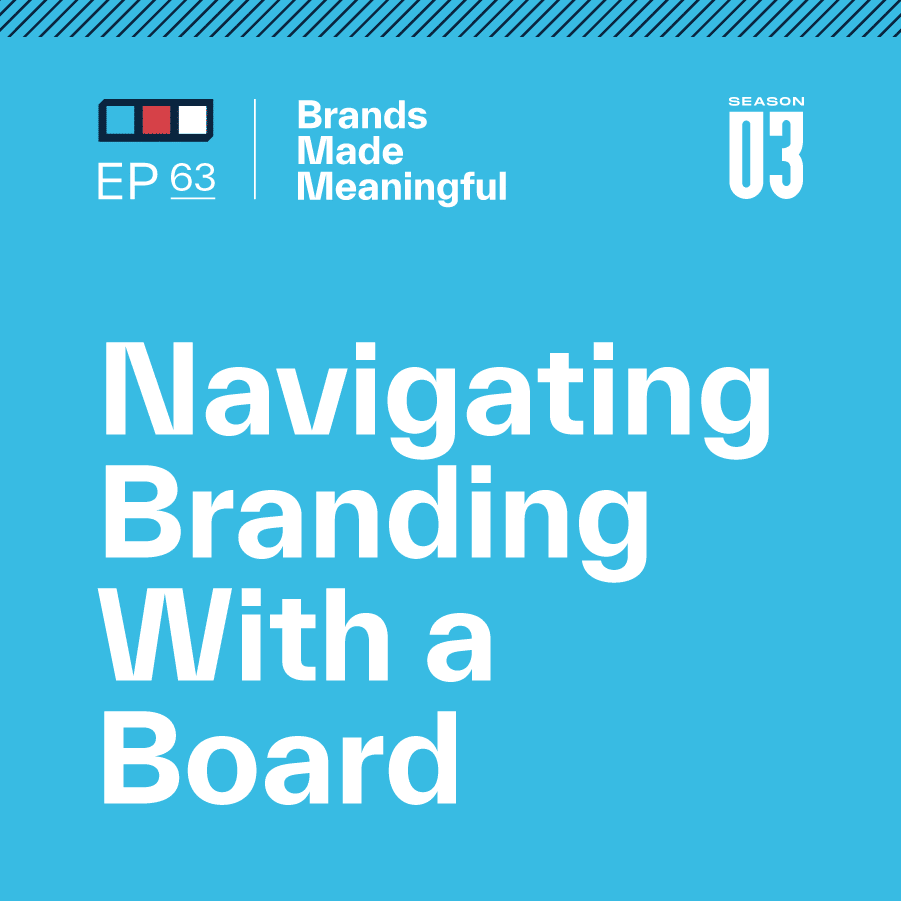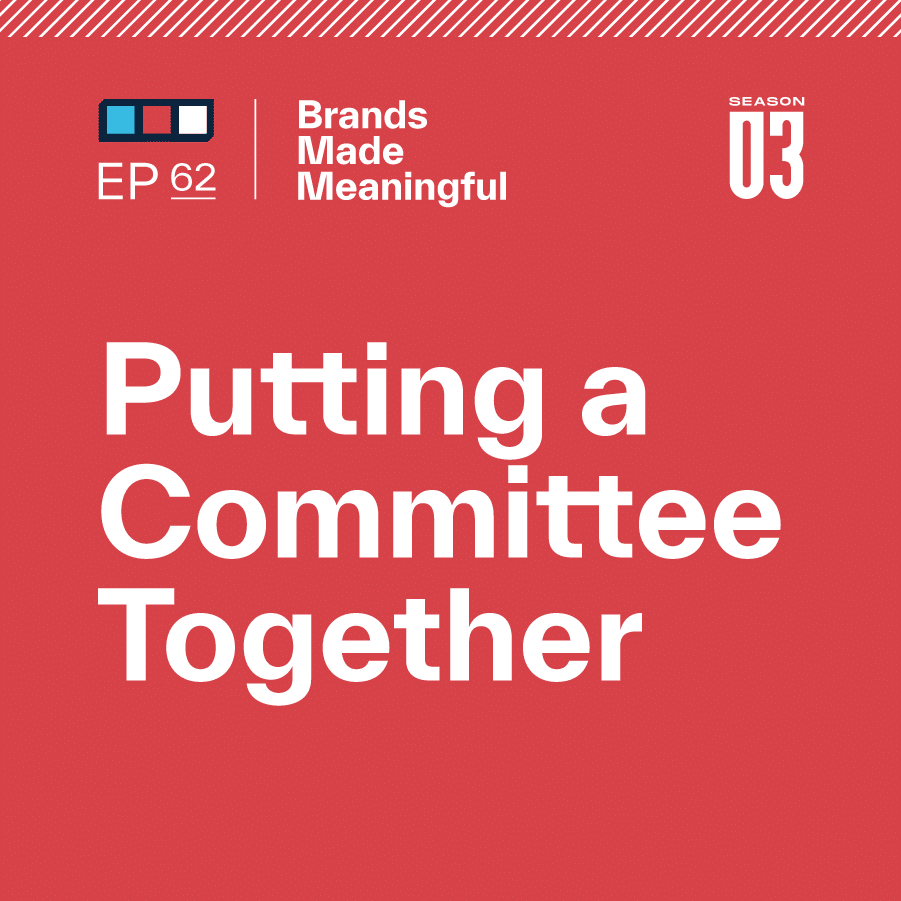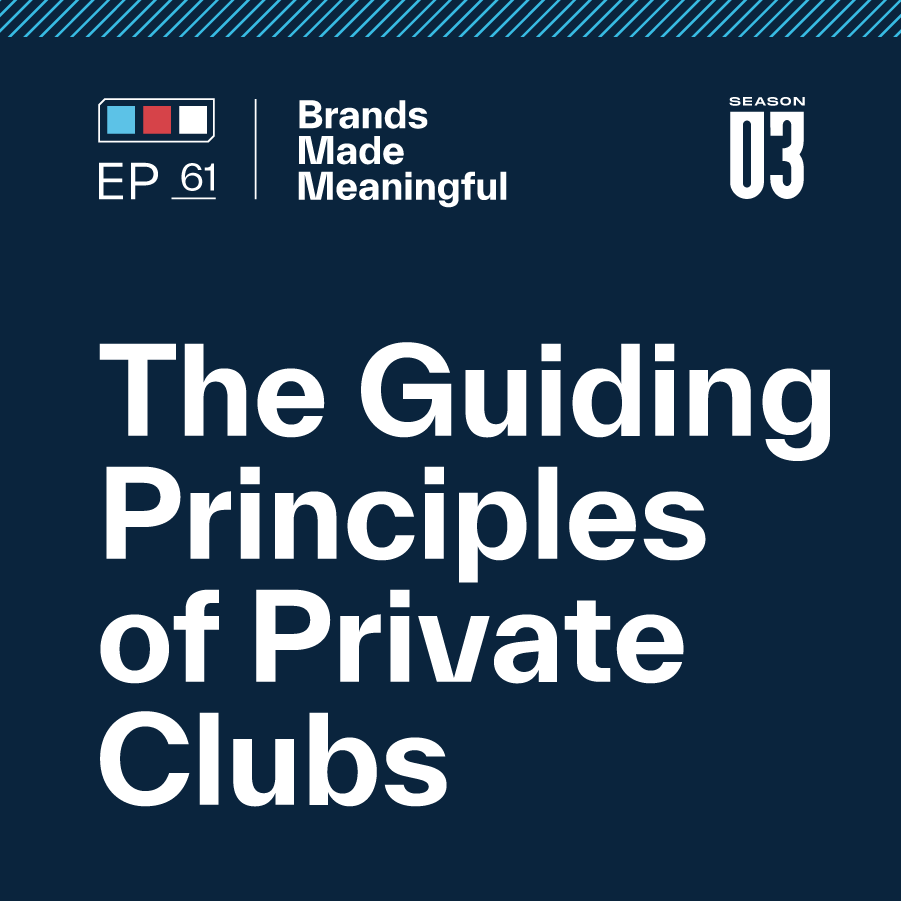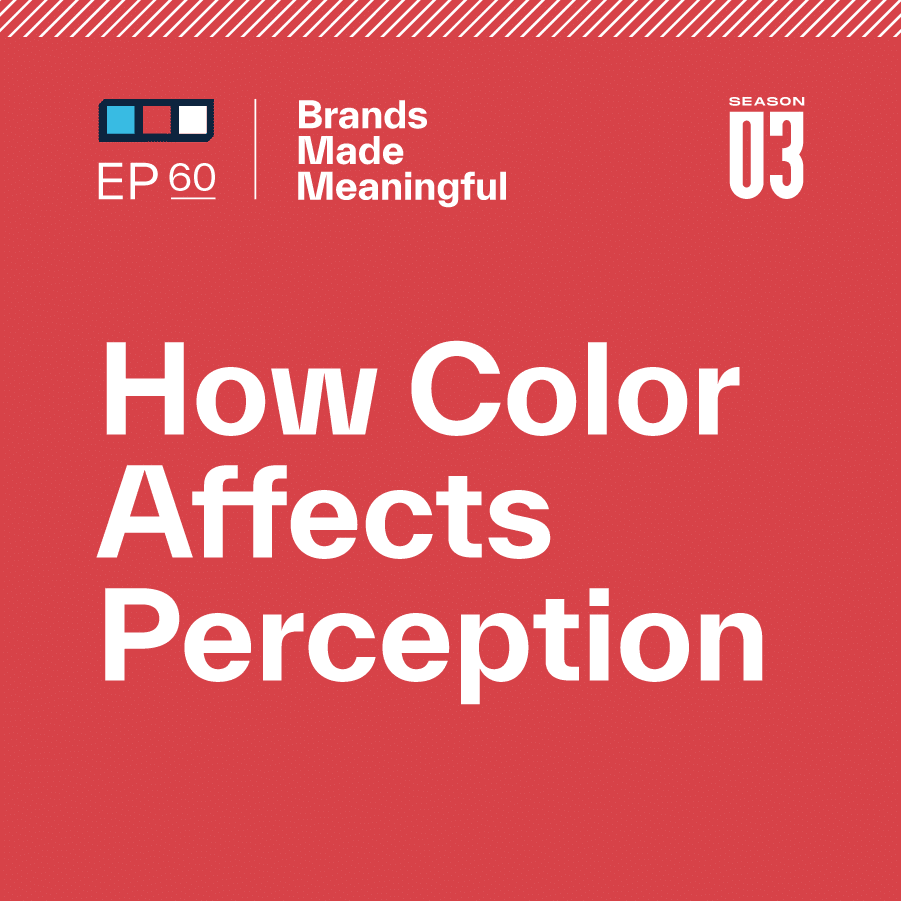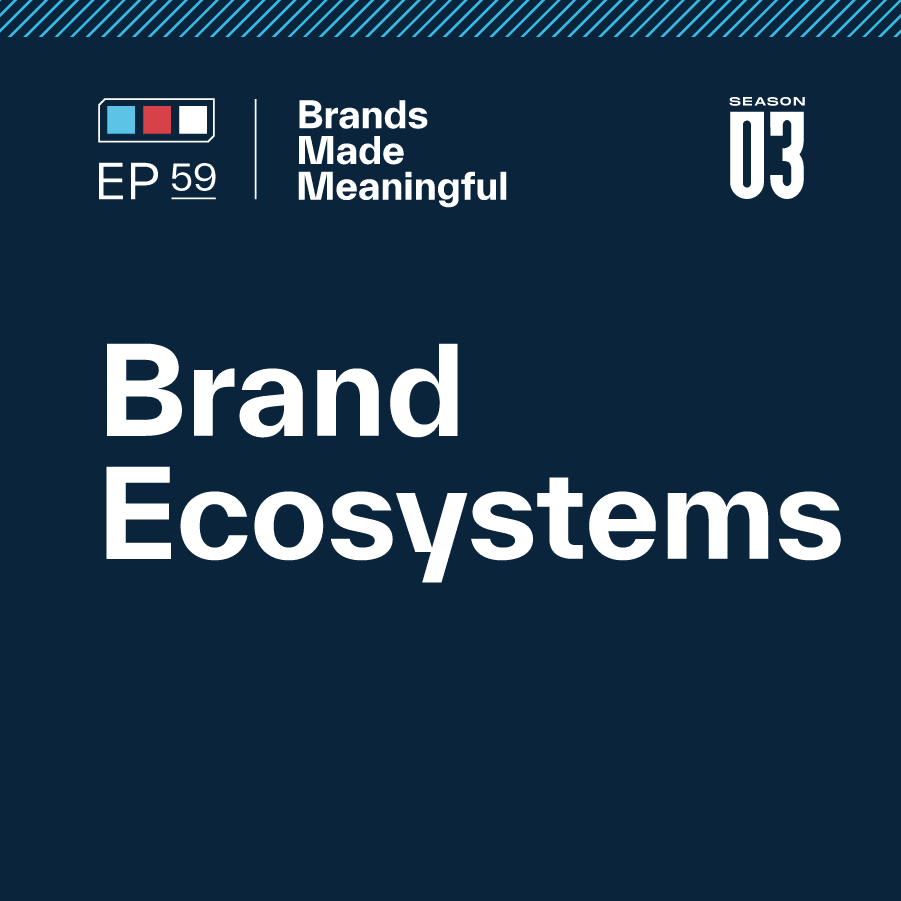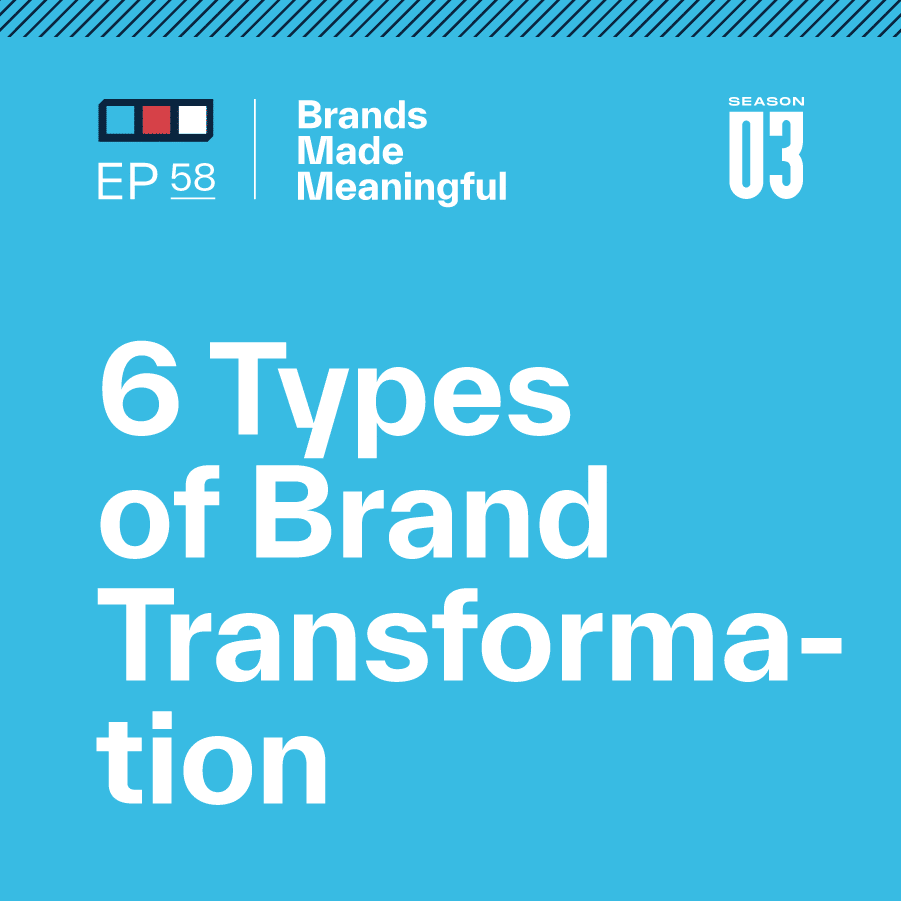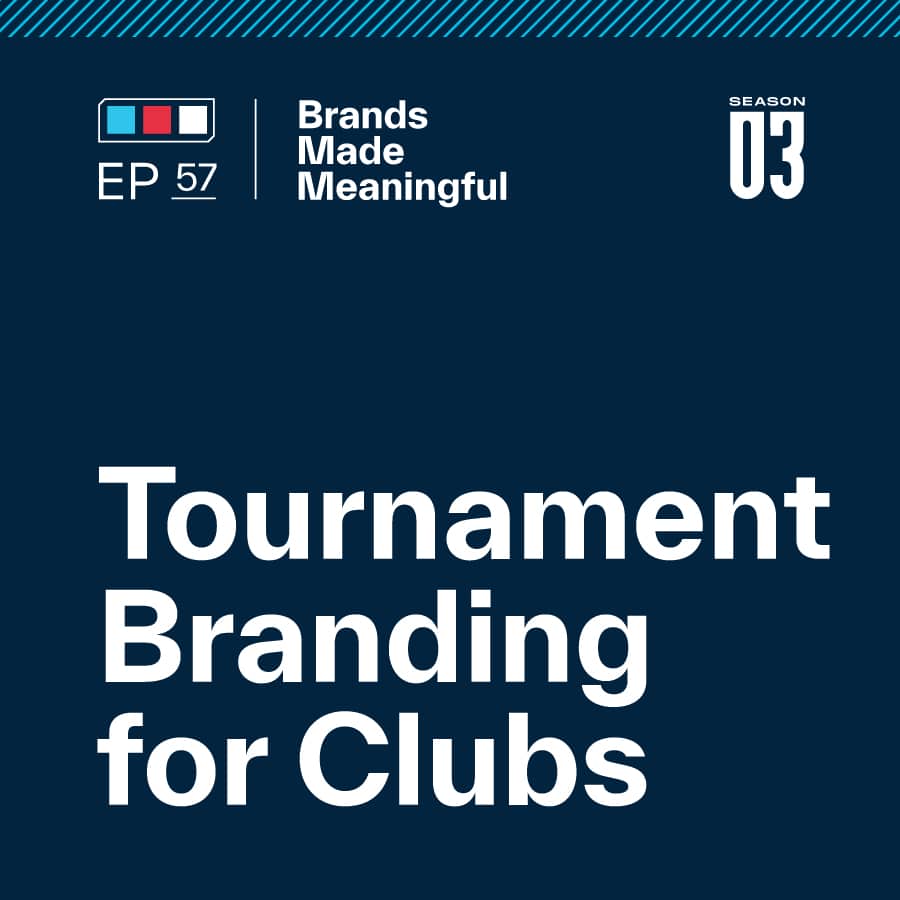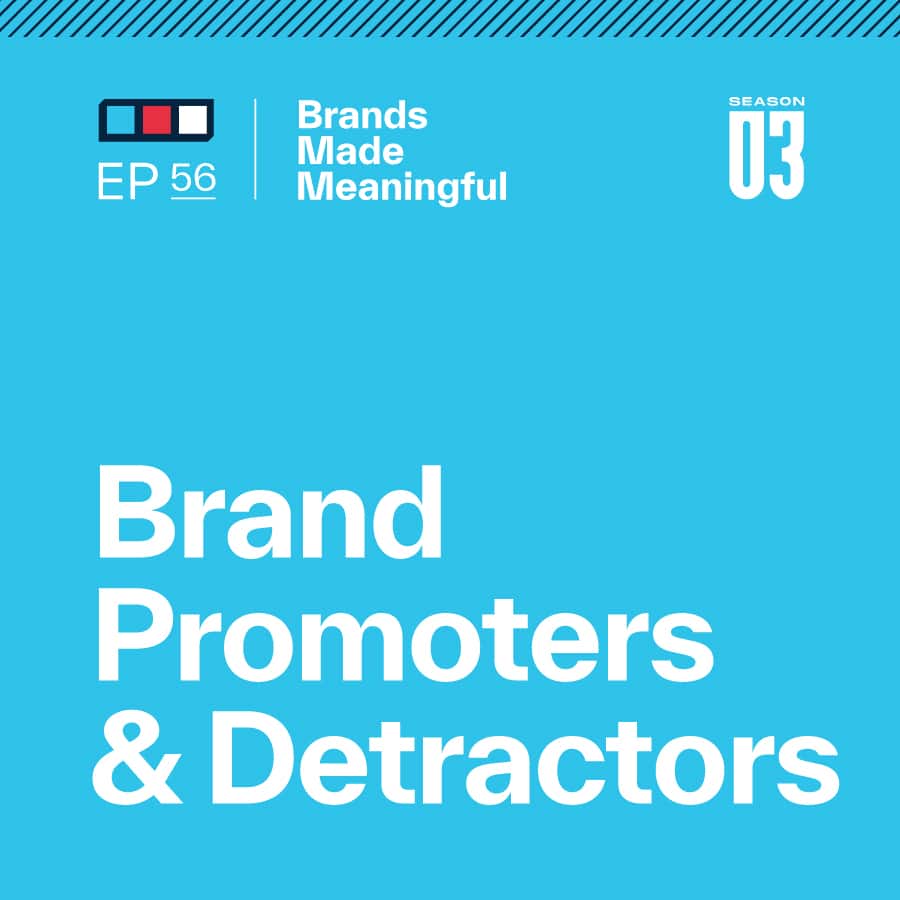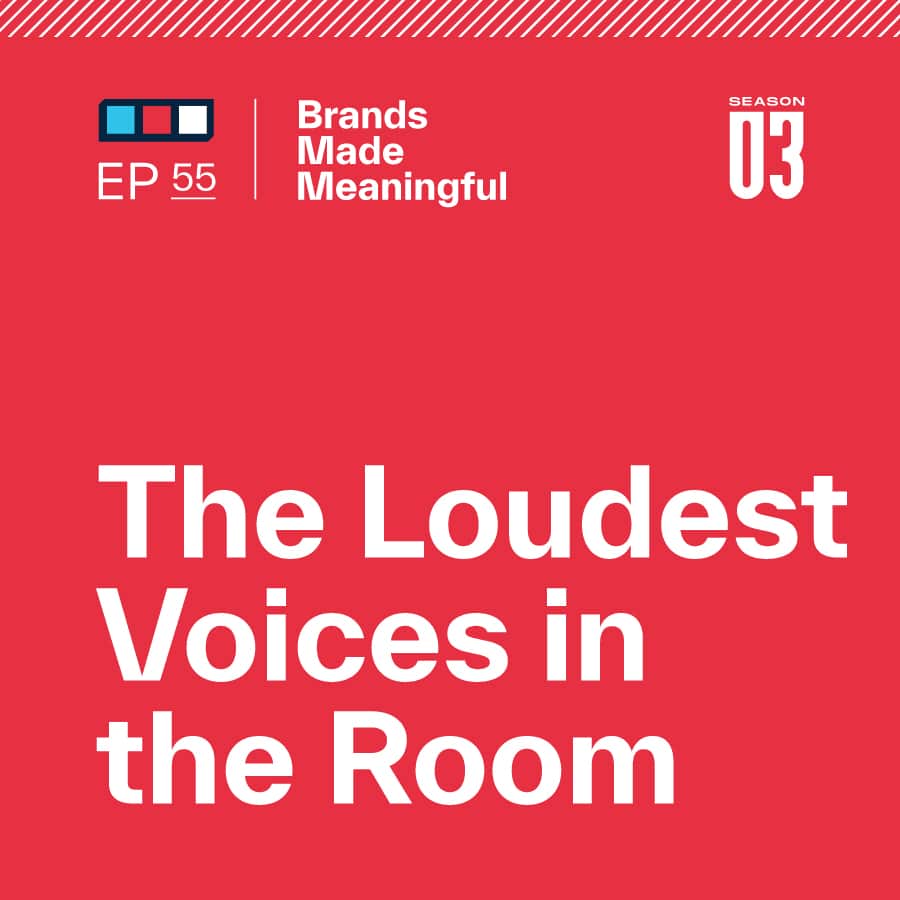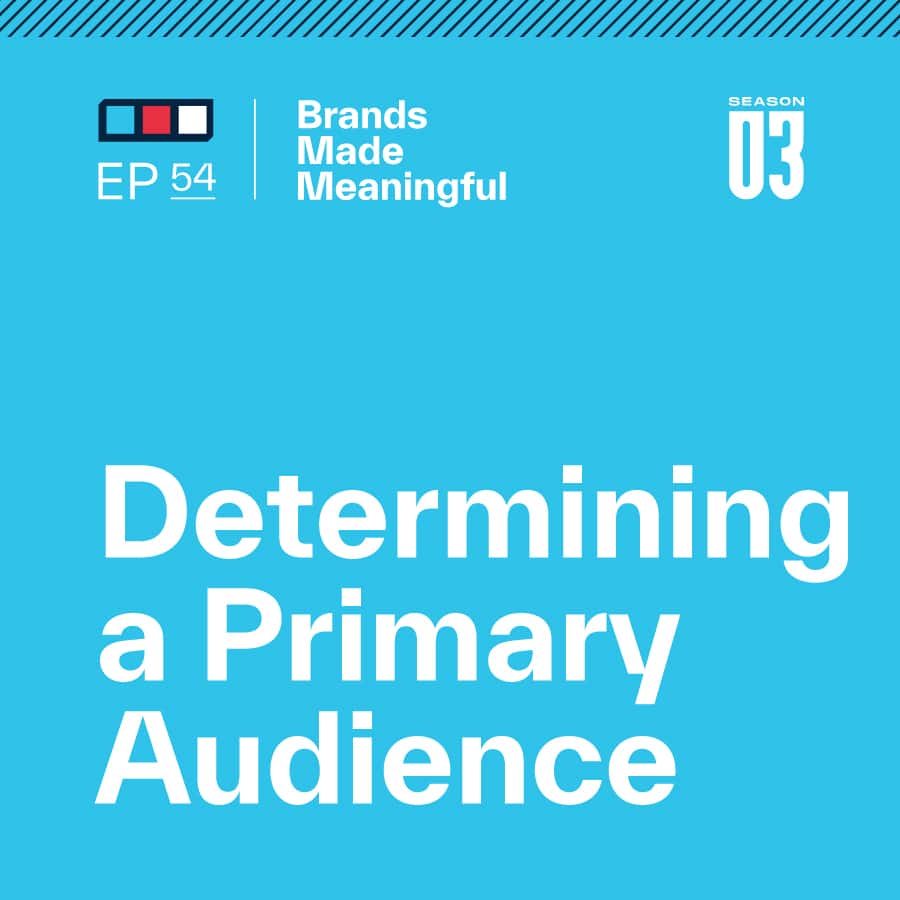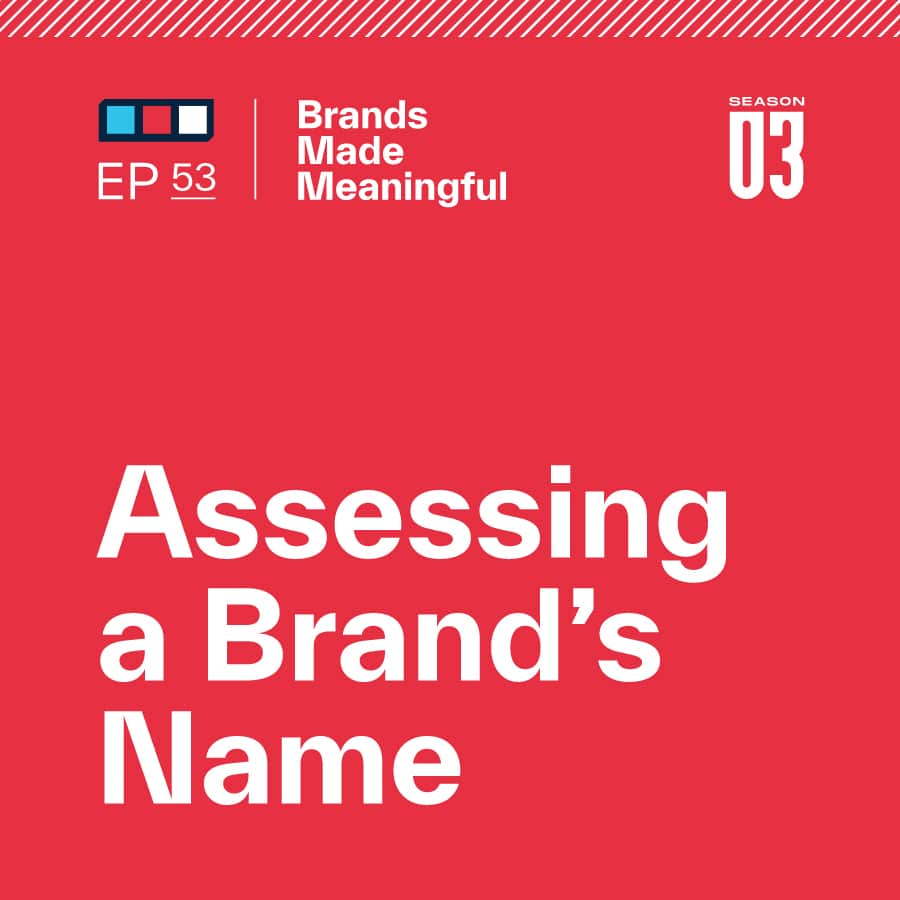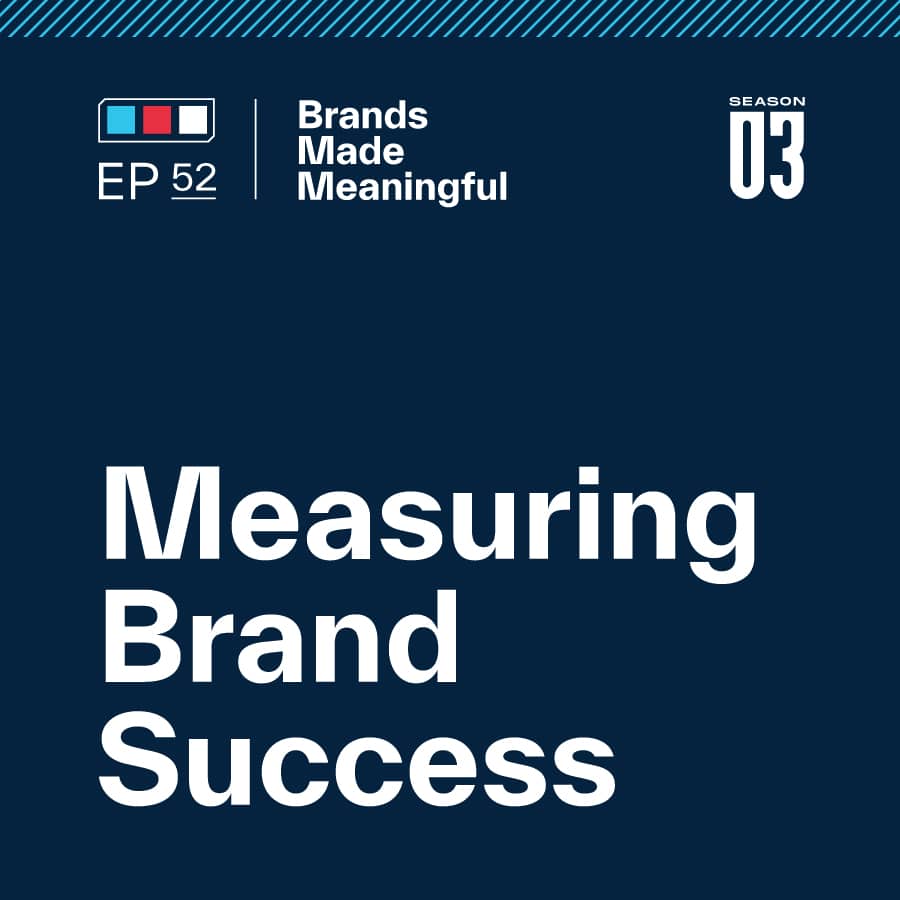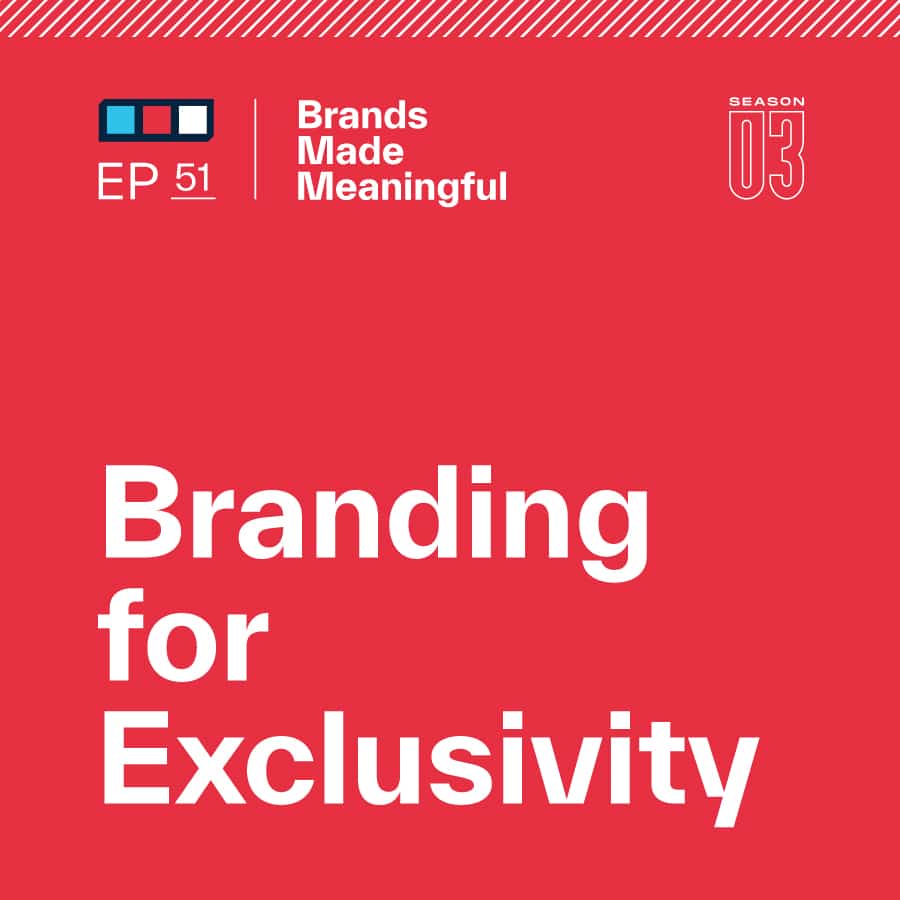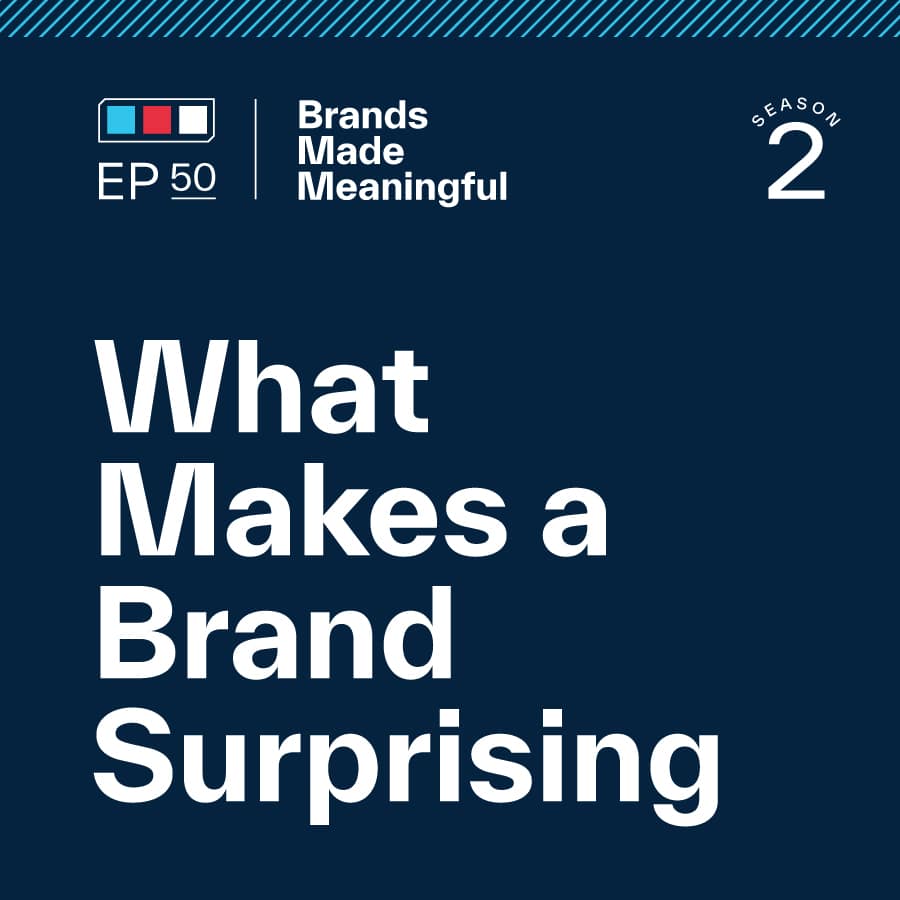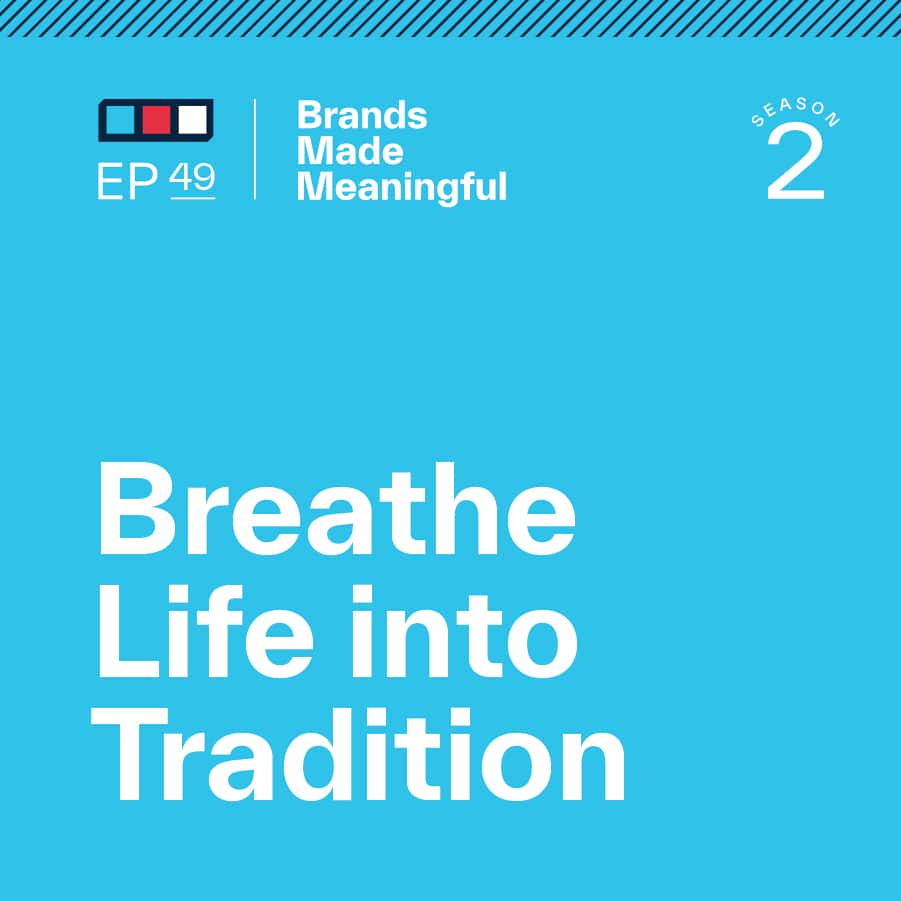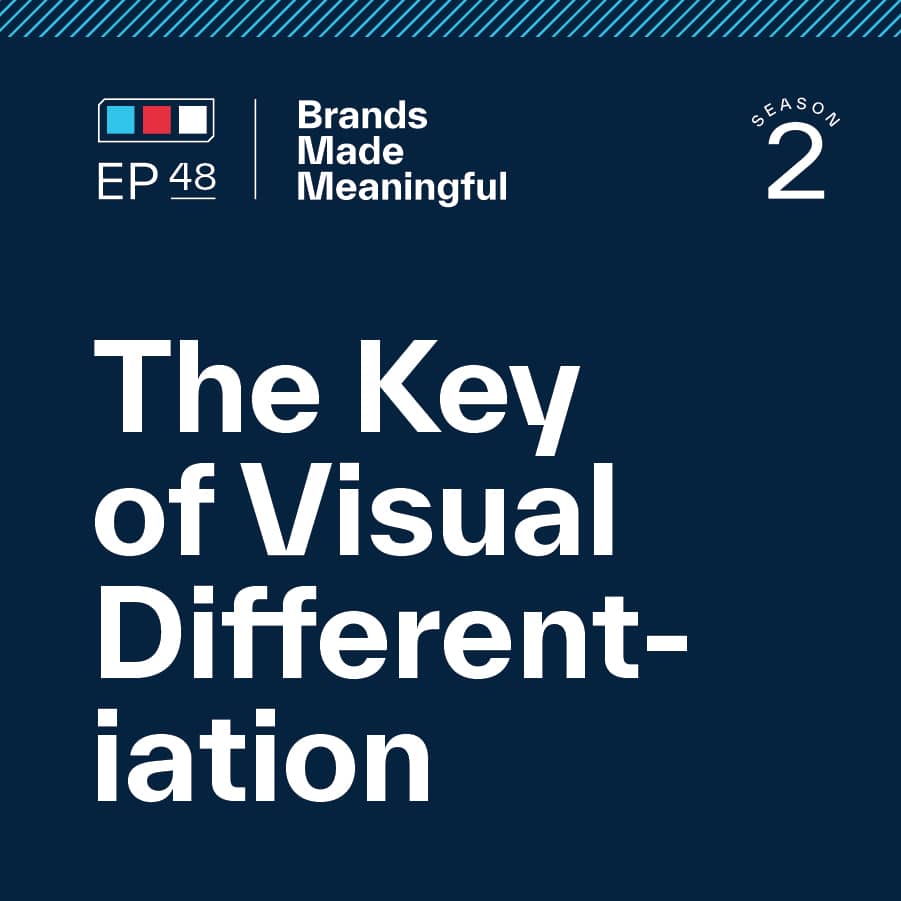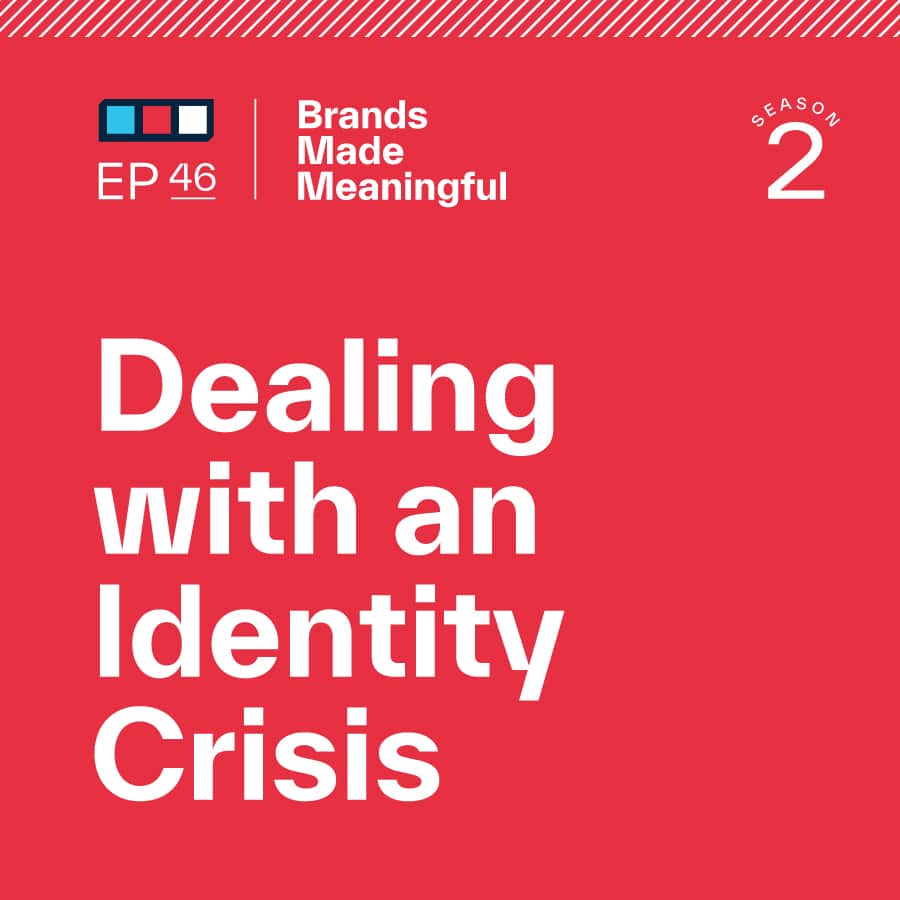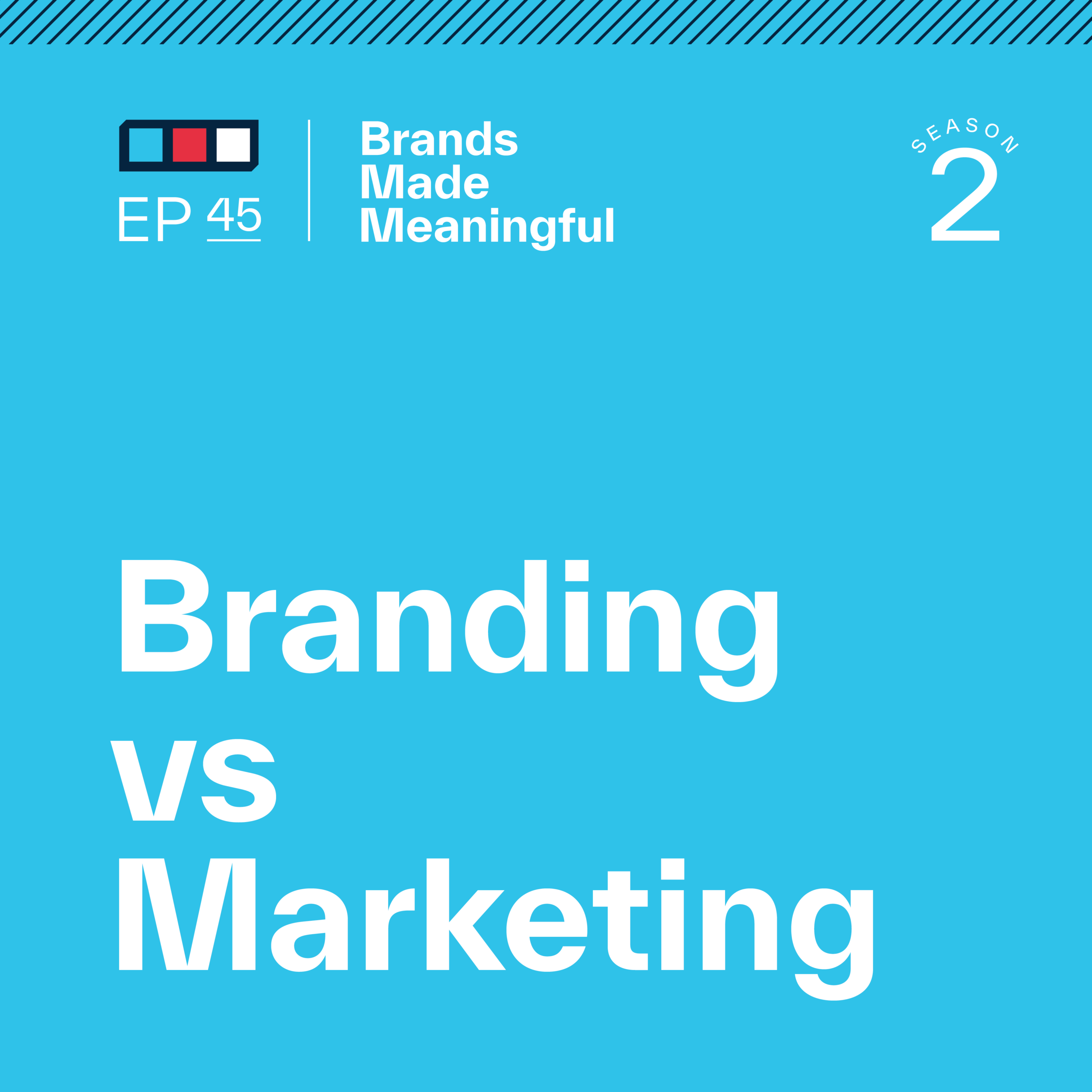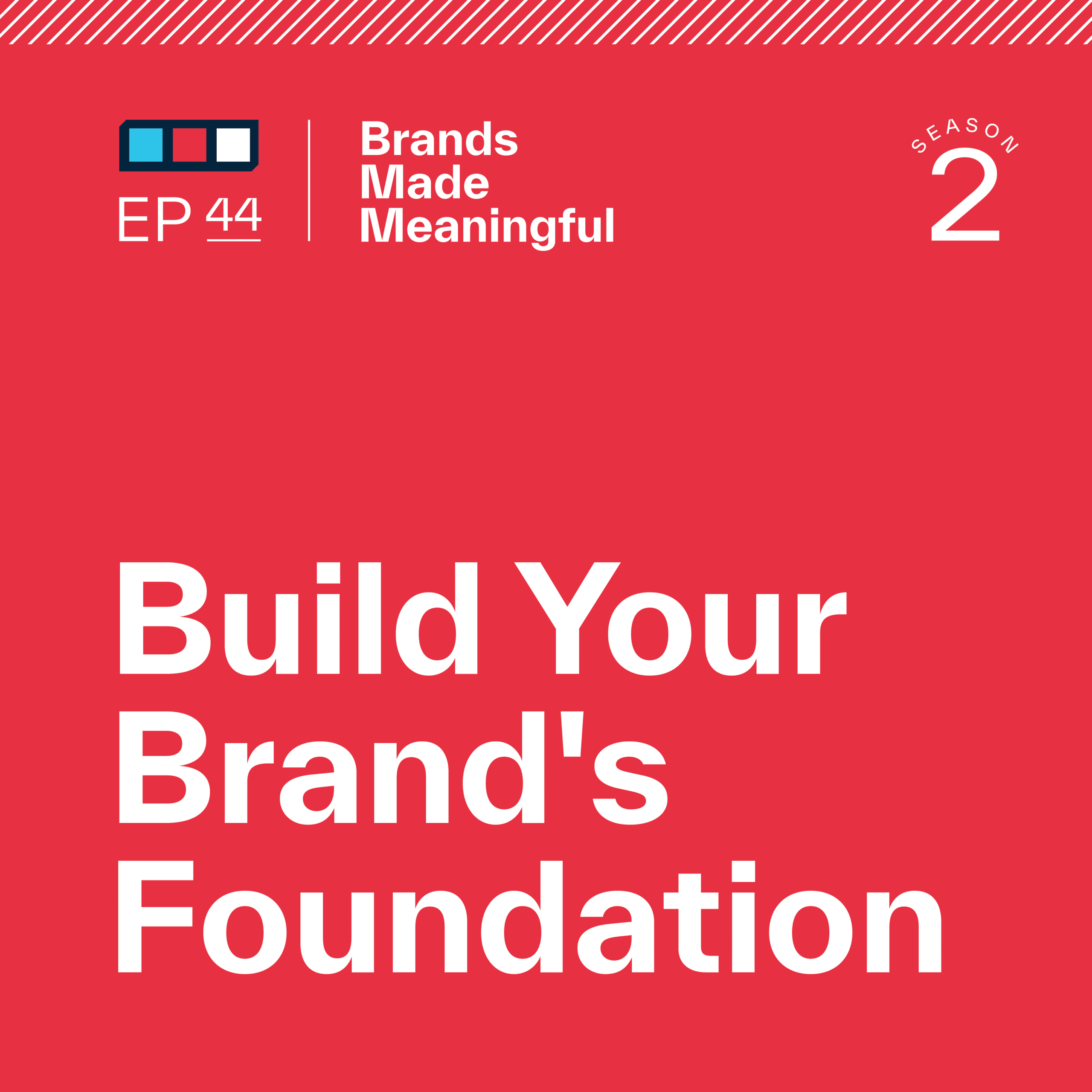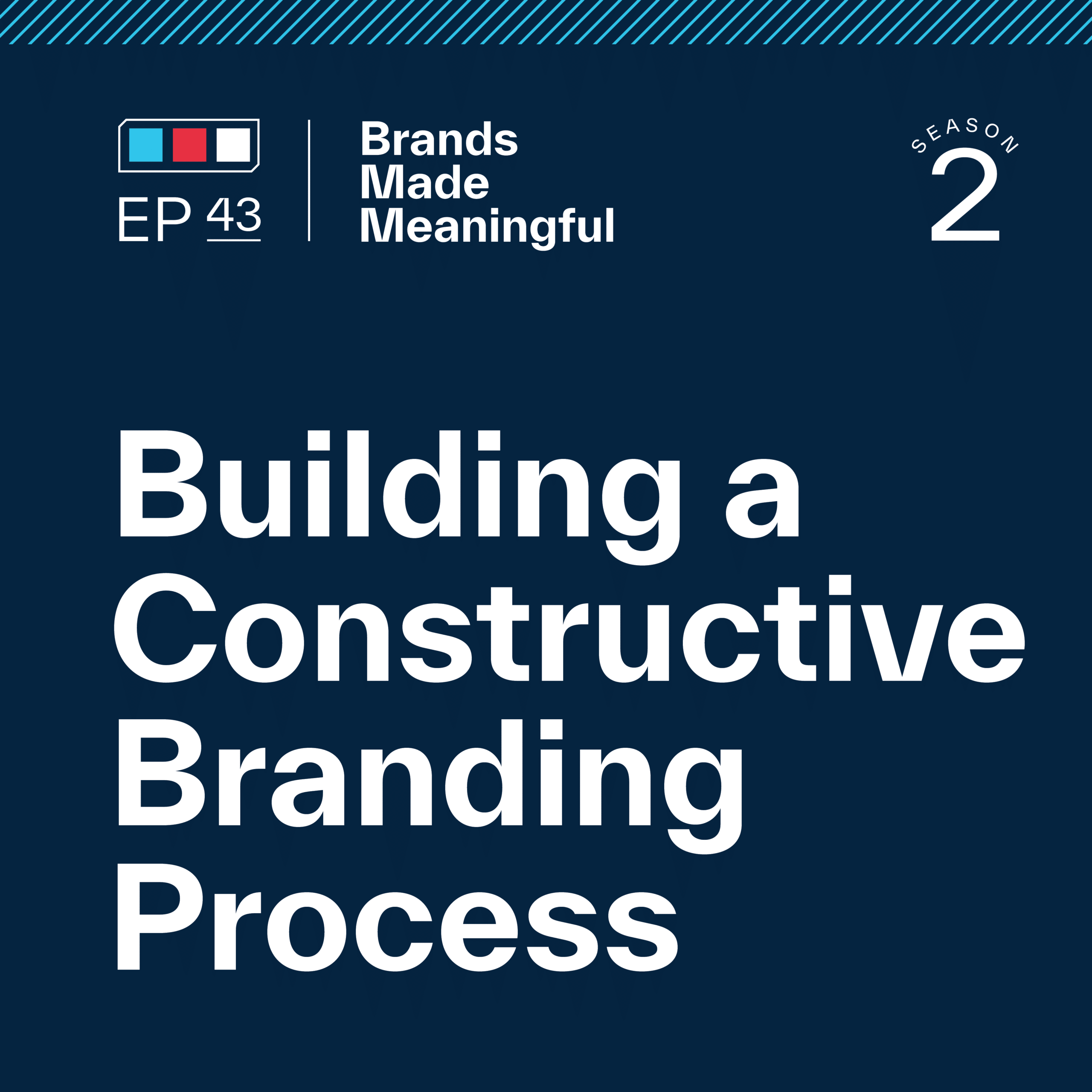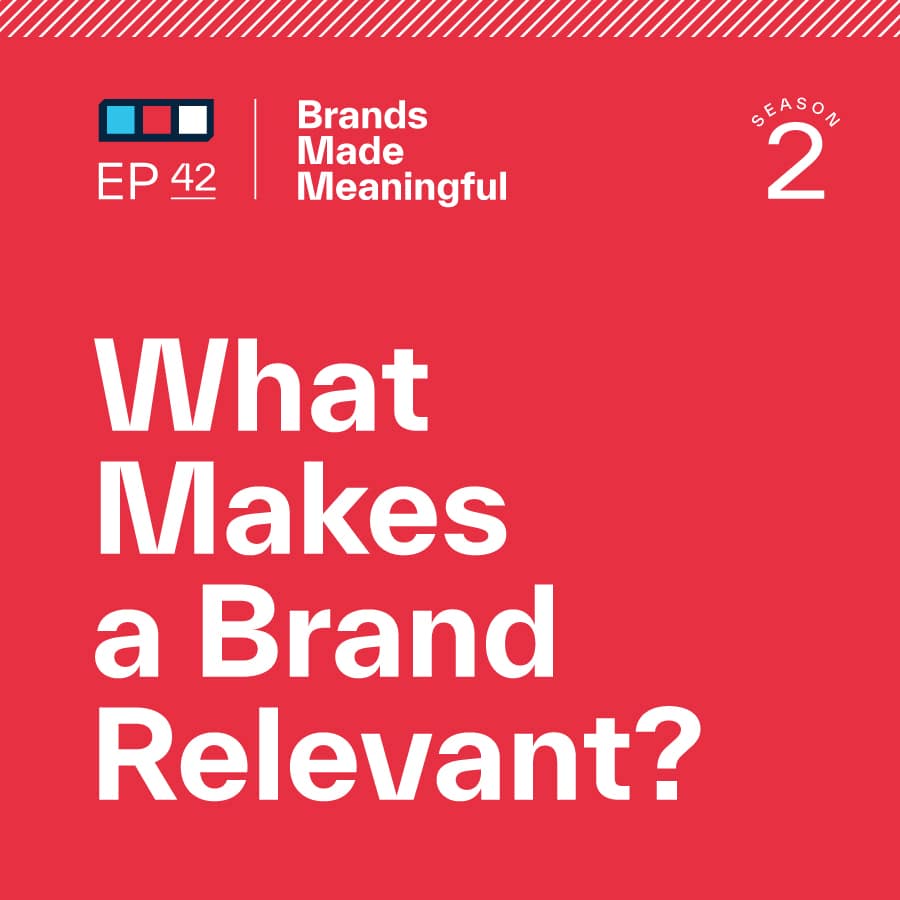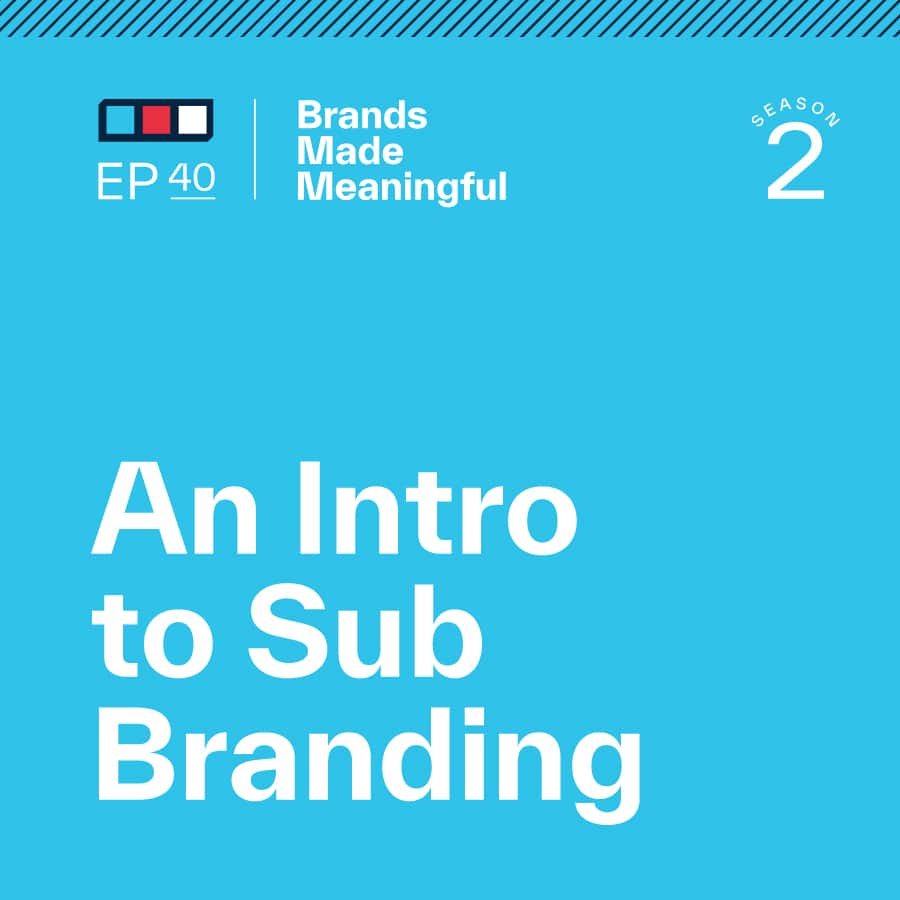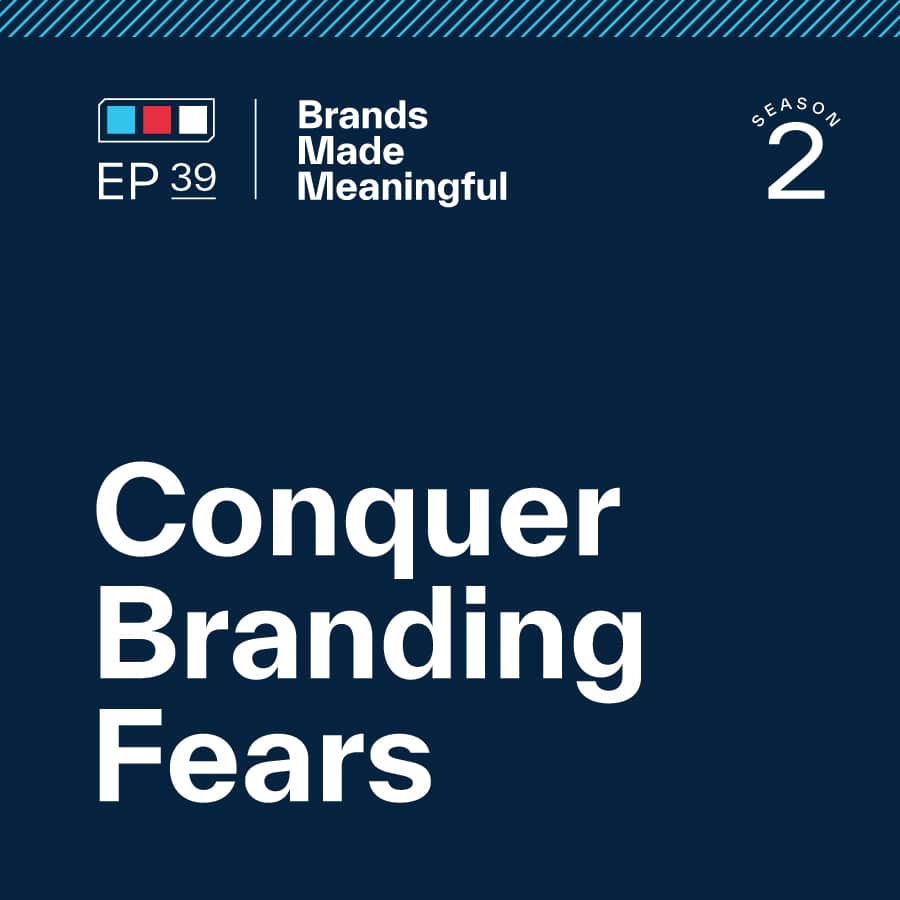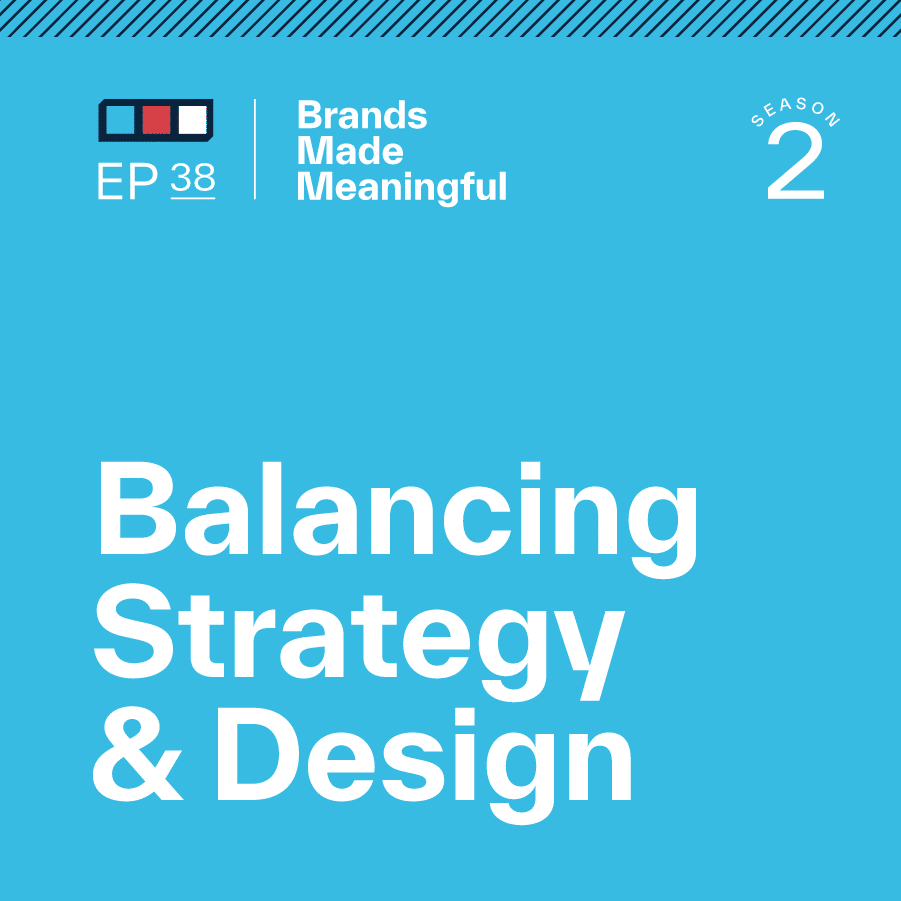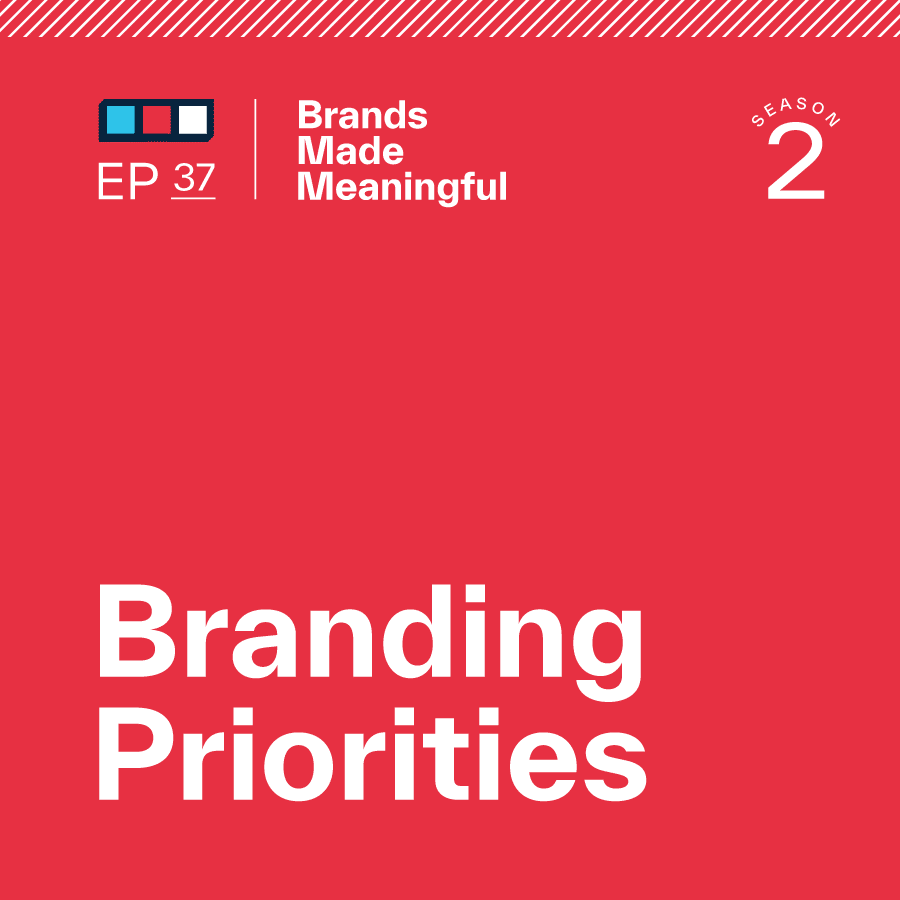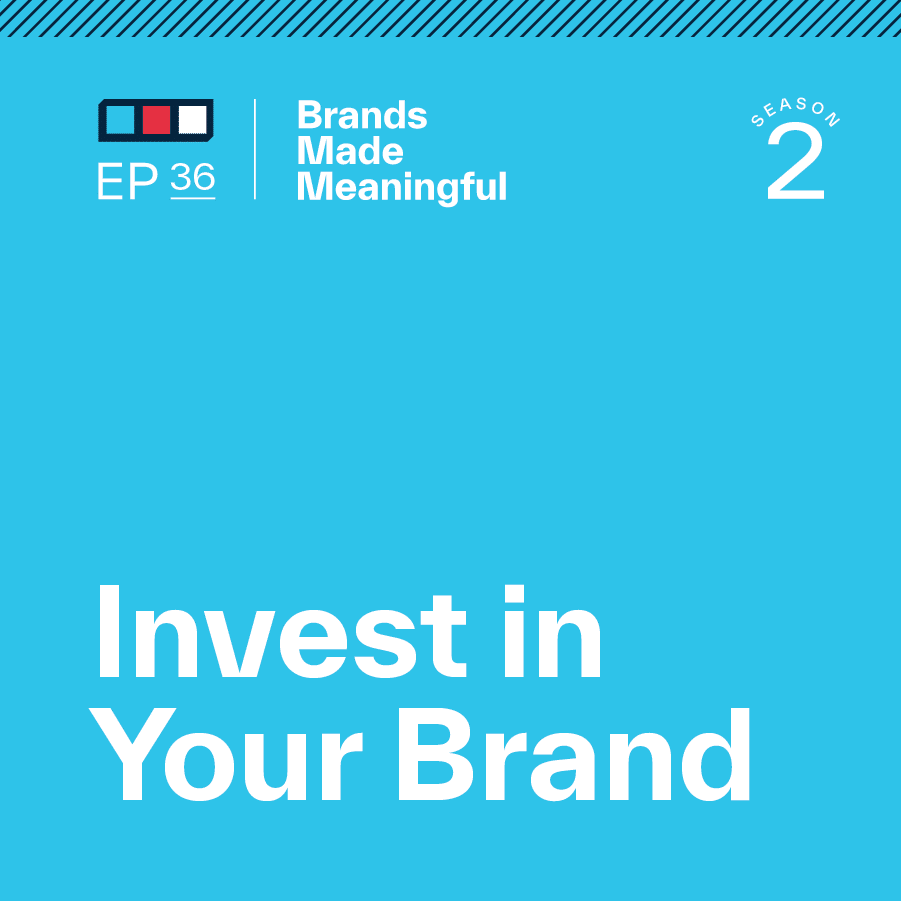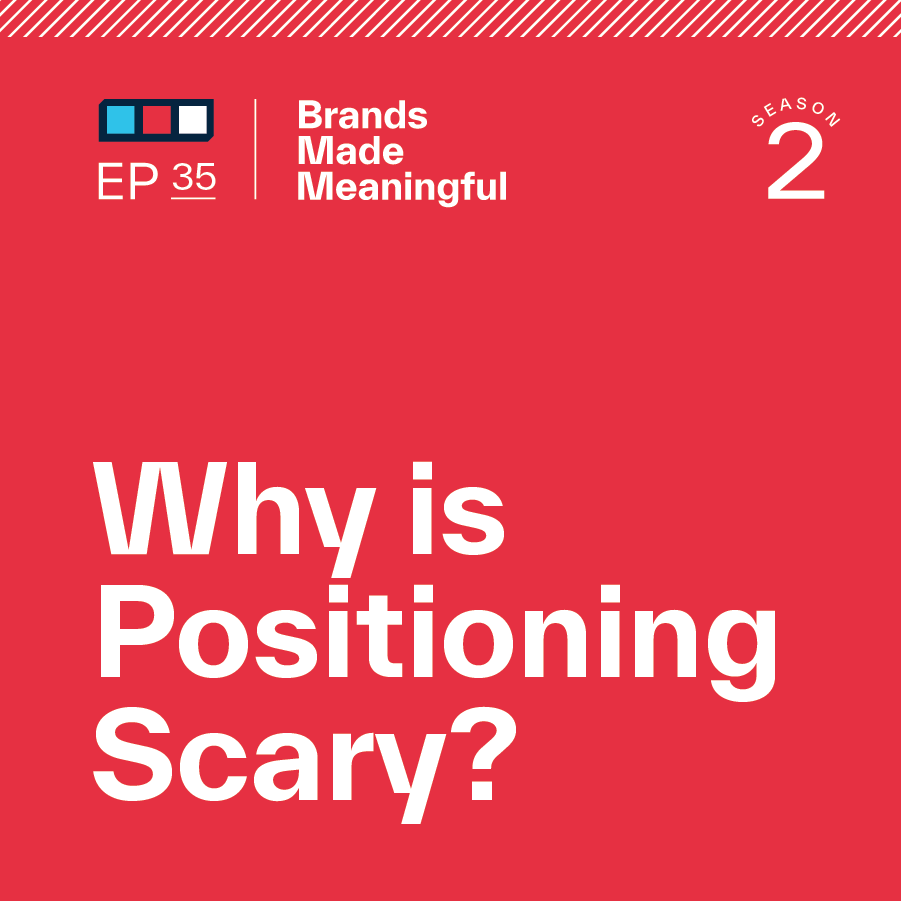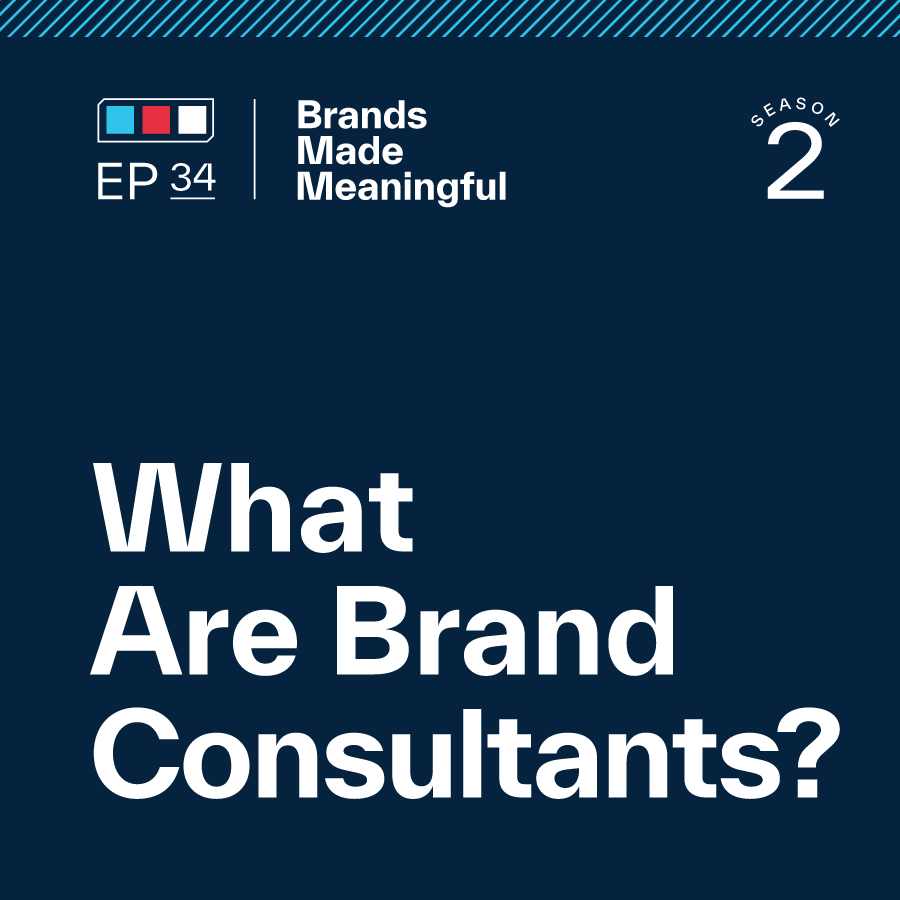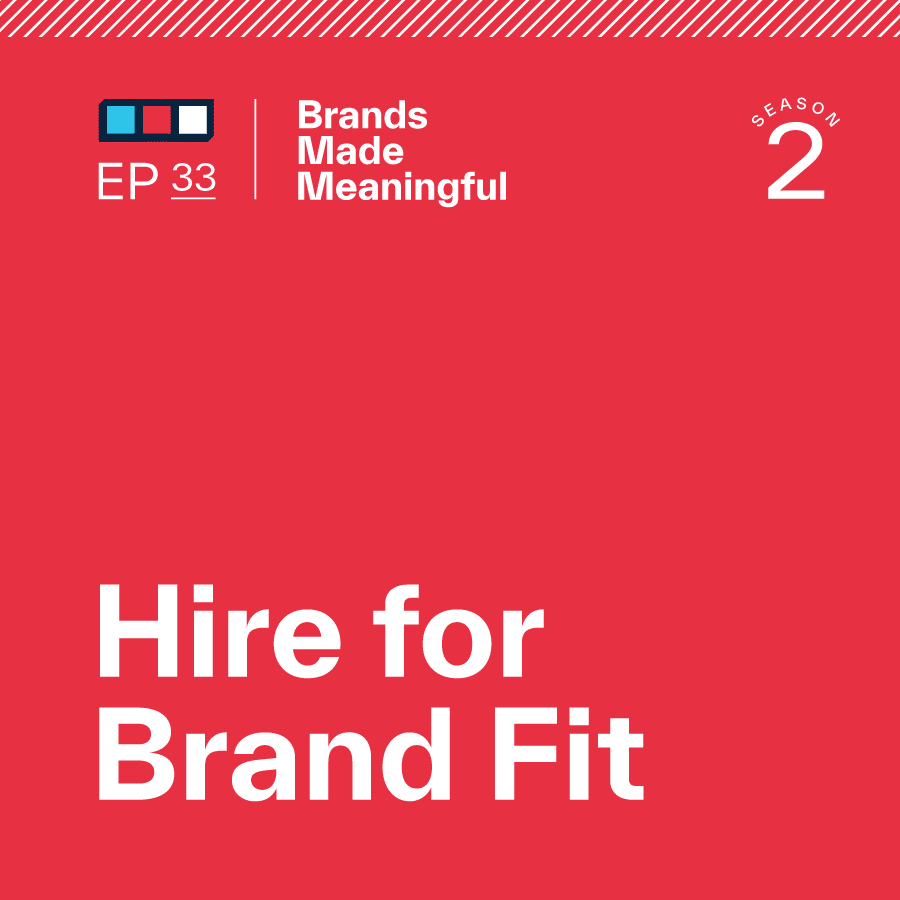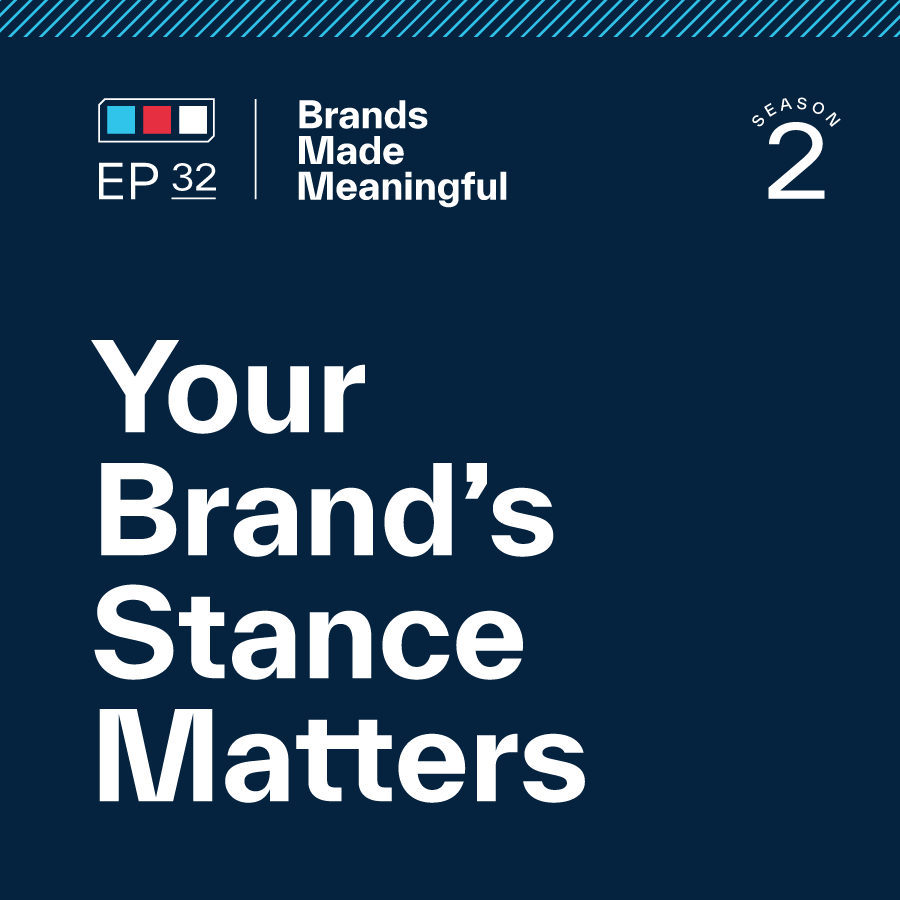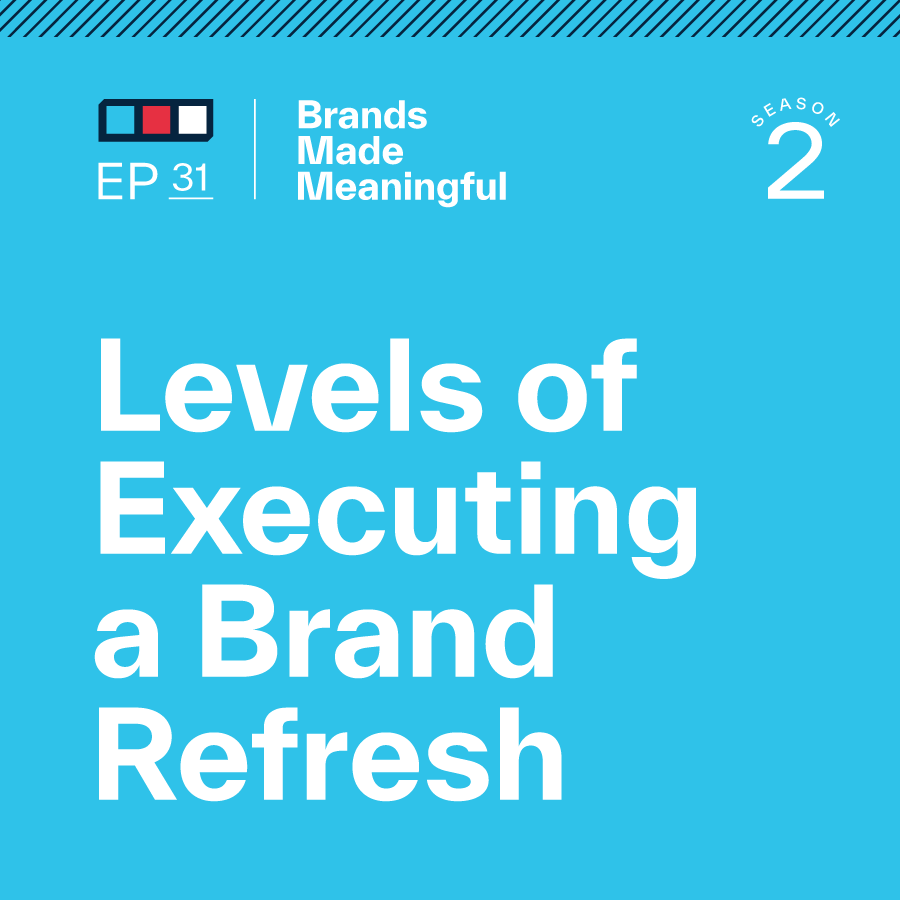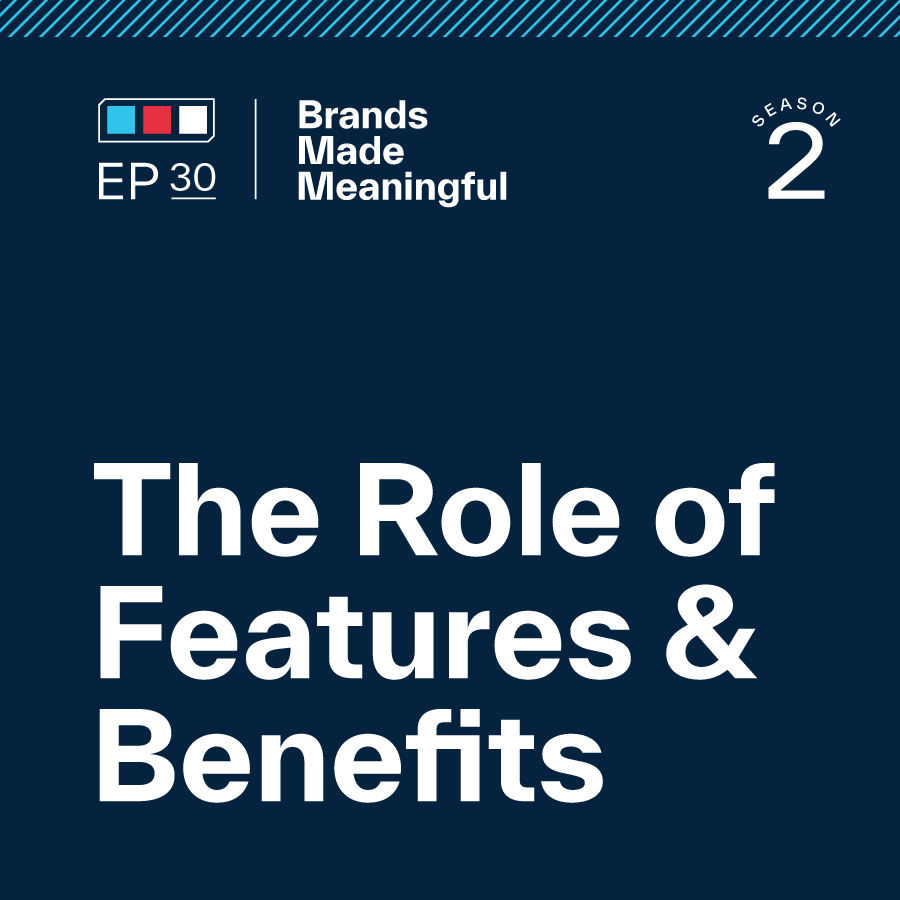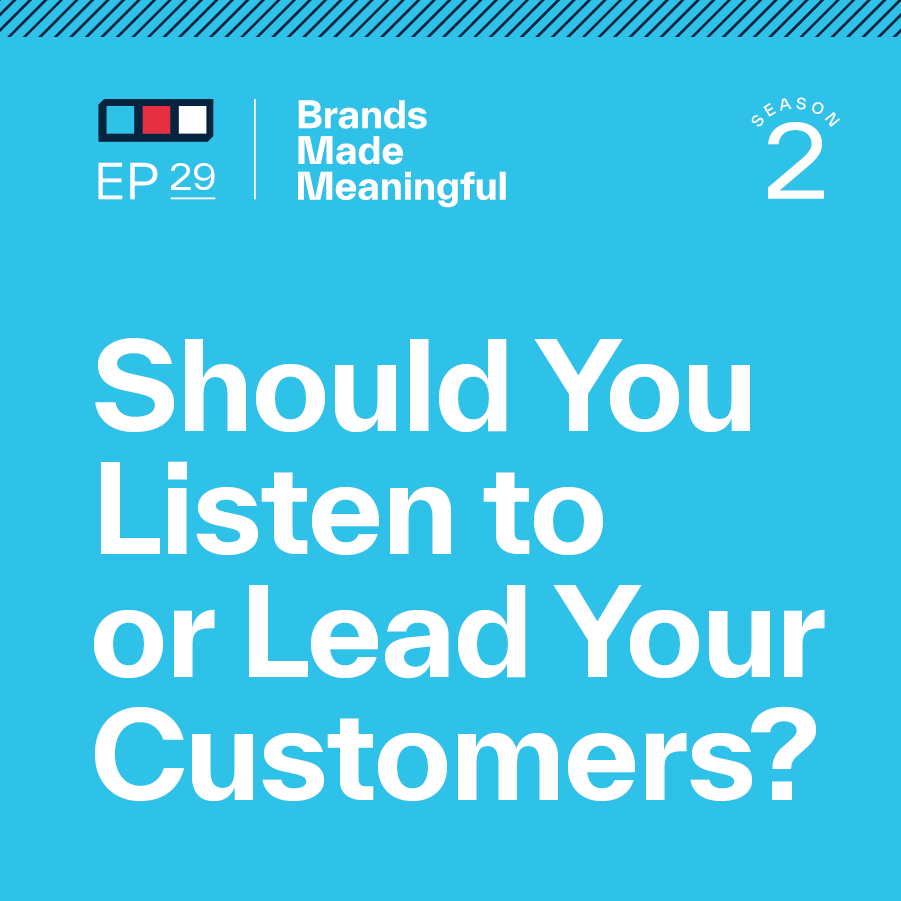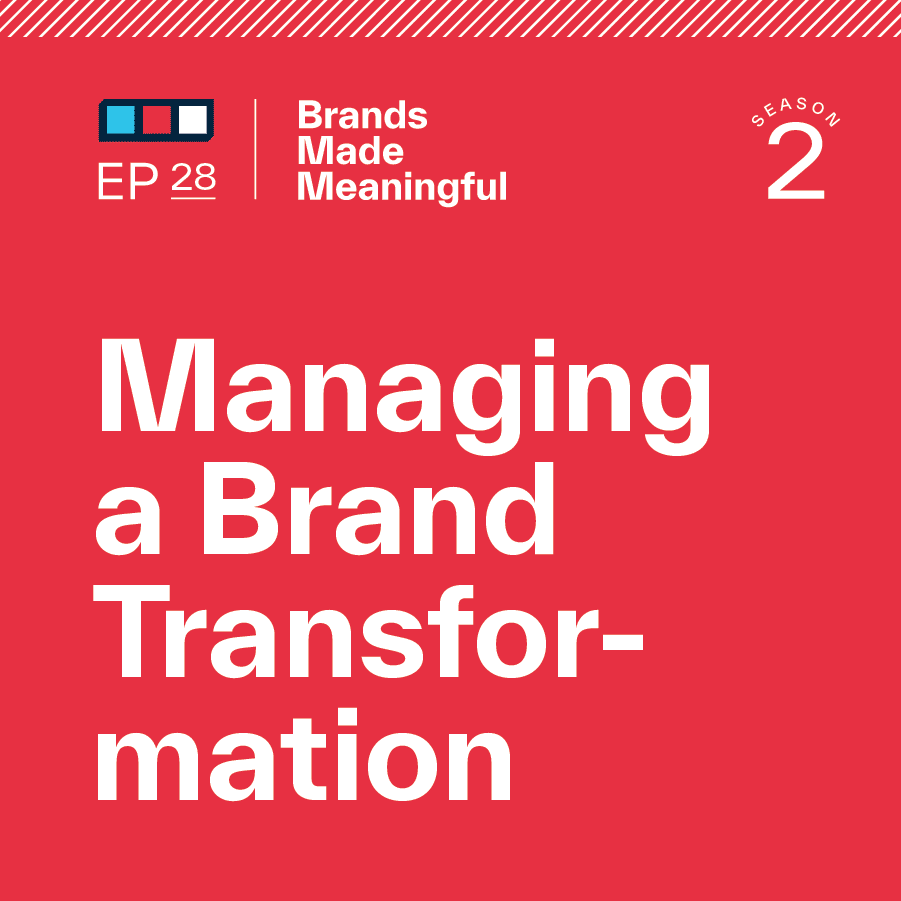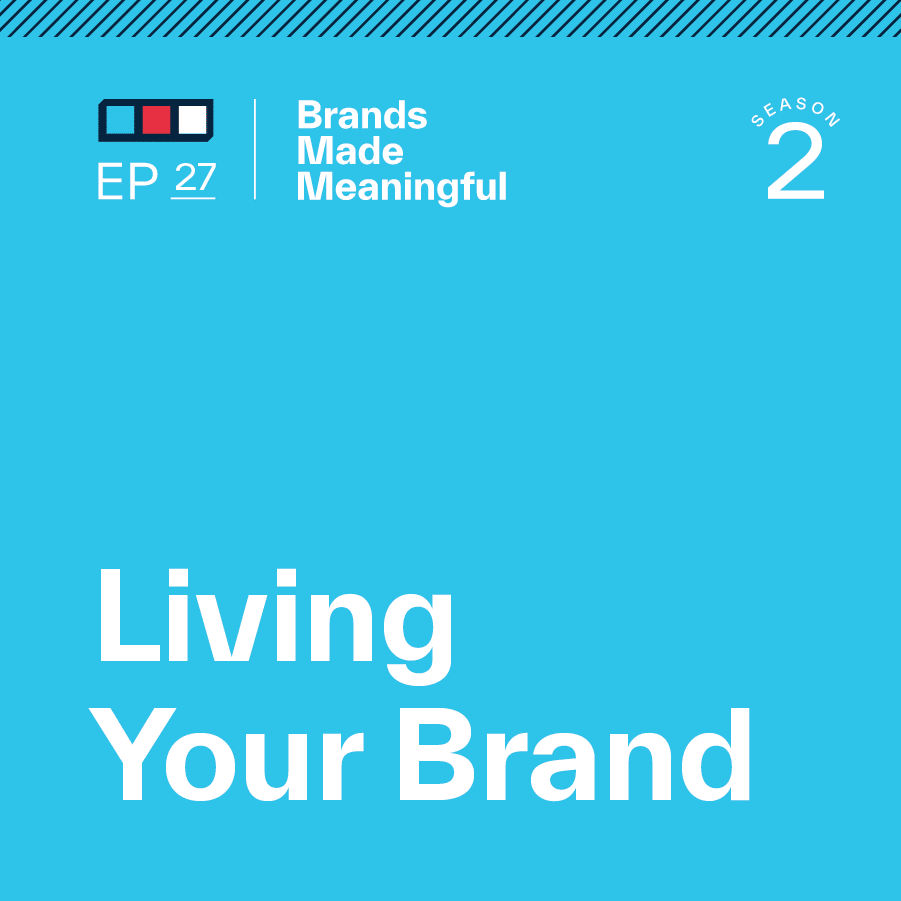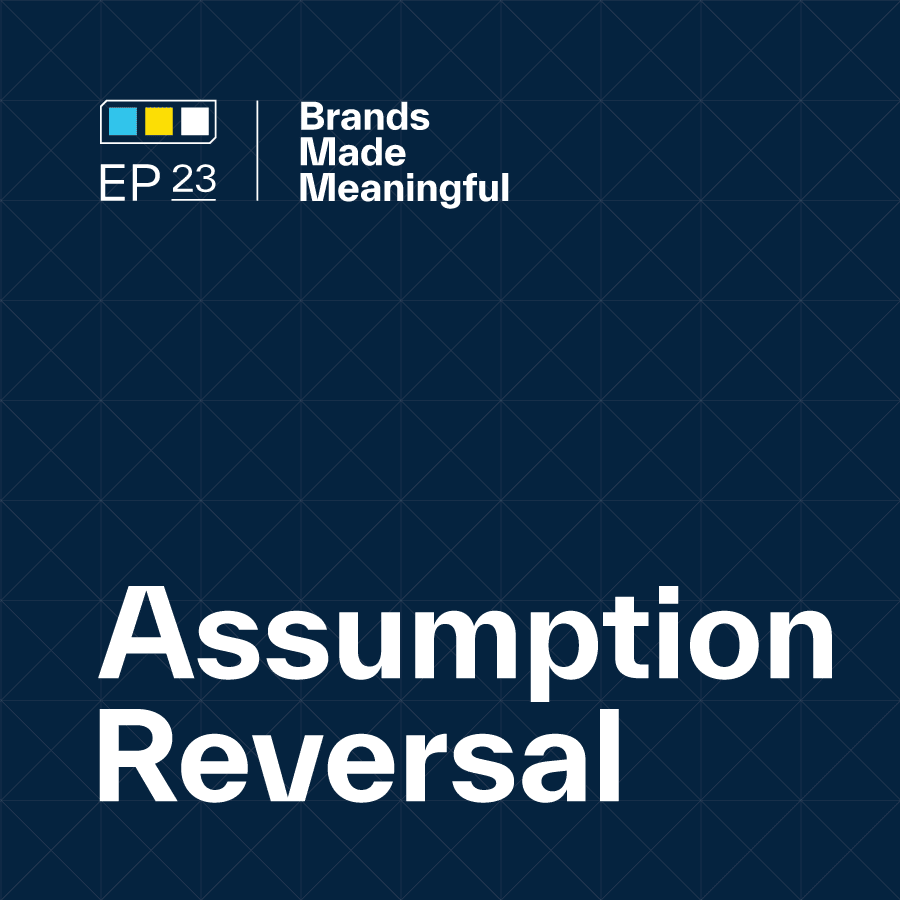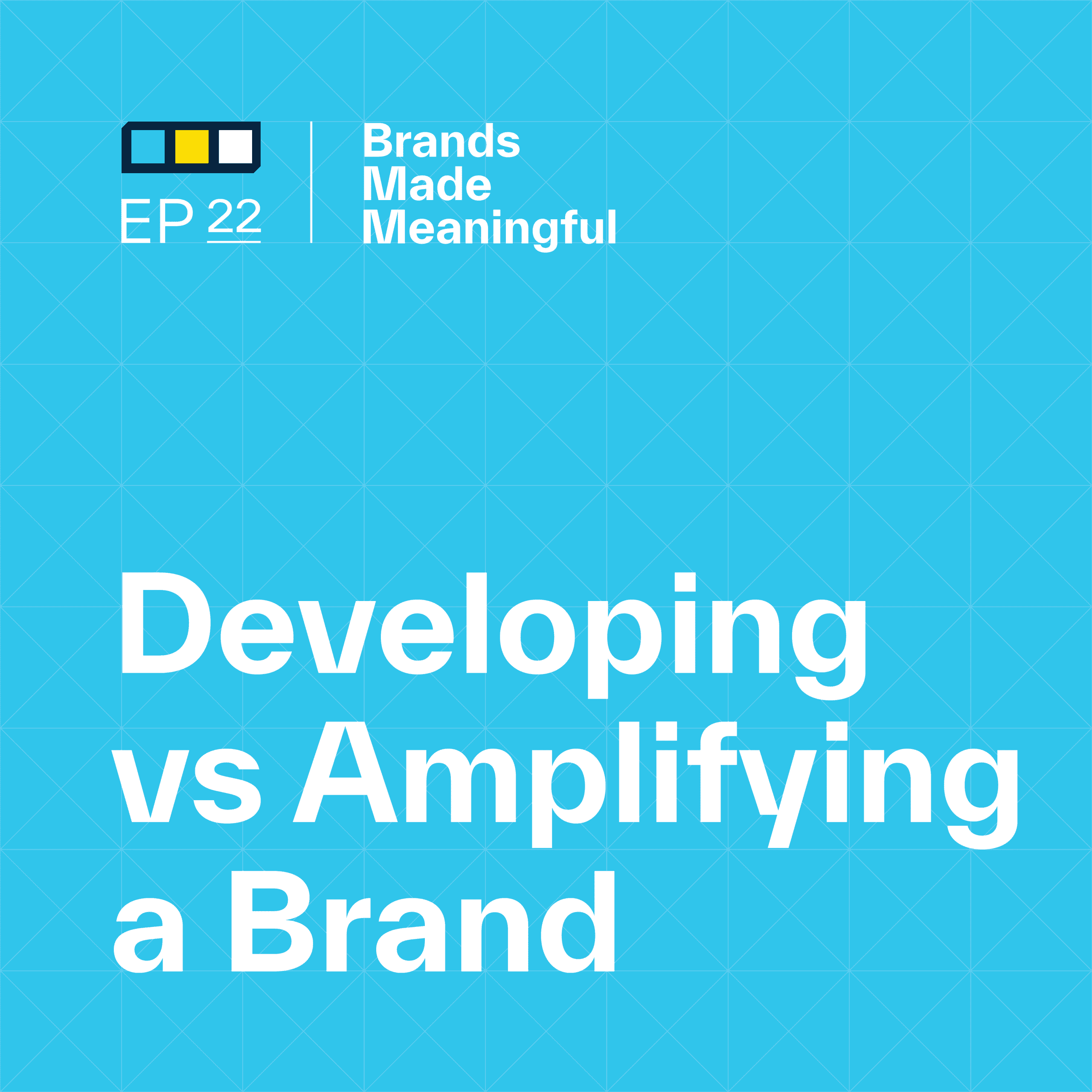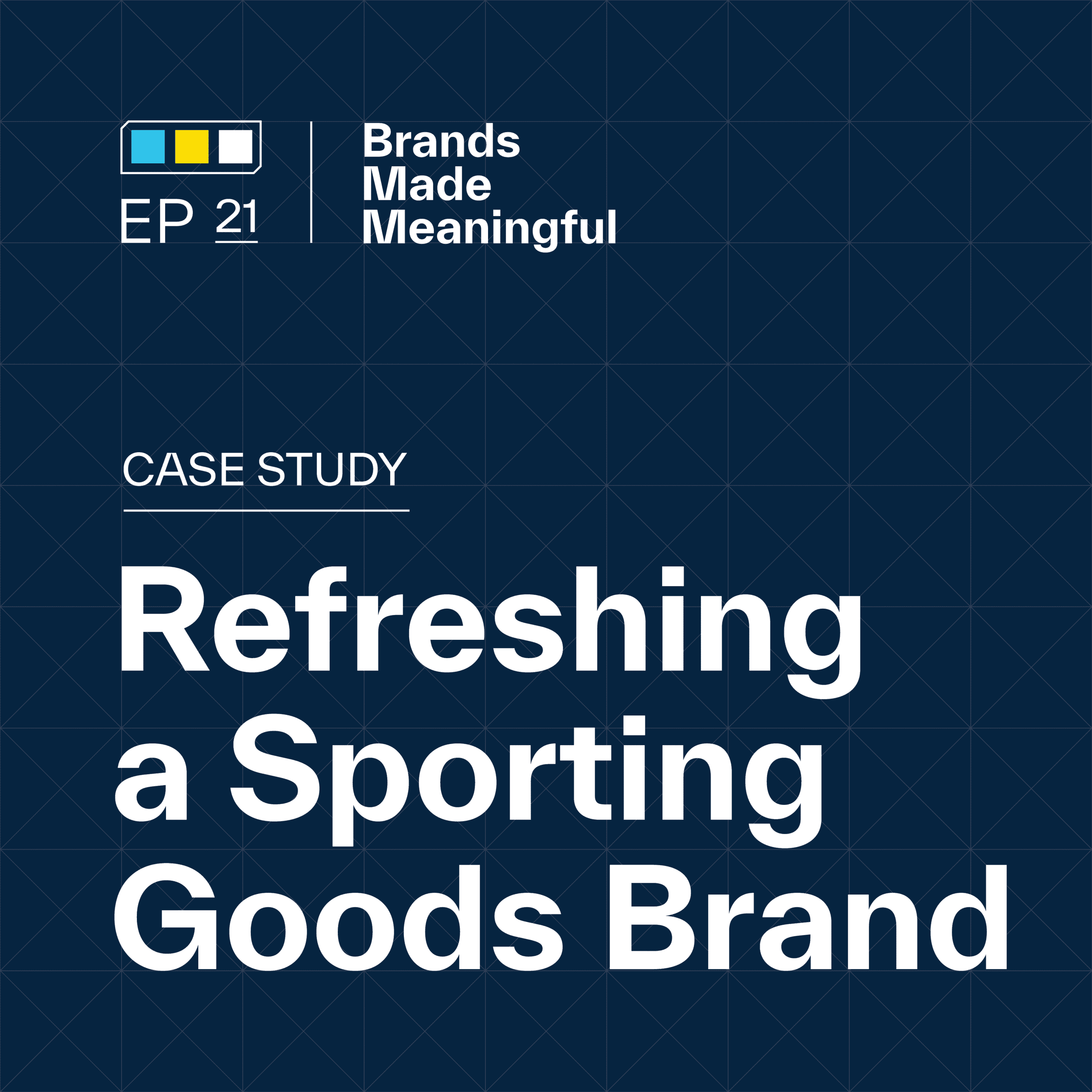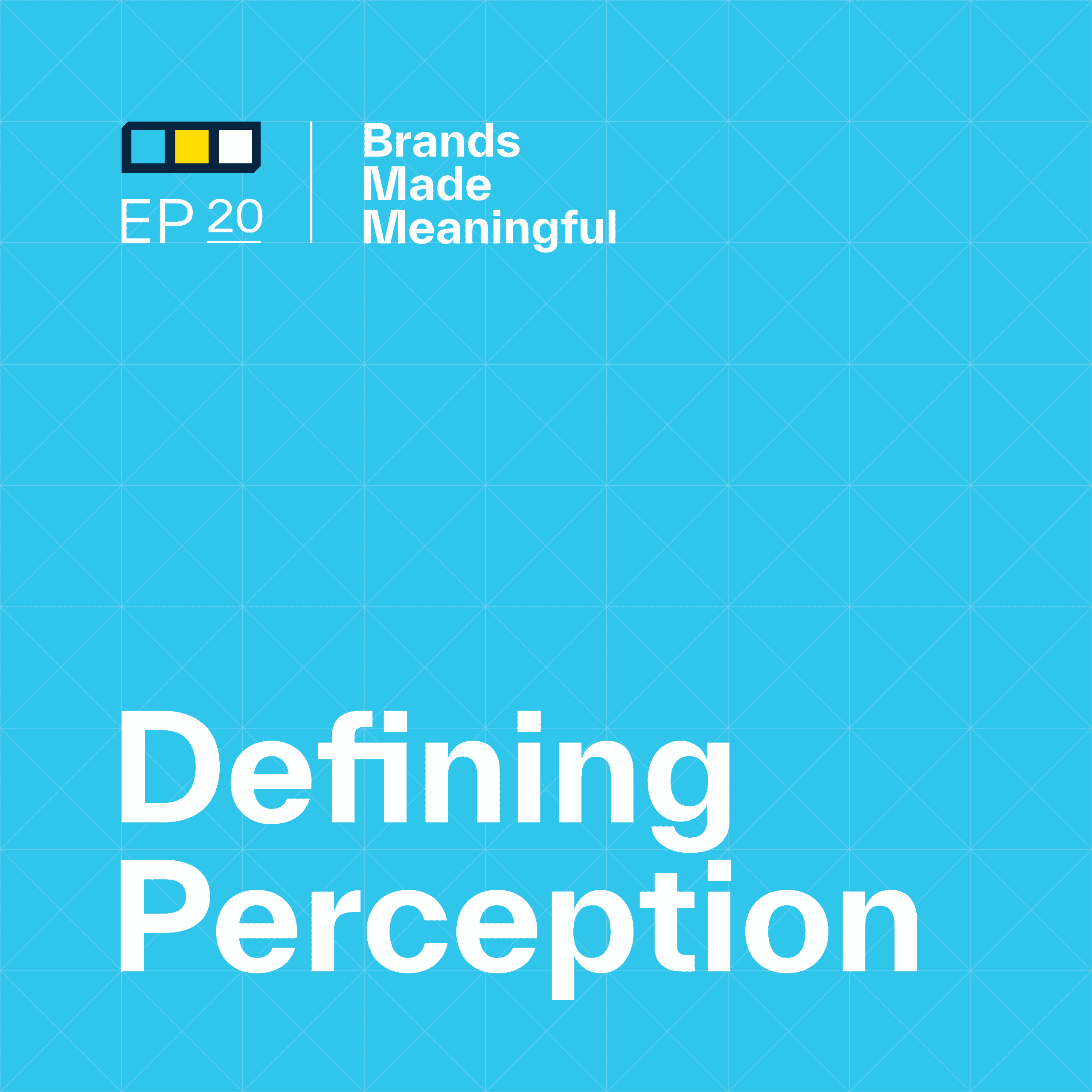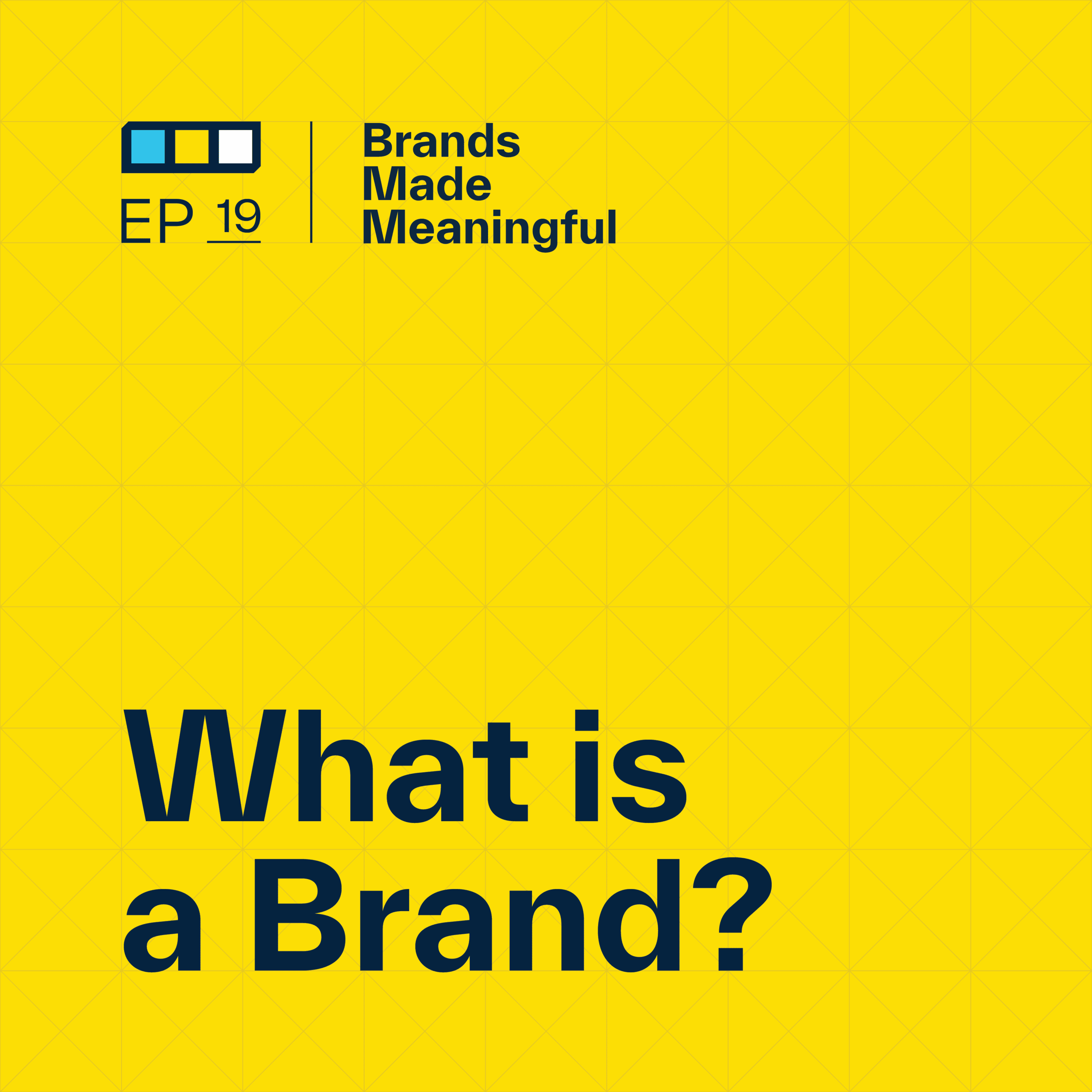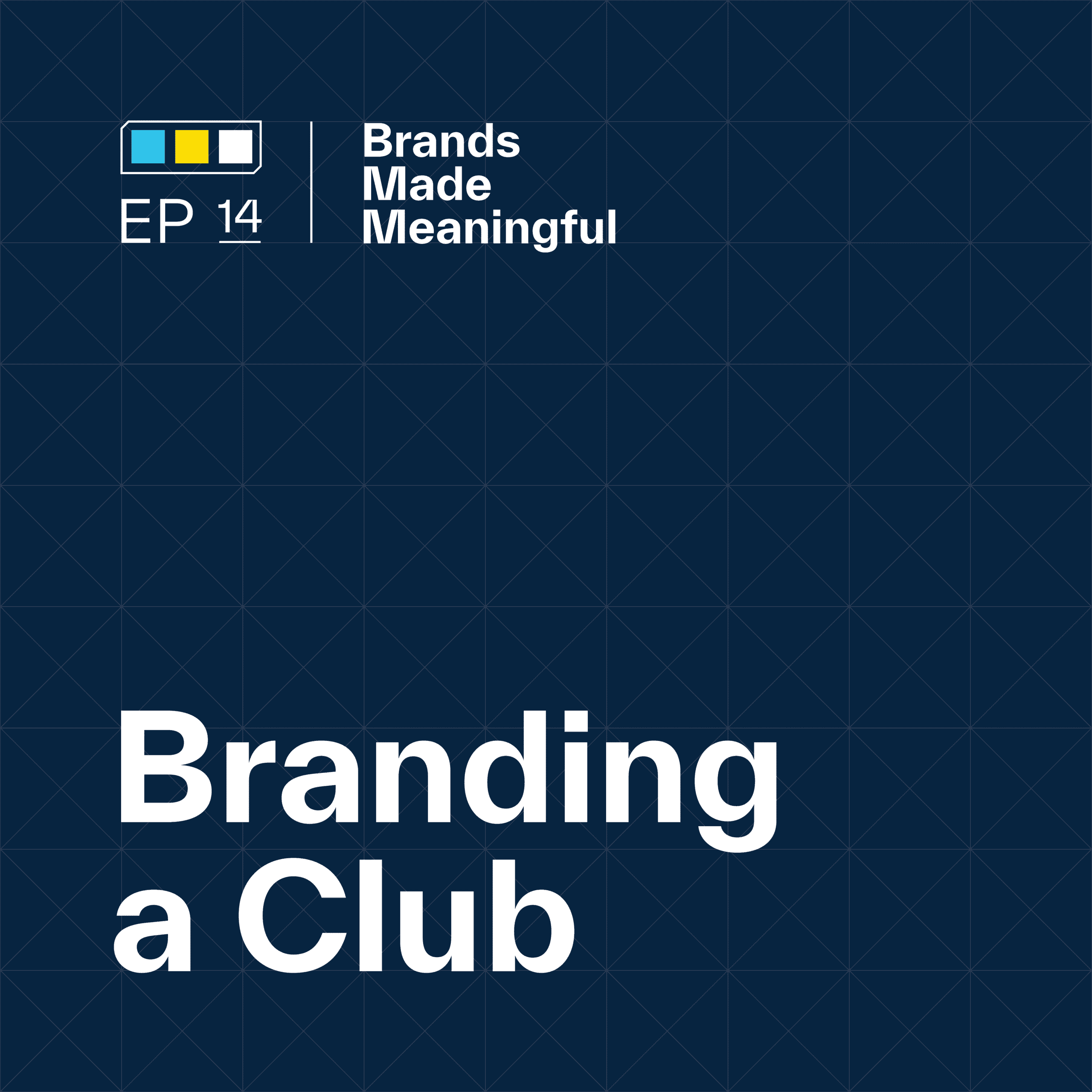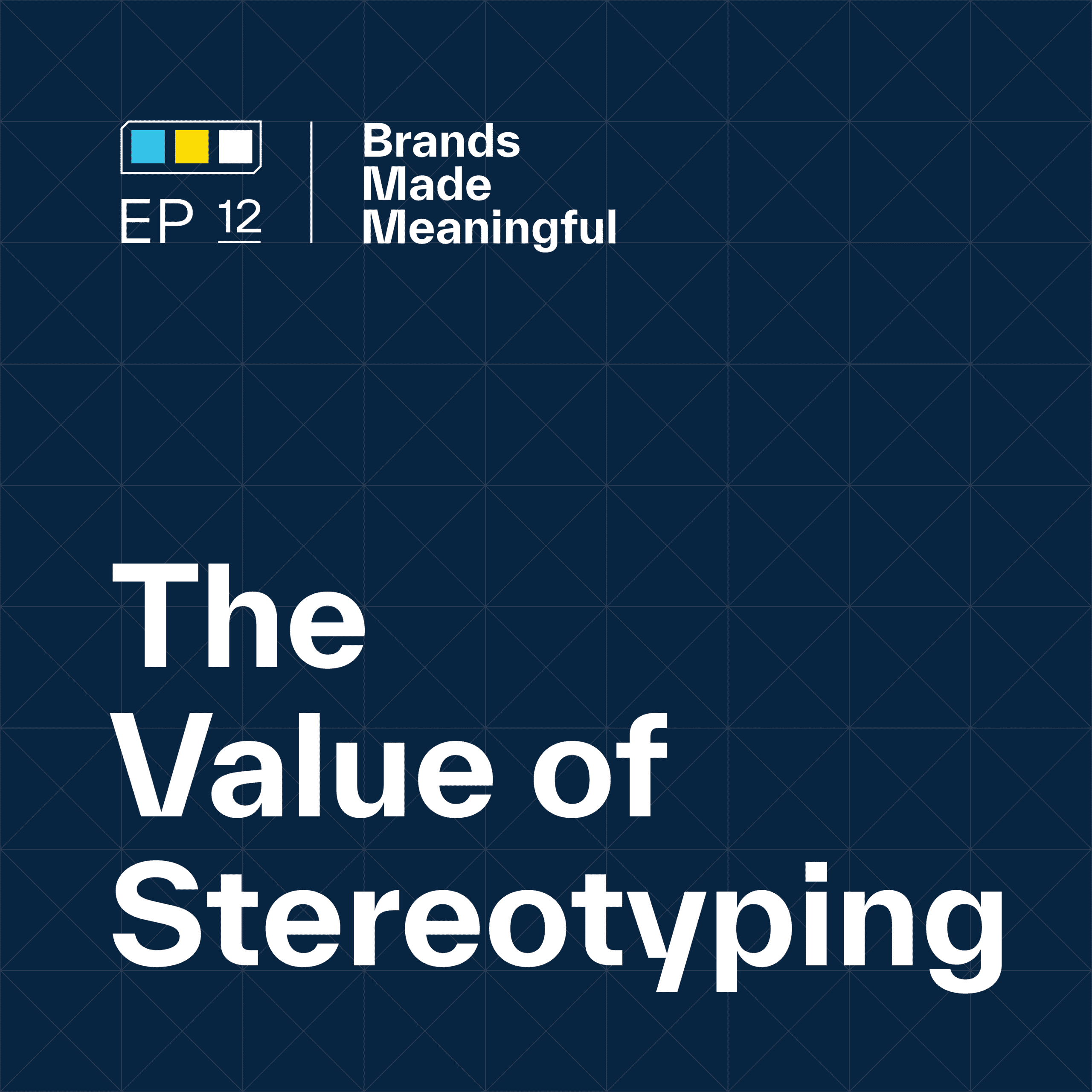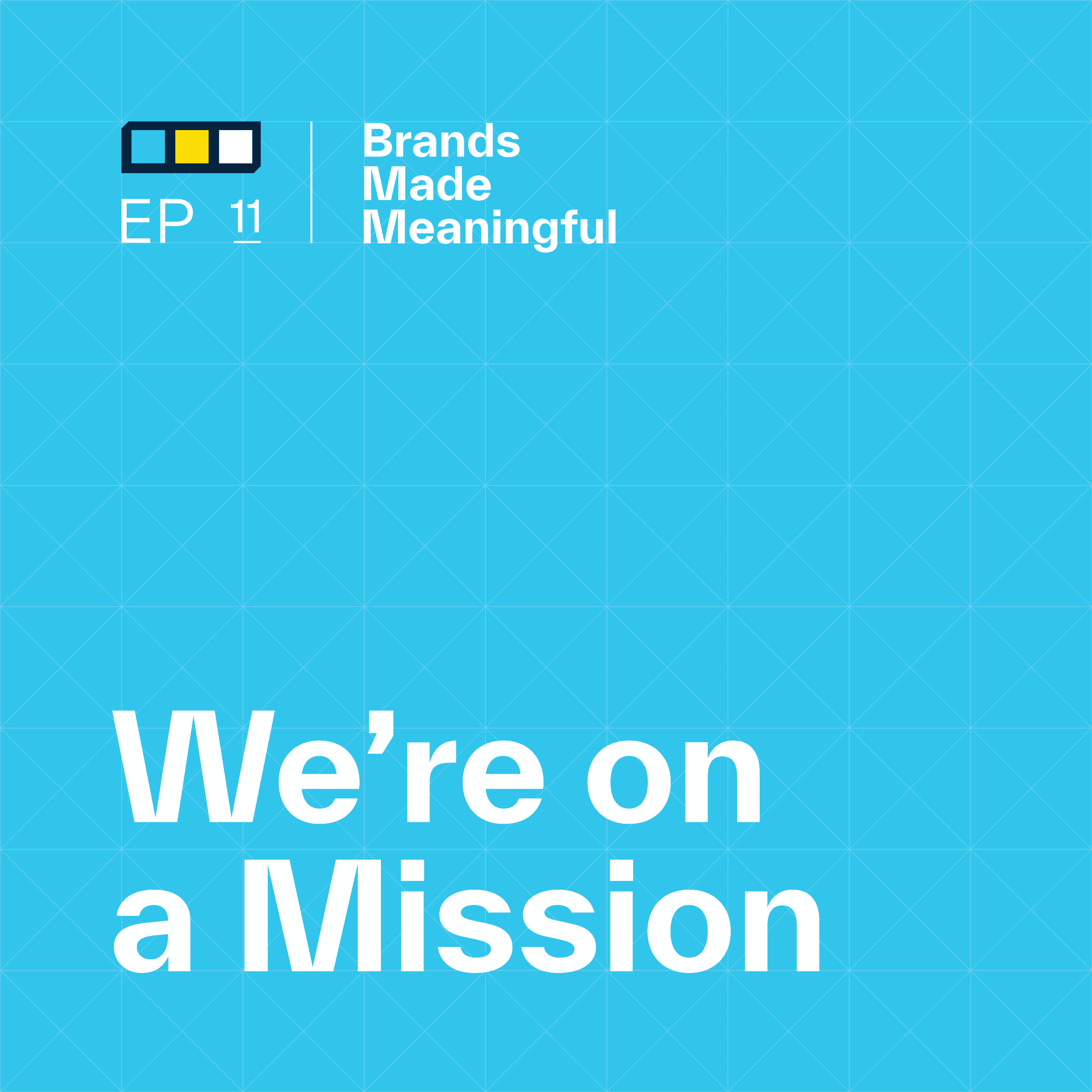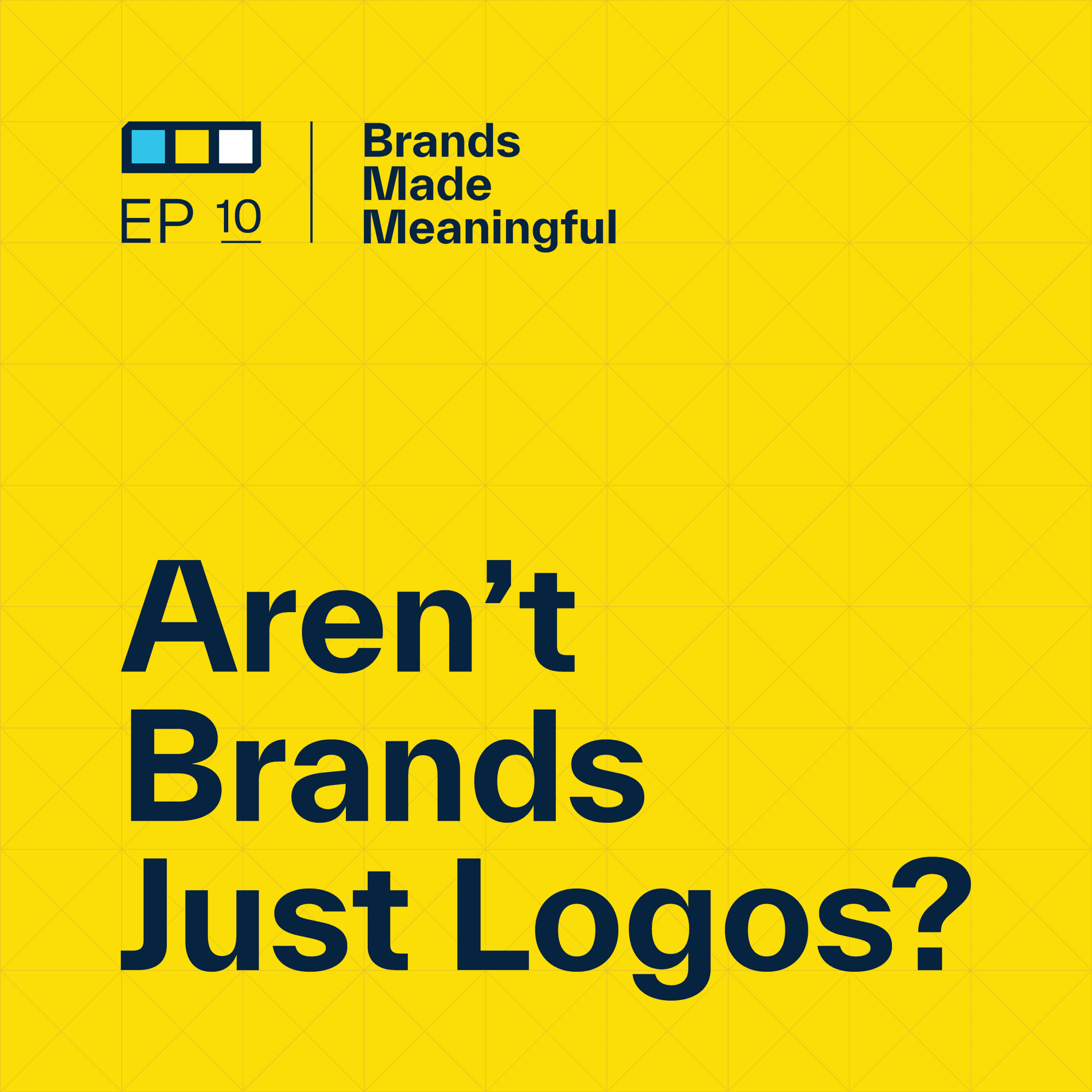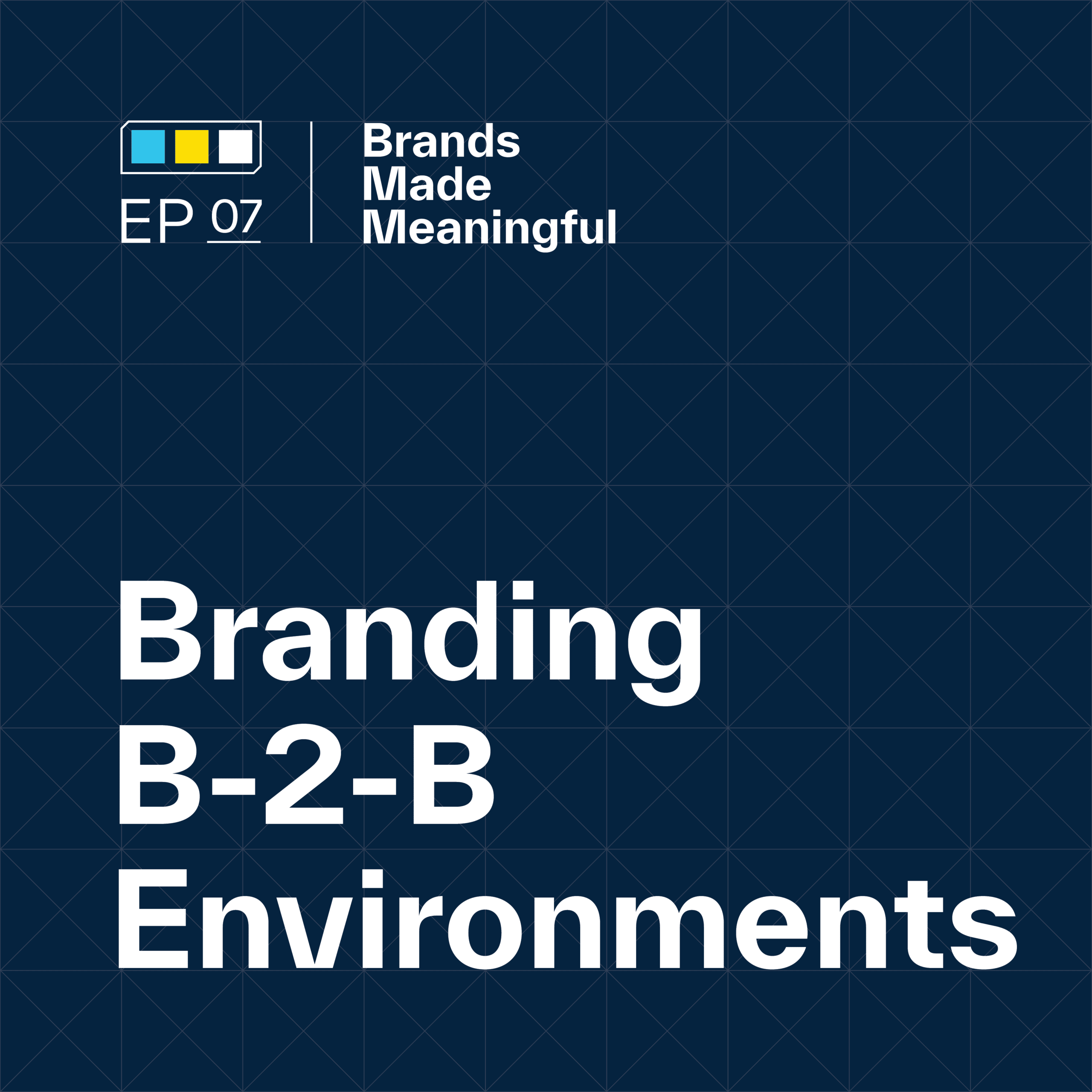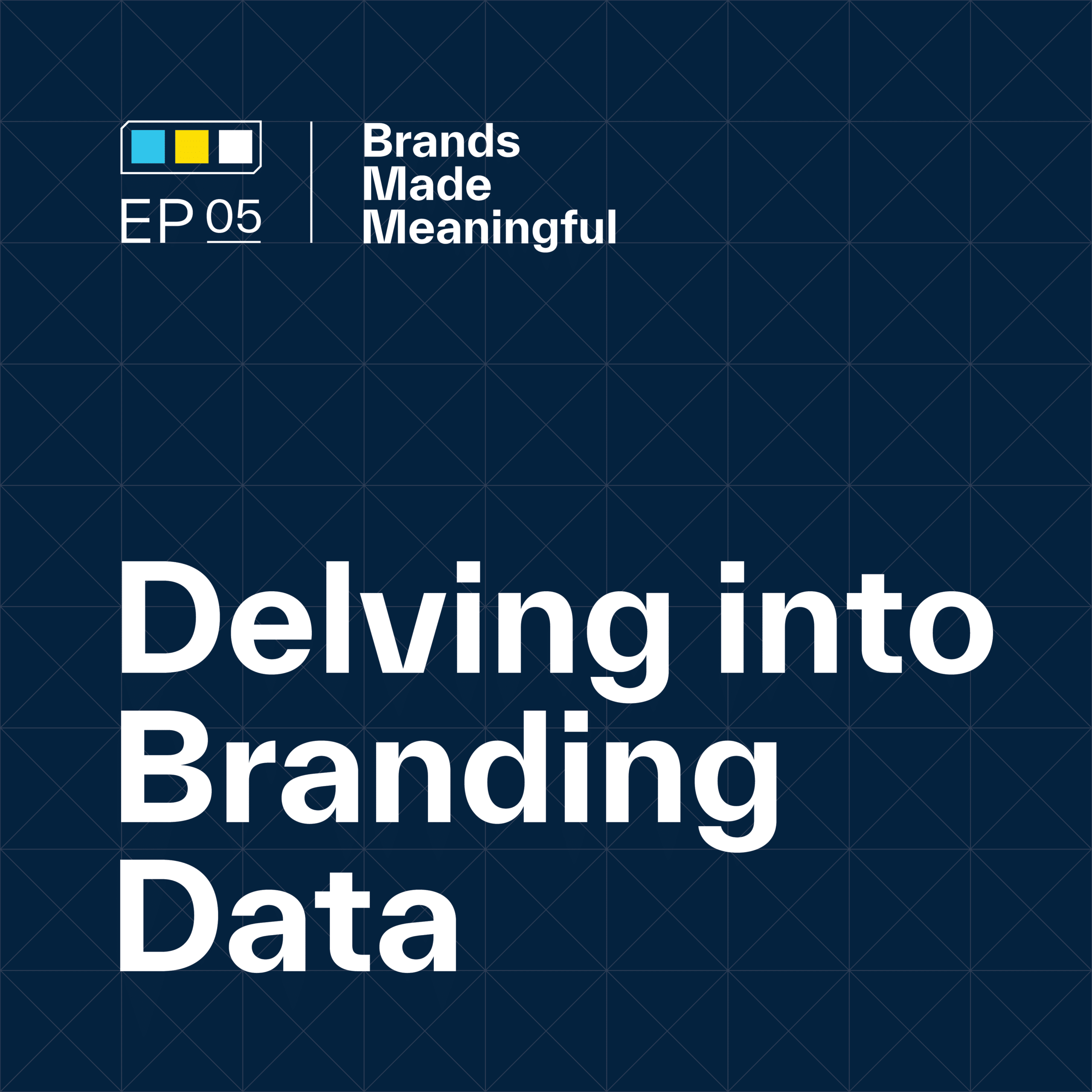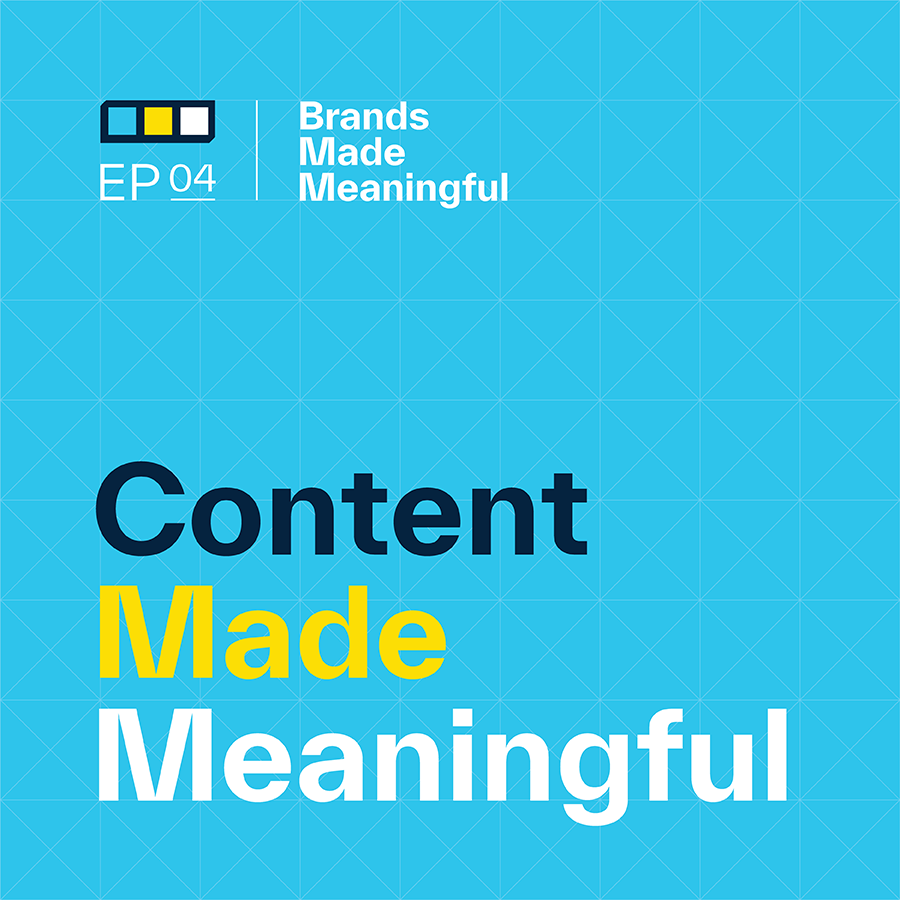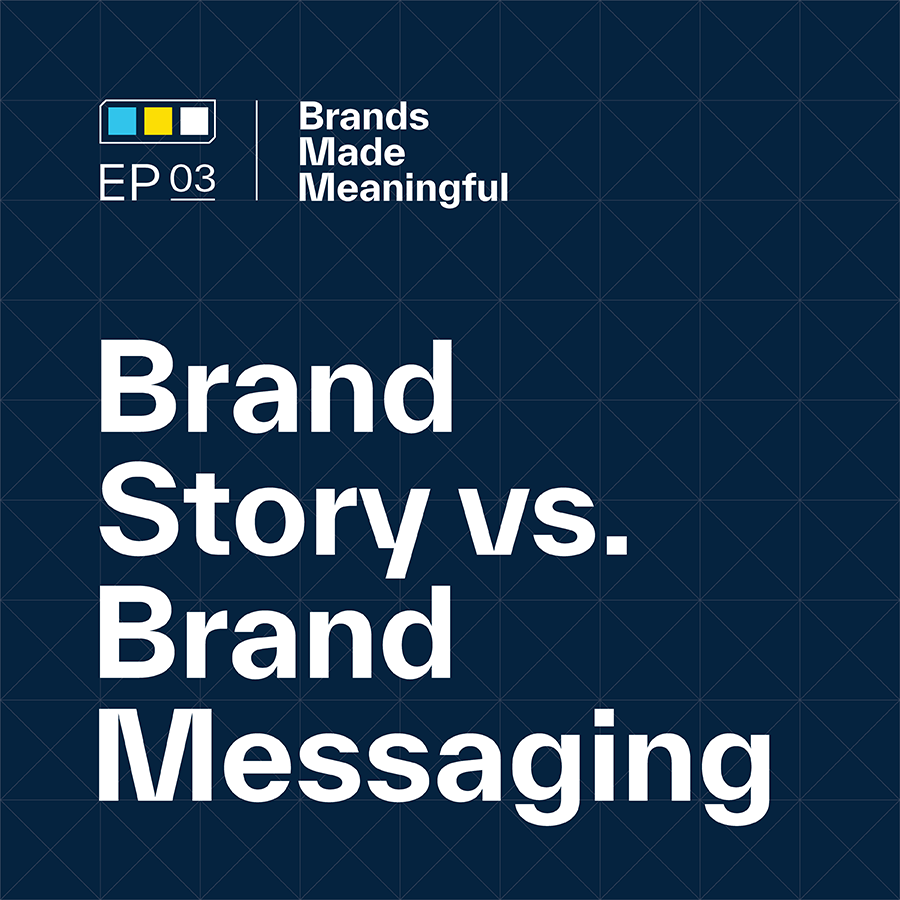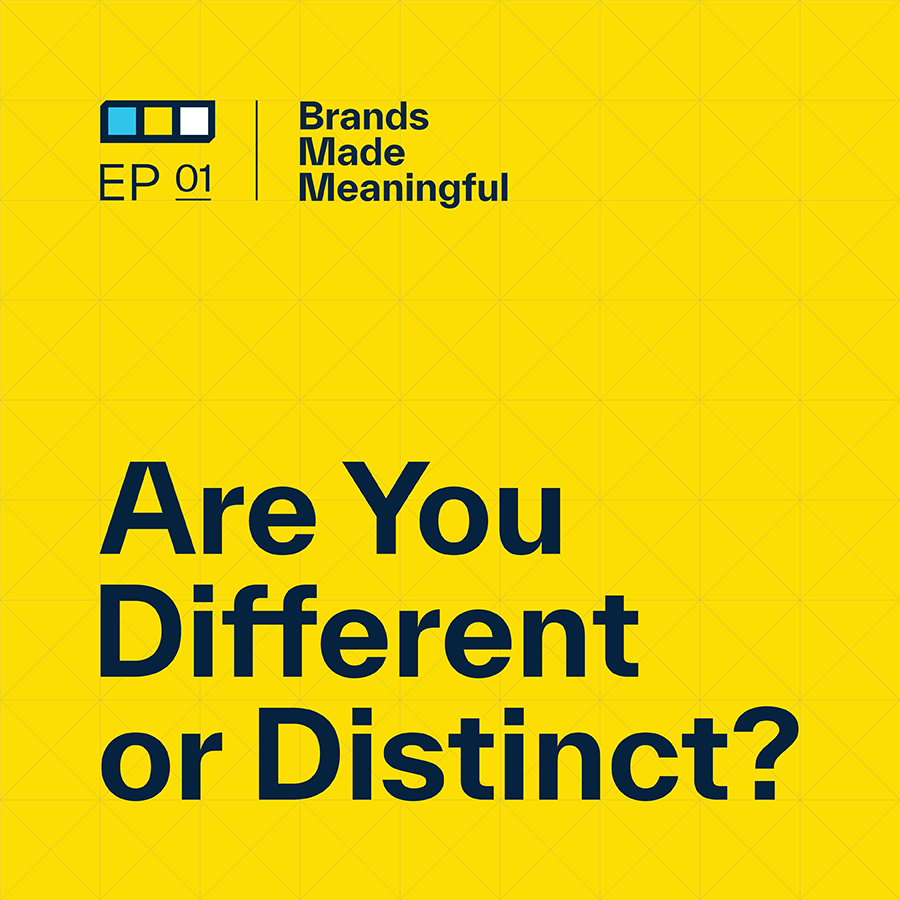EPISODE 09
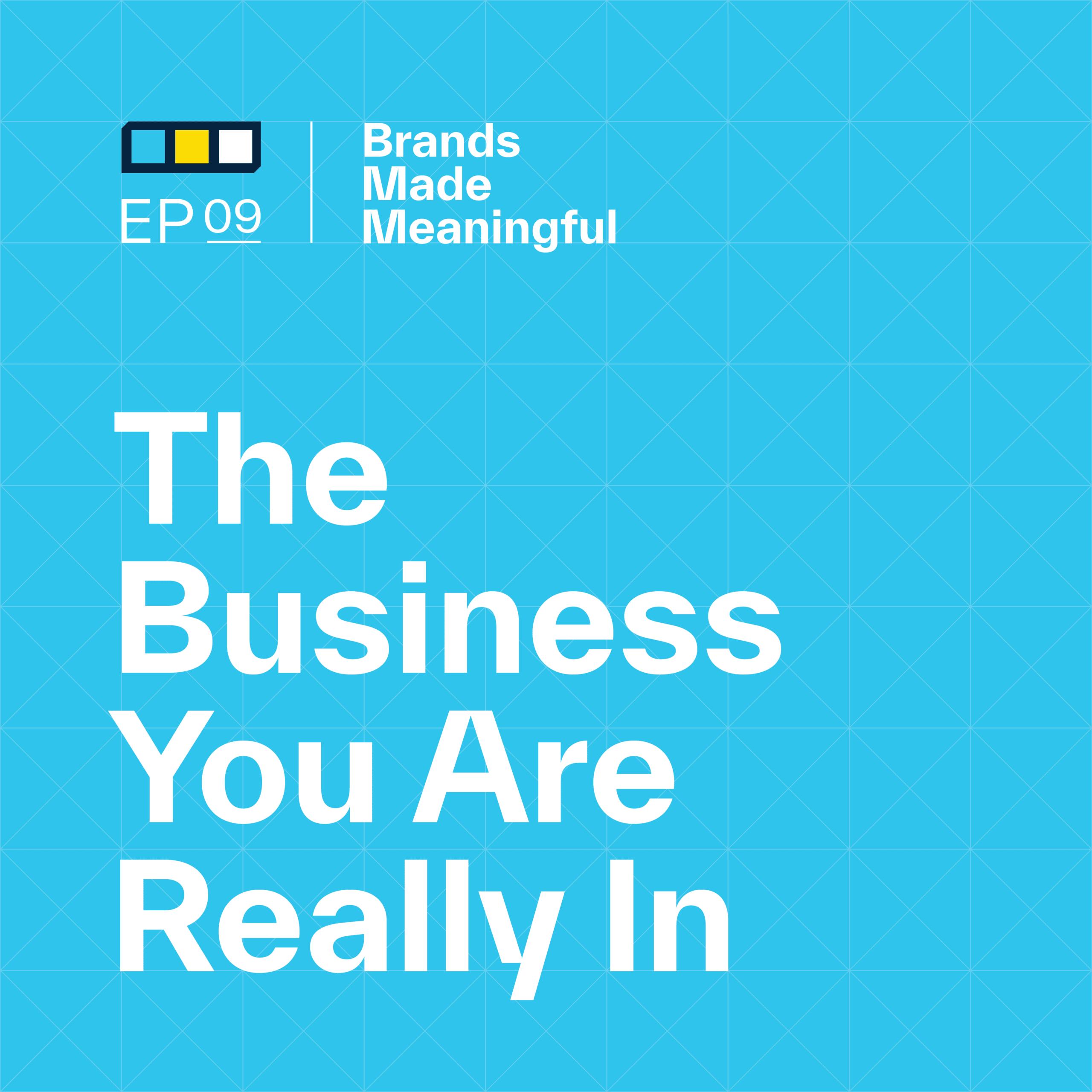
The Business You Are Really In
Episode 09
Derek and Tucker sit down today to discuss how to discover what business you are really in to better understand your mission statement.
EPISODE TRANSCRIPTION
Today we’re talking about what business you are really in.
Tucker
Derek, I had just gotten back from vacation and this conversation is actually perfect because I was on a flight two days ago (I got back home from vacation two days ago). I was on a flight and I won’t say the airline, but they do a really great job of this understanding what business they’re really in. And I was looking at the preflight movie where they show you all the safety stuff and here’s a little bit about us and all this other stuff. And you can see it when you walk down that jetway because they got the posters on the side of the jetway that have their little brand campaigns all the way down. And I was sitting there thinking about this conversation because we had established this a couple of weeks ago, and I was like, That’s perfect. The business this airlines really in is the business of opportunity. Everything they talk about is getting you to a place where you can achieve more, experience more and be better. And it’s all about opportunity.
Derek
So you’re saying those posters didn’t talk about being on time? Or a great, clean, wonderful, functional, spacious airline? It wasn’t about the features and the benefits that they provide to you while you sit on that airplane for 4 hours?
Expand Full Transcript
Tucker
It wasn’t about the free bag you could get on the airline. It wasn’t about the rates. It wasn’t about any of that. Mind you, they’re not the cheapest airline, but you can see why. The way that they carry themselves, the way that they talk, the way that the flight attendants deal with situations and issues is way more about the bigger picture. We’re trying to get you here. We’re trying to get better. We’re trying to do this.
Derek
The purpose of your vacation wasn’t to fly on an airplane, it was to go get someplace to experience something (in this case with your family, with your friends, with some sunshine) and that’s what they’re selling.
Tucker
The opportunity to get away.
Derek
I can think of another airline that literally just sells, “save money.” The spirit of their brand, the ethos of their brand is, “Save more.”
Tucker
So what we’re talking about today is the business that brands are really in, and this changes all the time. And when we talk to people, this is my absolute favorite piece of the brand strategy phase that we work through. We call it an essence, some people call it an ethos, some people call it something else, but we call it the business that you’re really in for layman’s terms. So this is what I consider the ‘aha moment’ when we do all of this brand strategy. We have this big, deep story that we’re telling. What’s your purpose and what’s your vision and what are all these things? What is your mission? What are you trying to do and who do you serve? And we understand all these things that we build around your perception and understanding that, then at the very end we put a stamp on it and say, “Okay, the core of this brand, the business that it’s really in is X.” To me, that’s the ribbon on the present.
Derek
Yes, it’s the heart. It’s literally the heart. If you can get to this, and I would argue that most successful organizations have this. When you look at their marketing materials and their sales materials, I just don’t know that enough of them have articulated that internally so that there’s a clear, unified understanding internally as a team that then gets told and permeates all of their materials.
Tucker
Exactly, and when we talk about this stamp or this core and what does that mean? It’s not necessarily the story. In other episodes, we’ve talked about story versus messaging, like we consider a story of a brand (the larger story that you’re telling) there are lots of facets to it, but this is that core. What does everything revolve around? And when we say what is the business you’re really in? You’re not necessarily in the business of selling X product. You’re in the business of what that product provides for your customers. So if we think about it in the sense of what are we selling in terms of philosophical or emotional solutions?
Derek
If we can think about what we sell beyond the features in the benefits and the specs and what that product or service actually does externally or literally, and think about the emotional things that the customer who uses that product can experience. If we can connect with customers emotionally and they emotionally associate us and whatever we sell with providing them with the change or the solution that they were looking for, they become what we refer to as brand advocates. Then they’re referring you to their colleagues and their friends because they don’t think of you as just having the greatest thing or the cheapest thing, it’s the thing that solves the problem.
Tucker
Yeah, and I think it’s important. When we talk about some of this stuff, I’ve seen clients before, they just roll their eyes. They’re like, “What do you mean? So I’m an airline and I’m selling opportunity? Is that really what you’re telling me?” And I think from a outside perspective, it absolutely becomes a roll your eyes moment. Where it’s like, “No, I’m selling a flight.” It’s like, Yeah, you are. And when I went on that flight, it’s not like they come out and say, “Hey, you’re buying opportunity from us, here’s this! Thanks for doing this and we’re going to give you opportunity.” They don’t do that. It’s this underlying theme that kind of permeates throughout all of their marketing materials that then lets you understand yourself. It guides you to the understanding that really what they’re selling is opportunity. Whether you get that or not doesn’t matter.
Derek
The person, what they want with respect to your products is this essence. If, like I said, when you fly in an airline, most people don’t want to get on an airline for 3 hours and fly. What they want is the opportunity to go do whatever is on the other side of that thing. So people roll their eyes at us because they think, “Well, we’re not providing opportunity.” But your customers, That’s exactly what they want from you.
Tucker
Yeah, and what I’m trying to get at here is just because that’s the core, just because the team has decided, “Yup, you know what? The business that we’re really in here is this.” Let’s just keep running with the opportunity here. If the business that we’re really in is opportunity, that doesn’t mean we’re going to use opportunity in any of the materials. That’s just going to be the guiding post. That’s going to be something that we look at and go, “Okay, does all of this combine into feeling like we’re giving people opportunity? Or does the messaging revolve around opportunity without saying opportunity?” Really long lead in here, but what we’re getting after is the importance of this is all about understanding your business in an emotional way so that you can have clarity around how to best market it. I think that clarity gets lost because of people rolling their eyes. And mostly the people that roll their eyes are tactical people who are like, “Well, I don’t care because I just want to run Google ads on this. Let’s just get it done.” And it’s like, Yeah, that’s great. But those ads aren’t going to be as effective because you don’t know what you’re talking about, they don’t resonate and this piece is really the core of a brand. It’s also the cornerstone of people’s culture. Why people come to work for you. If you’re selling opportunity versus selling flights, people are going to want to work for the people who want to sell opportunity because they want to sell more in themselves.
Derek
And there are some features and benefits underneath opportunity that also inspires. We’re giving you the opportunity to arrive at your destination on time. We’re giving you the opportunity to experience this travel in a comfortable, safe, clean environment.
Tucker
Yep. And I think that as long as you start looking at it through the lens of the core, instead of looking at the core as the final answer, then you start really understanding how this can work.
Derek
Yeah, I think lenses is a great way to describe this essence, the heartbeat of the story that we’re talking about.
Tucker
So as we move forward, how are we going to find out ways that someone’s brand doesn’t have this core or doesn’t have an aligned core? I mean, some people kind of get it, but not all their pieces align with that. What are some of the things that people can look at and say, “Oh, maybe my core, maybe the business I’m really in isn’t as underserved as I thought it was.”
Derek
Yeah, you know Tucker, one of the things that I go to almost goes back to the boardroom and the leadership team. This happens to us all the time when we start working with somebody is to be able to circle that group and have a conversation around how clear and unified they are in these brand foundational guiding principle type of things. And if they haven’t already defined or articulated what this organization stands for and the kind of people that they need, etc., then trickling all the way down into your website, your marketing materials, that’s going to make executing any language or messaging or visuals on that really, really hard. So one of the symptoms of not being able to have identified the spirit of your organization or what it is that the business that you’re really in is that you just might not have those guiding principles in place and done the hard work of working on your business to pull those out and articulate those.
Tucker
I think that it really stems from a lack of direction or decision-making. When you say guiding principles, I think of people not understanding where they’re going. When we talk to leaders, sometimes they come in and say, “Hey, I need a website.” And we go, “Okay, what do you need the website for?” “Well, I just need a website.” “Well, that’s great. But why?” And I think that when you ask why, enough times you start getting a deeper answer and the website, it’s never really their problem. But really that problem is a lack of direction or they don’t know how to make decisions on stuff. So they’ve been told they need a website by some website developer and they go, “Okay, yeah, a website is going to fix my problem.” Well, the problem isn’t the website. The problem is the way that you’re marketing it and the website’s just the feature that you’re doing that through.
Derek
So I was also out of town last week. I had the opportunity to go speak to a group of CEOs and we talked about this, we talked about story and branding and some of these components. After the talk, one of the attendees came up and we chatted for a while and he was telling me the story of a merger that his organization and another organization had just gone through. And he basically said, “Well, I think I have a branding problem.” So my question in casual conversation was, “Well, what’s the challenge?” And he’s like, “Well, my organization was founded by a couple of people that are no longer around, but their name is still on the name of the company. We just acquired another company and merged with them, and the founders of that company are also exiting and retiring. And now I’ve got two different organizations with two names, but we’re all in the business of accounting. And I’m not quite sure what’s the right next step? What do I do?” And, at a service level, my thought is, you don’t necessarily have a branding problem, maybe you do. Or you don’t have a marketing problem yet, but you need to figure out what it is that people want from this merged organization. He was getting into the weeds of the complexities of all the things that they do for business; accounting and payroll and tax advice and business advice, etc. And in a quick conversation, I can’t remember exactly what word he landed on, but based on the keynote that we talked about, he was able to a word of maybe clarity that helped him at least take that first step back and go, “Alright, yes I have some work to do” (in merger of any organizations, there’s a lot of work to do). But they were so fragmented that he was paralyzed and didn’t even know how to take that next step. So that lack of direction, lack of decision-making could absolutely be an example of an organization that hadn’t figured out what its customers were looking for from them. He was more trying to figure out how to tell people what the merged organization does instead of just taking a minute to say, “Well, what is it that our customers really need?”
Tucker
Yeah, what do they want us to do? Instead of figuring out what it does, it’s what do they need us to do?
Derek
Do you want tax advice? Do you want bookkeeping? Or do you just want the peace of mind of knowing that you’ve got the best advice and the best people helping you so that you can go do whatever it is in your business that you should be focusing on.
Tucker
Then you take that core and that guides everything; that’s great. But there’s also this core concept of how does that differentiate? And I think that when people talk about differentiating in a marketplace, this core, this business that they’re really in can really do that for them. We work with a business law firm, and they went through this rebrand and they didn’t really change their logo, didn’t really change in that stuff, but they changed their core of who they are; what the story that they’re telling is. And they went from being all about defense, advocacy, being what a lawyer is thought of, zealous, every kind of lawyer term that you can think of. Then they take that and say, “You know what? We’re not like that. Because when we really look at ourselves, we’re not really about defense. We’re not about hold the shields up and stand our ground. We’re about moving forward. We’re about going and conquering things. We’re about opportunity. We’re about moving that way instead of staying here and defending what’s ours.” That was a huge shift for them and it’s not like we told them that; it’s that they knew it inside. They just had no one to pull it out of them.
Derek
Yeah, it was a huge ‘aha moment’ that day.
Tucker
Exactly, and that’s my favorite part of that workshop. Is to say, “What are we really selling here? Well, I mean, we’ve got a purpose. We have a vision. We have a mission. We know where we want to go. We know what we want to become, but what do we sell?” And we’re not going to stop selling law, but what is that law versus the law across the street? We work with a pizza chain locally in Minneapolis and what do they do that a pizza chain across the street doesn’t do? They’re all about community and this other pizza chain might be about convenience, which is totally fine. But you can start seeing how they sell the same thing, but they’re different. That’s where we start getting into this larger conversation of, “Well, what do you do that no one else does?” And that’s way more emotional than it is tactical because a lot of people sell pizza, but they don’t all sell it for the same reasons.
Derek
When you’re delving into another symptom, another red flag that comes up if this heart and core hasn’t been defined and established, your messaging and your marketing are not working. It’s like you said, fragmented, it’s all over the place, you don’t know what it is that you should be talking about besides features, pricing and faster delivery when it comes to the pizza example.
Tucker
Yeah, and it becomes more and more fragmented, the more and more products that you have. Which then has more and more importance around this core. We worked with a national sporting goods company, and what they sell is confidence versus knee braces. Do they only sell new braces? No, absolutely not; they’ve got 500 different products. And they’re in so many different markets and that’s fantastic and good for them. But their problem wasn’t that they had a bad product. The problem was their messaging, their marketing and their whole story revolved around how great their product was. And no one really cared because a knee brace is a knee brace is a knee brace. And if your knee brace protects me and their knee brace protects me, then what are we talking about here? But if their knee brace is all about protection and your knee brace is all about confidence, then I have a decision to make. And whether I make that in the front of my mind or in the back of my mind, I’m making that decision. So if I want to buy a knee brace for confidence, I might not stand up on the table and say, “I’m buying this for confidence!” But subjectively, I probably am.
Derek
Yeah, we actually surveyed some of their customers and said, what is it that you’re ultimately looking for in this knee brace? And the answer wasn’t pain relief, that wasn’t the number one answer. The number one answer was the ability to go do what I’m trying to do. To perform on the field or on the court, etc. And I need the confidence to know that when I pivot or move or turn, that my knees are going to hold up.
Tucker
Yeah, we’re working with an energy supplement company right now on a new brand (and I love this brand, it’s so much fun to work on). But the big difference was, is we’re not selling energy, which most people sell; we’re selling motivation. What we do is motivation.
Derek
What do you get? What’s the next level? If what you receive is caffeinated energy, to what benefit? To what is it that you want? Do you just want to get all fired up and jacked up on caffeine? Or do you want that extra boost of motivation to go do the thing that you are trying to do? Stay up later, study harder, work smarter, have more energy with your kids, etc.
Tucker
So we’re in the middle of the creative process, right? This brand hasn’t even been finished yet, but you can start seeing how that comes to life. I mean, we’ve already done creative for it and you can sit back and go, “Yeah, I mean, that looks motivating. It looks uplifting.” It looks like it’s trying to not challenge you, but to embrace the challenge that is getting out and working out or whatever you’re trying to get done. So it becomes really interesting to say, “Oh yeah, we’re selling motivation,” makes it a lot easier when it comes down to the tactics and, “Okay, how does a website need to look? What does the messaging need to be? How does the packaging need to look, and what needs to be said on that packaging to get someone motivated?” And then we start seeing how it makes it really easy to one, have effective creative and messaging and then two, have direction. I mean, do you know how much easier it is to make decisions based on knowing what you’re trying to sell? It takes the preference 100% out of it, to say, “Is that motivational? Yeah! Okay, move forward.”
Derek
And it’s interesting; this part, this essence also affects your internal team. One more example, we’ve just helped an organization that had eight different entities merge and come together as one new brand, and they sell jerseys and cleats to high school sports teams and athletic directors. And while what they do is equip the teams and players and coaches with uniforms and the things that they take onto the field to compete, if you go to the next level of what’s the business that you’re really in? What do people really want from you? What is a way to describe all of the inspiration and the stories that come from being on a team and being part of a team? And we ended up with a word to describe that. But that word, interestingly, to me, was just as important as how it became executed in telling this new story to the 600 employees of all aid organizations that just came together. And the word was unity.
Tucker
And this is the third symptom in my mind, but that unity resonated in the campaigns. To say, “We need to unite internally and externally for sure,” but that goes all the way from what does the campaign look like? Down to, “Well, what’s even the tactical photography? What does the photography look like? Well, we have to use team photography because this is all about unity.” It’s making it easier to have these inspirational, moving campaigns and materials because you know what you’re selling and we’ve already discovered and assigned this as what we really want to sell, because this is what our customers, this is what our employees really want.
Derek
So thinking to these workshops without going into the entire foundational process- which, you know, we may touch on in other conversations. If an organization is sitting back or somebody is listening to this and they are questioning what it is that they sell, what it is that their customers really want from them, it can take a minute for somebody to get out of a mindset that they’ve been trained in and been working in for a really long time around. Say, “Well, we’re in the business of selling knee braces, really great, really high a knee braces.” What’s an exercise or something that somebody can do to help them work towards landing on or uncovering this word that describes what it is that their customers are really looking for?
Tucker
Like you said at the front of this question, there’s a whole workshop around it. And we stamp this at the end because we use each of these pieces around it. For me, the two biggest things that you can really figure out to try to get this answer is, one, how do you want to be perceived? If you can start forming words around that perception is understanding- and this is where we get really interesting differences from differentiation. If you want to be perceived as bold and athletic and all these other things, then you might be totally different from something that’s soft and calm and whatever. So I think if you have the perception, that’s great. And then I think it’s understanding that mission, it’s that what do you do? The perception plus your mission, what you do, plus how you want to be perceived or thought of, that combination to me starts really painting the good picture of saying, “Okay, well if we want to be thought of like this and we sell this, then what is the next level of an emotional solution to that?”
Derek
That’s a great filter. If you think about attributes of other companies we’ve worked with and how they want to be perceived, and somebody might say, “We want to be perceived as the best. The Premier, like literally the best in class.” Then we would take that lens and say, “Well, what do your customers want from you when it comes to best in class? And then how do we communicate that and how do we summarize that into a word?” And back to what you said before, if your mission is x, what is it that you’re doing? How are you working to achieve what your organization is doing? Then how do you want people to think of and associate with your organization? And then you add that third piece in, which is, what do they want from you with respect to what you provide? I think you start to hone in on a grouping of words that get a little bit closer.
Tucker
Using the mission and the perception is a great starting point, but it’s not perfect, right? Where we go, “Okay, yeah. I can take the mission of this company and I can take how they want to be perceived, and I could smash them together.” And I go, “Okay, they want to maybe be perceived like this. Okay, maybe that’s their thing.” But really, when you look at it, you kind of do need that purpose in there and you do need the vision in there. It’s funny because you can’t skip over it all, right? Because the why, the big why at the top starts to form this emotional piece. You’re why is not a tactical thing. You don’t come to work every day to sell more flights, that’s just not true. Or if it is true, then probably not super inspirational in general. But if we start figuring out, okay, what do we do? Why do we do it? And what are we trying to create? Not What are we trying to become, but what are we trying to create? Then we start getting this bigger, “Okay we don’t sell knee braces, we sell confidence.” Which then opens the door to innovate, which is super interesting. To say, “Okay, we sell confidence. If we just sell knee braces, we’re just going to keep tweaking the knee brace to death until it’s a perfect knee brace. But at end of the day, a perfect knee brace versus a 95% knee brace is probably the same. If you’re focused on confidence and maybe your field is athletics, confidence in athletics; or movement. Then you say, “Okay, well, maybe it’s not just about knee braces. Maybe it’s about ankle braces.” And maybe it’s about some other things that open the door for more opportunities because your company is more than about your premier product. It’s about solving a problem. That’s where I think you start to get an ‘aha’.
Derek
And people buy products that solve their problems more so on an emotional level than they do on the tactical features and benefits level.
Tucker
Absolutely.
Derek
They’re looking for confidence, they’re not looking for hinges and neoprene.
Tucker
Customers are looking to solve the problem they believe is the problem. If they feel like they just don’t have that much confidence and you’re saying, “Hey, look at this.” You’re not saying, “Hey, this product will give you confidence”, but the perception of everything and the way that it’s marketed is like, “Yeah, that’s super confident. I want to feel like that. I want to feel like that athlete because they seem confident.” Then you start having customers realize their own story. To say, “I want to be confident in myself, so I’m going to buy that product because obviously it’s made that person confident.”
Derek
Yeah, think about brands whose products you’ve purchased or that maybe you consider yourself a huge fan of, or that you associate with, or that you wear all the time, and think about what it is that you get from buying that brand’s products, besides just the tactical, literal thing that they do.
Tucker
So as we wrap up here, we got about a minute left, why don’t we get a little bit about our story, our core. What do we do for our clients that they really want from us? And this has been changed over the year, we had one different a year ago from today. We had something completely different than we do now because it turns out that clients want something else from us.
Derek
Yeah, in full transparency this is tough for us. Working on our own brand, doing what we do for our clients all day long, doing that for ourselves is hard. It’s like writing your own resume. We have done the work of walking the walk and doing this for ourselves. And then about a year went by and we decided to do it again through a fresh lens. Through another year of experience and having worked with some really great companies on helping them do this. So we’re continuing to learn about ourselves, and like any person, any company, there’s always an evolution and a change to what’s going on. When we first established the essence, I think what we had for a while was ‘purpose’. And what we had landed on is that customers are looking to us to help them in their brand, in their marketing materials, to have a brand that’s purposeful, that’s meaningful, that’s intentional. But the more that we dug into it, we’ve evolved it.
Tucker
And that evolution really comes from talking to clients, right? When we sit down, we go, “Well why did you come to us?” They don’t say, “Because I didn’t know why I wanted to be here. And you helped me do that.”
Derek
“What does success look like to you?” Is another question that we ask.
Tucker
Yeah, and now when we come to the table, our story isn’t really about purpose. Our story is really about change. And people come to us because they want a change, and normally that’s a large change; it’s a huge shift for them. This process, whether it’s a tweak or a full rebrand or a completely new development of a brand, is a very big transition. And so for us, well, what do we really sell? What are all of our materials? What’s this podcast supposed to be about? It’s all supposed to be about change because that’s what we’re trying to do here. And I think then we start getting more clarity on what we need to do.
Derek
Yeah, creating and inspiring meaningful change.
Tucker
So I actually love that because we have new business meetings all the time and clients go, “So what’s your story, huh? What’s your story, huh?” But I do like it. I mean, imagine if you didn’t have an answer for it when trying to sell it. So anything else on this topic? I could talk about this all day.
Derek
Like we said, it’s the heartbeat. And it makes our job in executing on creative so much easier, so much more successful, so much more meaningful. So I would just challenge you as the listener to uncover the business that you’re really in and then go tell that story.
Tucker
And then send us an email on what it is, because I love when people come back and they say, “Hey, the business that we’re really in, is this.” And I go, “Yeah, that’s right!” Like we’re at a law firm and we sell opportunity, we don’t sell defense. And then that’s inspirational, and that’s where you get energy around it.
Derek
So think about what your clients really want from you.
Tucker
Really want.
Derek
Right on.
Tucker
Thank you.
More Episodes Like This
Changing a Club’s Membership ModelEpisode 83
Derek and Tucker discuss key considerations and challenges when changing your club’s membership model.
Connecting a Club with its Story with Jackie CarpenterEpisode 82
Derek and Tucker are joined today by Jackie Carpenter, author of People First.
Branding a Club AnniversaryEpisode 81
Derek and Tucker discuss the unique opportunity presented by milestone and anniversary dates for private clubs.
Private Club Storytelling with Ricky L. Potts, Jr., CCMEpisode 80
Derek and Tucker have the pleasure to speak with Ricky L. Potts Jr. about how powerful storytelling can be for your club members.
Opportunity in Club Facility RenovationEpisode 79
Derek and Tucker discuss pivotal key moments in your legacy and how to transform your story through renovation.
The Evolution of Club Members with Jon LastEpisode 78
Derek and Tucker are joined by Jon Last from Sports & Leisure Research Group to discuss the evolution of club members.
Member Branding vs. Product BrandingEpisode 77
Derek and Tucker discuss the challenges their client's have moved through when approaching differing styles of branding.
The Role of a Private Club's LogoEpisode 76
Derek and Tucker take a look back on private club logos they've designed over the years and explain the strategic reasons behind their choices.
Club Brand GovernanceEpisode 75
Derek and Tucker divulge the steps to evolving your brand while retaining your core values.
Seasonal Member MerchandiseEpisode 74
Derek and Tucker take a look at crafting specific merch to celebrate landmarks and special times of the year.
Who is Sussner?Episode 73
Derek and Tucker take a break from talking shop to talk about who they are and what they stand for.
Club Identities Beyond AmenitiesEpisode 72
Derek and Tucker discuss what it takes to stand out in unique ways for your club.
Little Things Mean EverythingEpisode 71
Derek and Tucker take a look at the often missed and easy to overlook.
Build Flexible Brand SystemsEpisode 70
Derek and Tucker break down the building blocks for long lasting branding.
The Club at Golden ValleyEpisode 69
Derek and Tucker take a close look at one of their recent rebrands.
When to Launch a Club RebrandEpisode 68
Derek and Tucker break down how to find the perfect timing when launching a club rebrand.
Steps to Launching a Club RebrandEpisode 67
Derek and Tucker break down the steps to take and the reasons why you should consider a club rebranding.
Brand Marketing vs. Brand DesignEpisode 66
Derek and Tucker define the line between marketing and design and how they intersect to inform one another.
Building Brand GuidelinesEpisode 65
Derek and Tucker show us how to build infrastructure guidelines to unify your brand experience across the board.
Club Identity SystemsEpisode 64
Derek and Tucker cover what Identity Systems entail and how to discern between internal and external methodologies.
Navigating Branding With a BoardEpisode 63
Derek and Tucker bring clarity to uniting your company under one cohesive vision.
Putting a Committee TogetherEpisode 62
Derek and Tucker assemble your need-to-know facts when putting together your committee.
The Guiding Principles of Private ClubsEpisode 61
Derek and Tucker go over the top ways private clubs can find the balance between pleasing old members while attracting new ones, all while making moves towards the future.
How Color Affects PerceptionEpisode 60
Derek and Tucker cover how to best convey your business with color.
Brand EcosystemsEpisode 59
Derek and Tucker break down how to craft effortless experiences when considering your brand as a whole.
6 Types of Brand TransformationEpisode 58
Derek and Tucker dive into 6 distinct types of transformations for a wide range of brands.
Tournament Branding For ClubsEpisode 57
Derek and Tucker discuss designing and delighting your club members with tailored events.
Brand Promoters & DetractorsEpisode 56
Derek and Tucker discuss how high level promoters increase your NPS and how to turn the tides on your detractors.
The Loudest Voices in the RoomEpisode 55
Derek and Tucker talk about gathering feedback while prioritizing every voice.
Determining A Primary AudienceEpisode 54
Derek and Tucker discuss if and when you should be honing in on your audience vs. casting as wide a net as possible.
Branding For ExclusivityEpisode 53
Derek and Tucker discuss the intricate process of naming your brand.
Measuring Brand SuccessEpisode 52
Derek and Tucker discuss how we measure our success in branding and a few key KPIs that help us understand our impact.
Branding For ExclusivityEpisode 51
Derek and Tucker breakdown how brands can create the perception that they are exclusive and only for a certain type of consumer.
What Makes A Brand SurprisingEpisode 50
Derek and Tucker break down the Sussner formula that we believe leads to a surprising brand.
Breathe Life Into Brand TraditionEpisode 49
Derek and Tucker discuss the intricacies and common pitfalls of branding for Private Golf Clubs.
They Key of Visual DifferentiationEpisode 48
Derek and Tucker break down the importance of differentiating your brand on a visual level.
Branding For Private GolfEpisode 47
Derek and Tucker discuss the intricacies and common pitfalls of branding for Private Golf Clubs.
Dealing With An Identity CrisisEpisode 46
Derek and Tucker breakdown how to identify and remedy a brand's identity crisis throughout thoughtful and intentional brand management.
Branding vs MarketingEpisode 45
Derek and Tucker discuss the differences between Branding and Marketing and how to make the two compliment each other.
Build Your Brand's FoundationEpisode 44
A brand's foundation is a critical element in being successful in the long-term.
Building a Constructive Branding ProcessEpisode 43
Derek and Tucker break down the steps required to build the most constructive and meaningful branding process.
What Makes a Brand Relevant?Episode 42
Relevance is a key piece of a brand's identity for creating clarity and connection.
Your Right to WinEpisode 41
Derek and Tucker discuss the “Right to Win” and the odds of your brand's success within your target market.
An Intro to Sub BrandingEpisode 40
Derek and Tucker discuss the nuances of developing sub-branding and strategies.
Conquer Branding FearsEpisode 39
Derek and Tucker dive into how to overcome the fear of change and the nature of constant refinement of your brand.
Balancing Strategy & DesignEpisode 38
Great strategy is a necessary foundation for great design—and great design brings great strategy to life.
Branding PrioritiesEpisode 37
Branding priorities are the actions and initiatives that shape or enhance a brand's identity, perception, and market position.
Invest in Your BrandEpisode 36
Investing in your brand benefits your company as a competitor in the marketplace, builds trust with customers, increases perception of quality, and drives employee engagement.
Why is Positioning Scary?Episode 35
Narrowing the brand's position is really a strategic decision to focus the brand's offerings, messaging and target audience on a specific niche or segment within the market.
What Are Brand Consultants?Episode 34
Derek and Tucker discuss the importance of hiring expertise with a wider breadth of knowledge than just visuals.
Hire for Brand FitEpisode 33
Hiring people that fit your brand is key in order to maintain brand authenticity, positive culture, and consistent messaging.
Your Brand’s Stance MattersEpisode 32
Your stance can help define your brand from a core level and make branding, hiring, and marketing not only easier, but more meaningful.
Levels of Executing a Brand RefreshEpisode 31
If you have a brand strategy in place, how do you execute it?
The Role of Features & BenefitsEpisode 30
Derek and Tucker discuss the importance of features and benefits within the context of branding, selling, and marketing your products and services.
Should You Listen To or Lead Your Customers?Episode 29
Within the challenge of any rebrand is the challenge of managing customers' perception of change.
Managing a Brand TransformationEpisode 28
Episode 28 discusses the highlights and challenges of rolling out a new brand, both internally and externally.
Living Your BrandEpisode 27
Your brand is not this shiny trophy on the shelf. It is something that you are molding every single day.
What Makes a Brand Authentic?Episode 26
Season 2 starts off with a discussion about building authentic brand experiences, both internally and externally.
Reviewing your Competition's CreativeEpisode 25
Derek and Tucker discuss the process of reviewing your competitors' creative strategy to better position your brand within the market.
Interviewing your Audience for InsightsEpisode 24
This episode details the process and benefits of interviewing your audience as part of the branding process.
Assumption ReversalEpisode 23
Derek and Tucker discuss how we change our thoughts and get into a different mindset to refine and revise our branding.
Developing vs. Amplifying a BrandEpisode 22
Another way to say it is, development is building and crafting your brand story, and amplification is then telling it.
Refreshing a Sporting Goods BrandEpisode 21
This episode shares the steps behind Sussner’s work in refining the Shock Doctor brand.
Defining PerceptionEpisode 20
Derek and Tucker discuss the positive and negative impacts of brand perception.
What is a Brand?Episode 19
Derek and Tucker discuss what defines a brand and what makes them successful.
Branding Golf Courses vs Golf ClubsEpisode 18
Derek and Tucker further hone in on golf course design.
Refreshing a Golf CourseEpisode 17
Derek and Tucker discuss the bar for golf course design – and how to push past it.
Let’s Talk Taglines Episode 16
Derek and Tucker talk taglines in today's episode.
Refreshing an Athletic DepartmentEpisode 15
Derek and Tucker sit down today to discuss what logos mean within branding.
Branding a Club Episode 14
Derek and Tucker discuss how to brainstorm branding a club.
An Intro to Internal Branding Episode 13
Derek and Tucker discuss the power behind internal branding.
The Value of Stereotyping Episode 12
Derek and Tucker sit down today to discuss the meaning of stereotyping within the branding world.
We’re on a Mission Episode 11
This episode digs into the rallying cry for the greatness your team is going to accomplish.
Aren’t Brands Just Logos? Episode 10
Derek and Tucker sit down today to discuss what logos mean within branding.
The Business You Are Really In Episode 09
Derek and Tucker sit down today to discuss how to discover what business you are really in to better understand your mission statement.
Clarity of Vision Episode 08
Derek and Tucker discuss the importance of looking ahead towards the big picture to better hone the purpose behind what we do in the now.
Branding B-2-B Environments Episode 07
Derek and Tucker discuss the Branding of Spaces.
It’s All in the Name Episode 06
Derek and Tucker discuss what a name can say - and not - about your company.
Delving Into Branding Data Episode 05
Derek and Tucker jump into the discovery phase of branding before it hits the drawing board.
Content Made Meaningful Episode 04
Today Derek and Tucker discuss the concepts within content and its common misconceptions such as the phrase "Content is King."
Brand Story vs. Brand Messaging Episode 03
Your story matters.
Visuals That Take The Cake Episode 02
Derek and Tucker sit down to discuss visual impact and what that could mean for your brand.
Are You Different or Distinct? Episode 01
It's not about being the only option, it's about being the right option. Join Derek and Tucker as they discuss Differentiation & Distinction.



